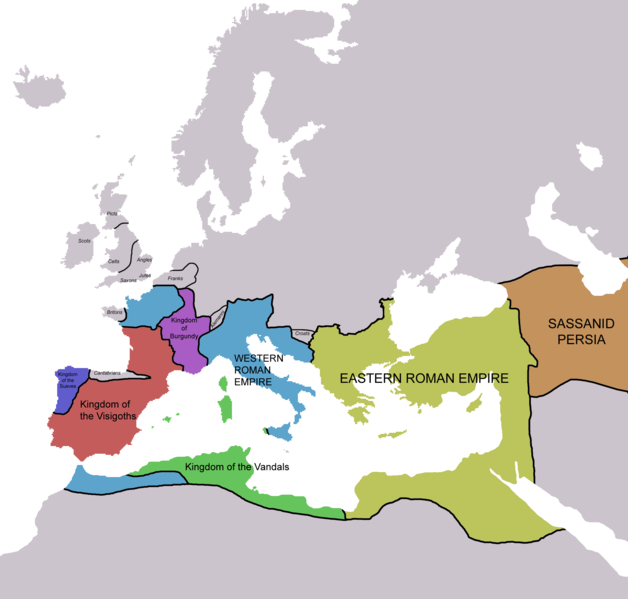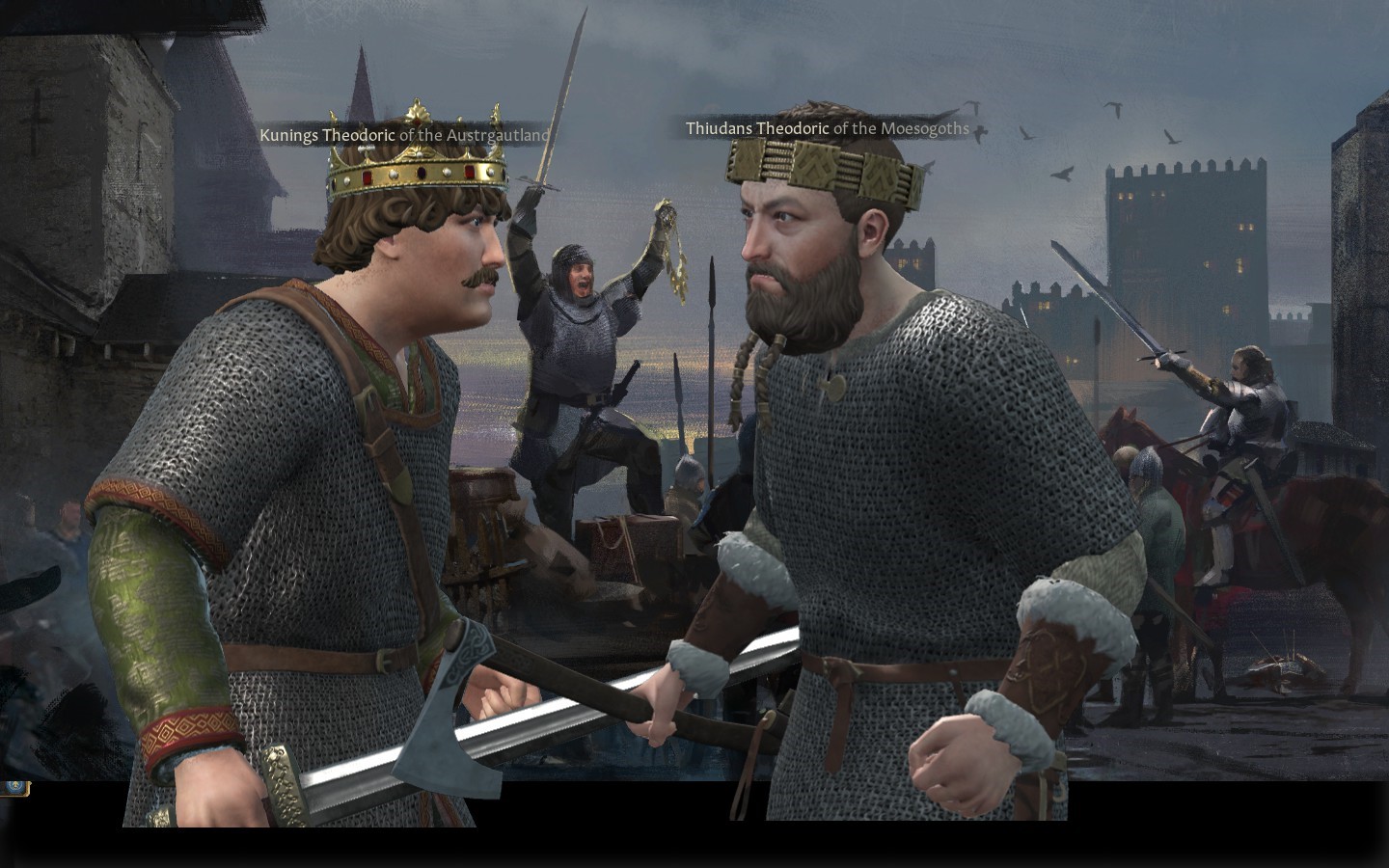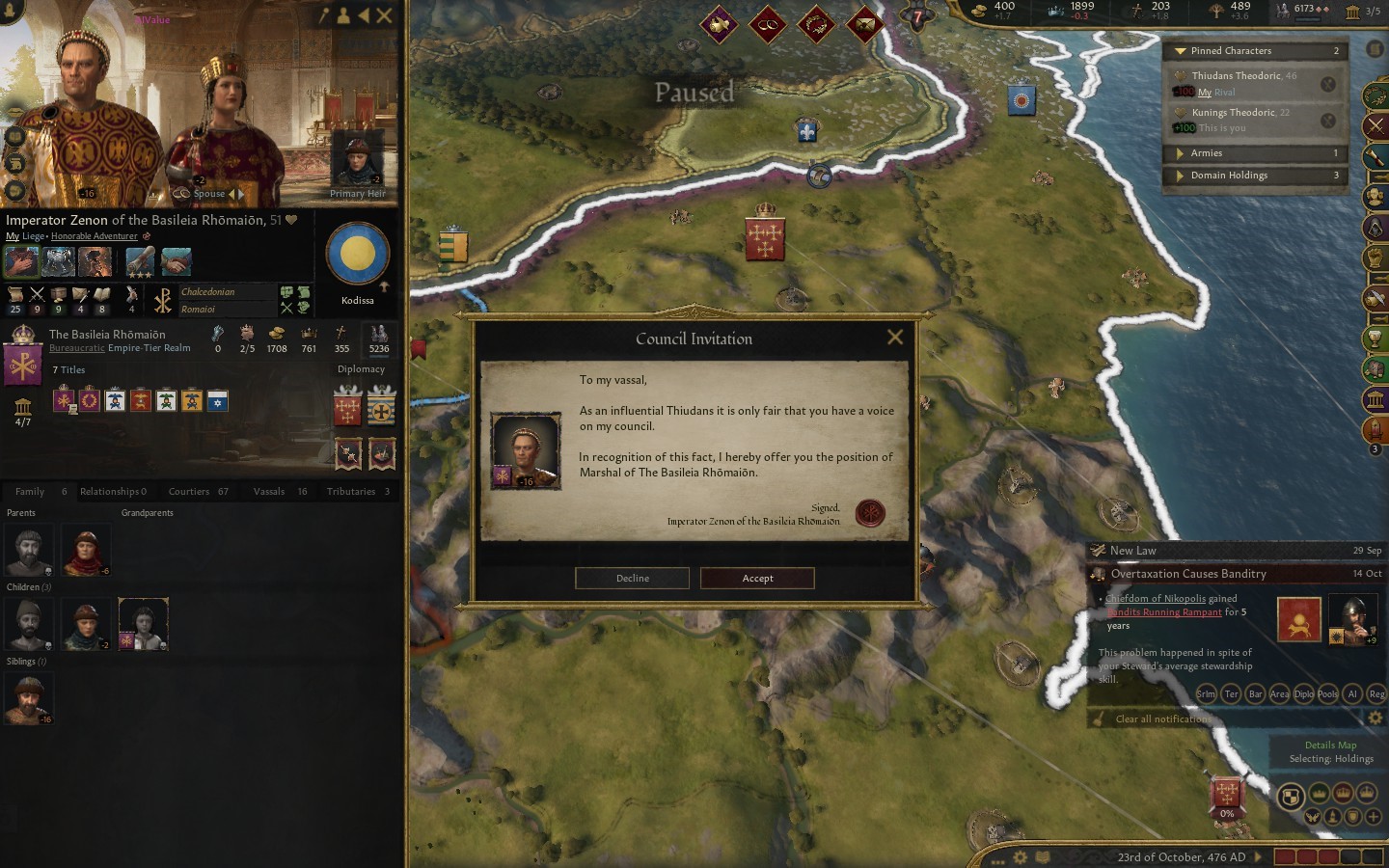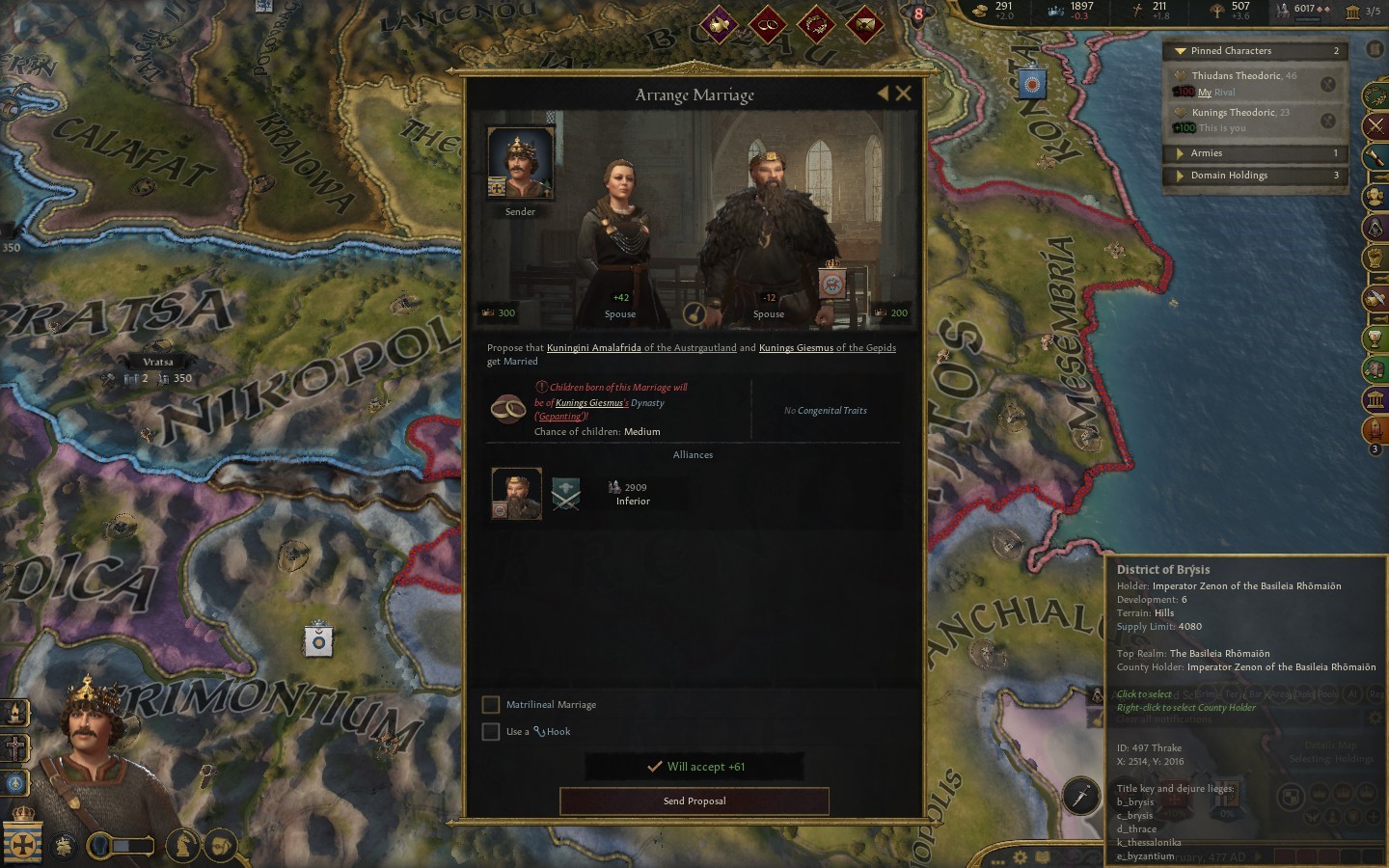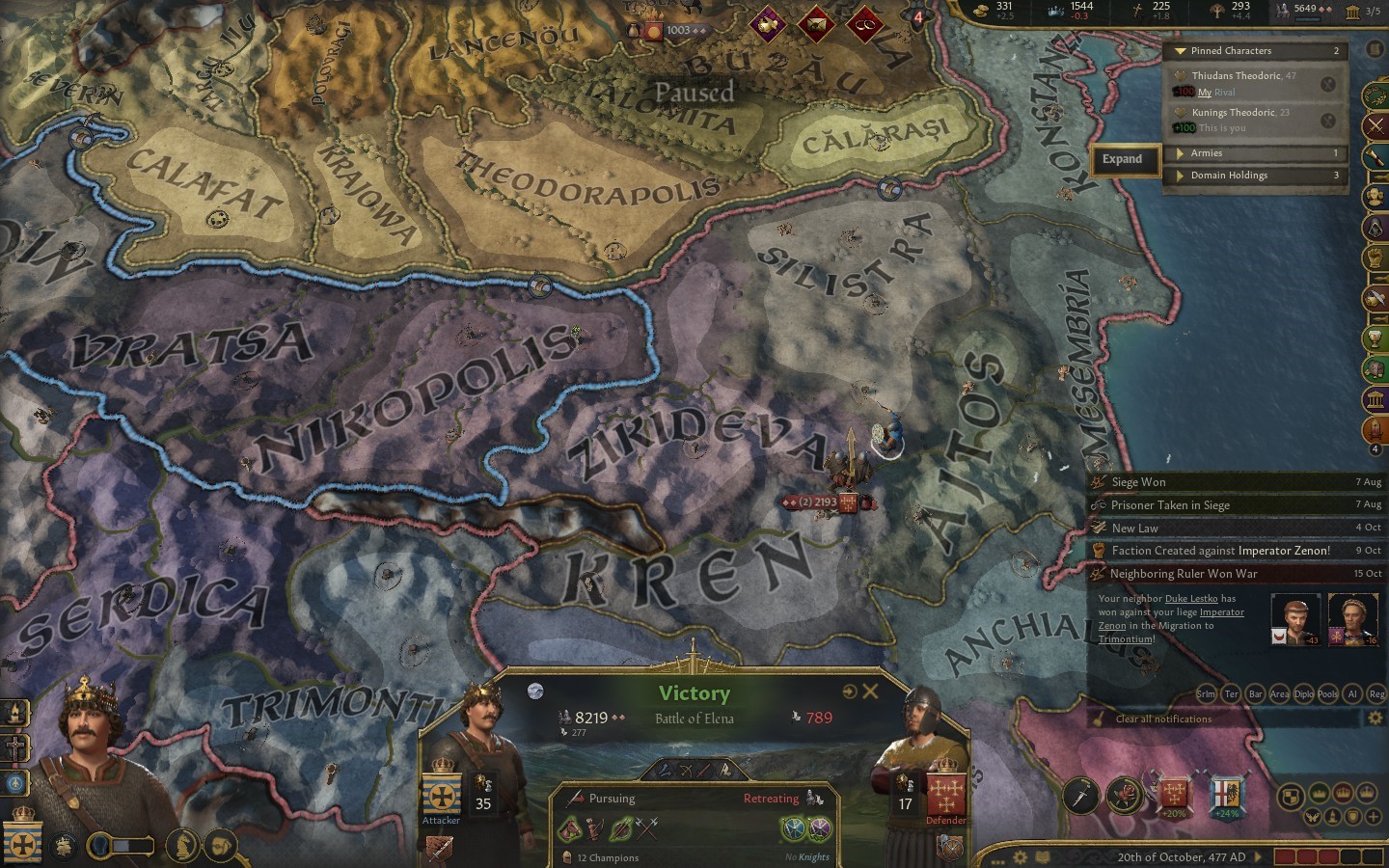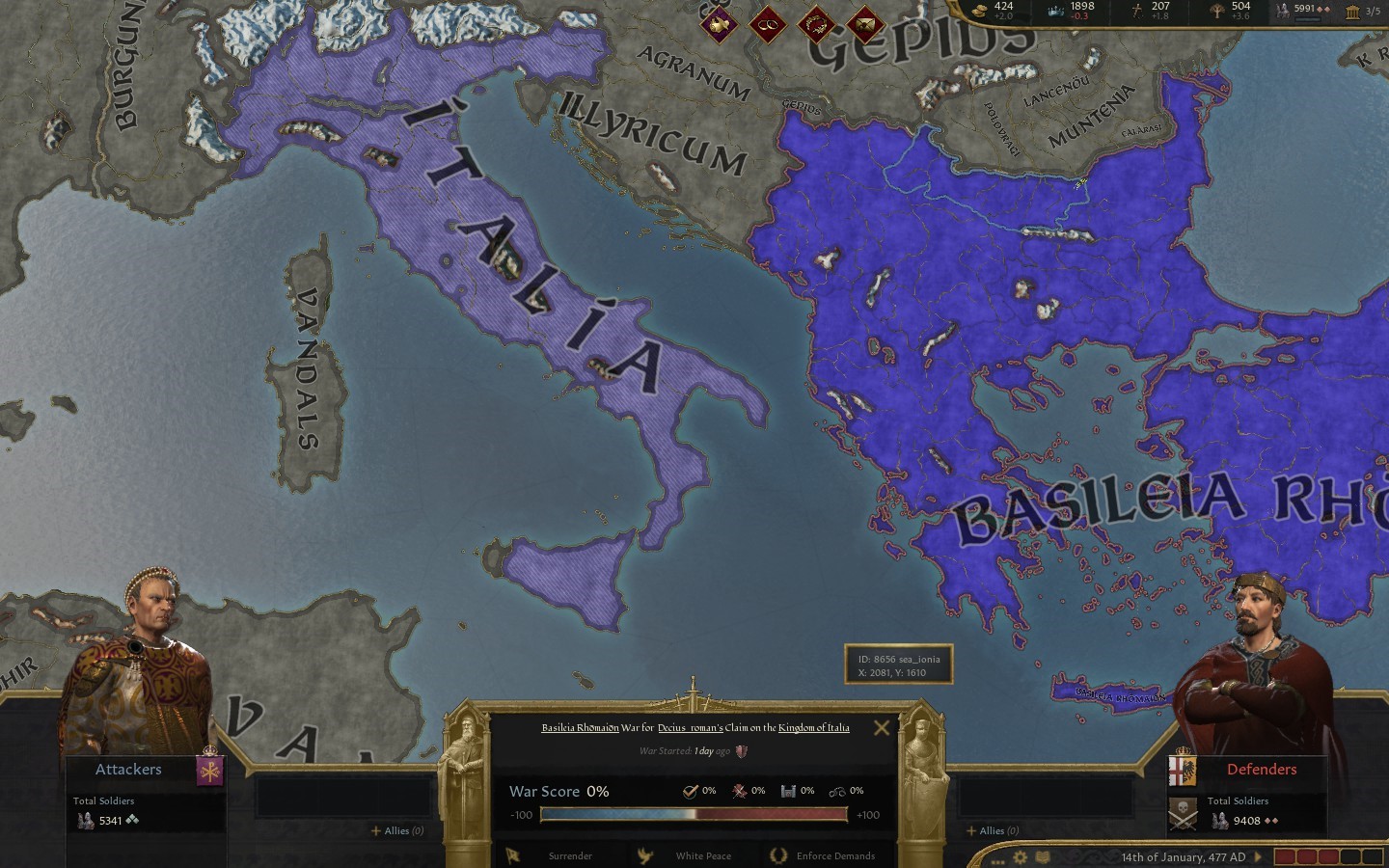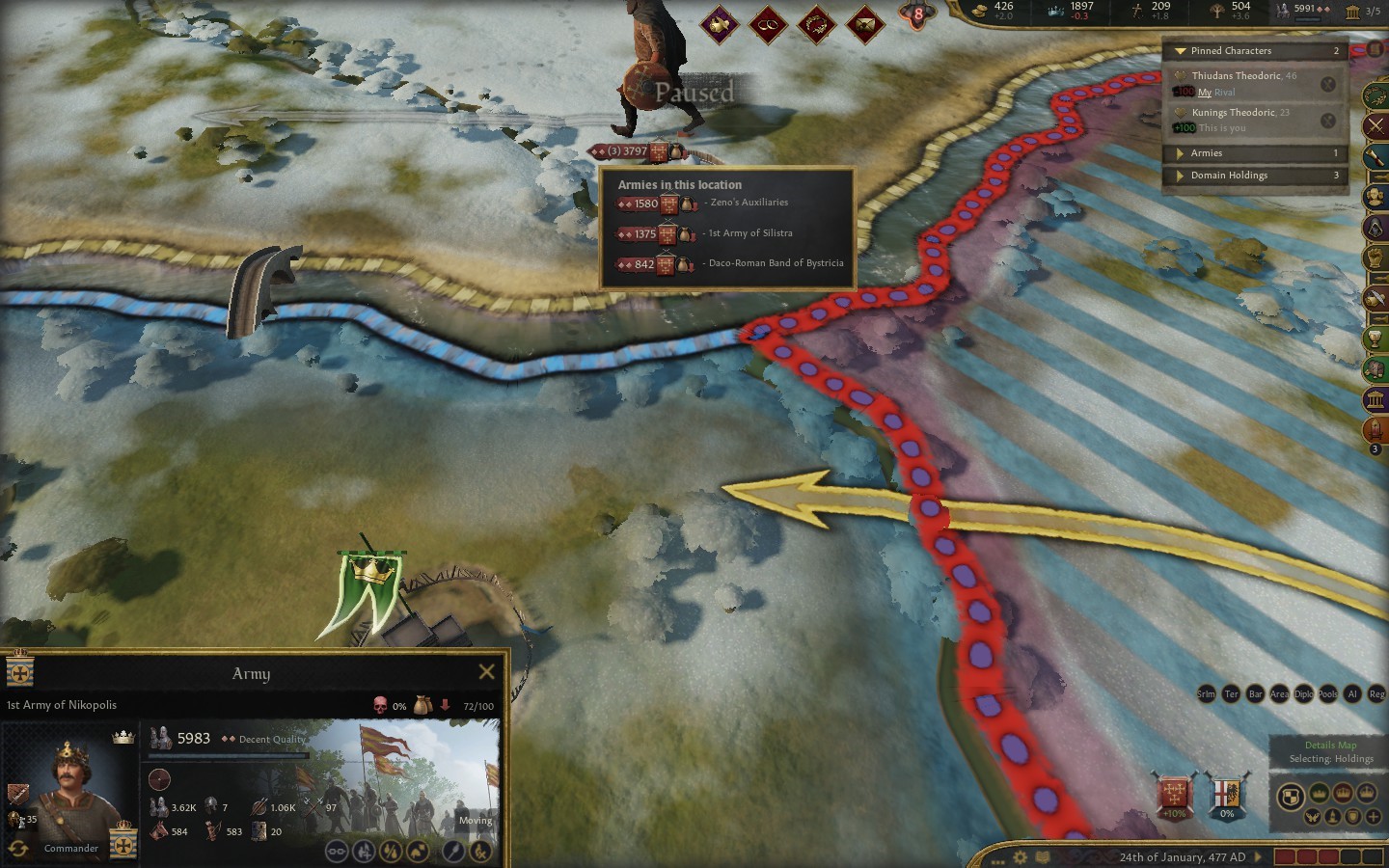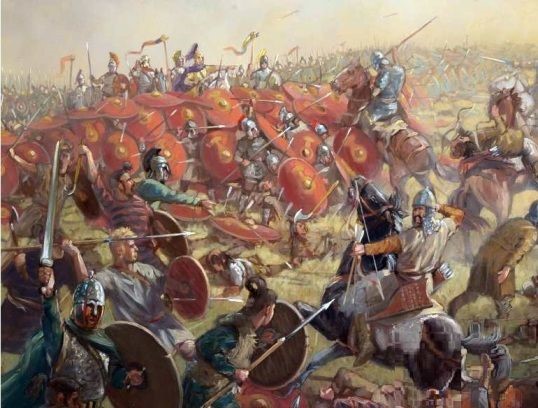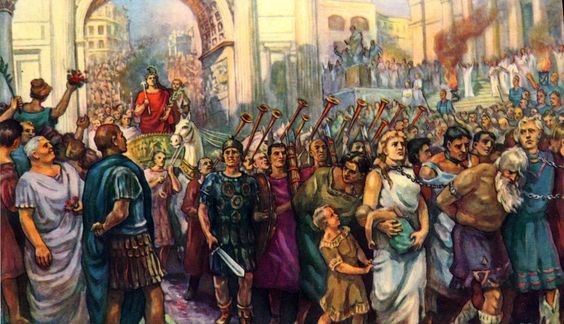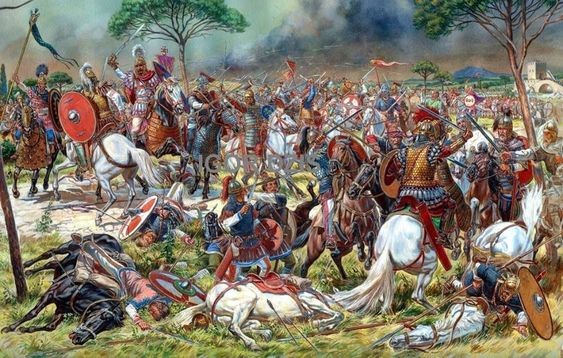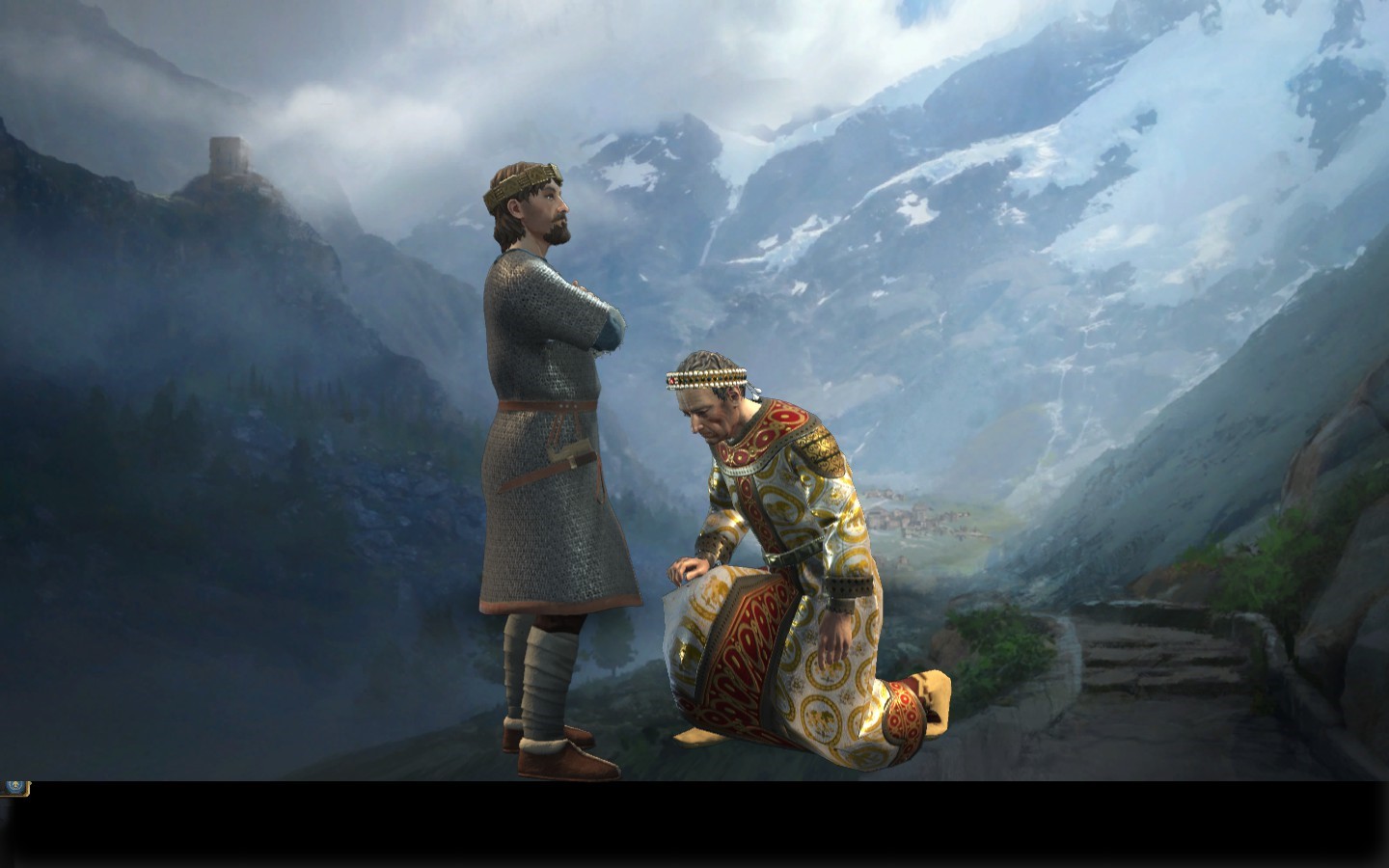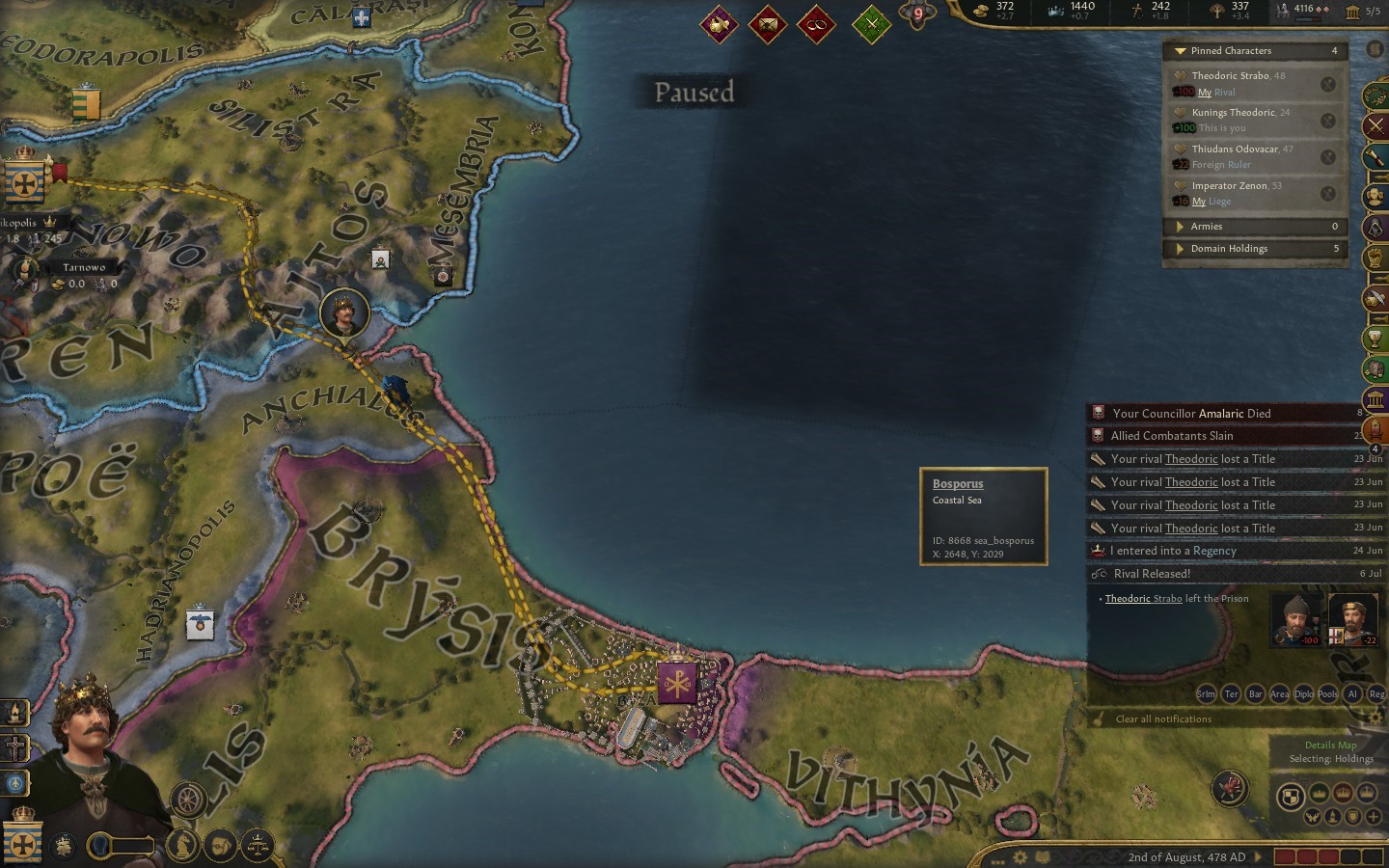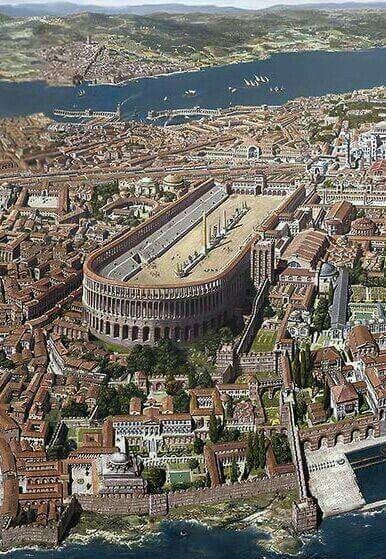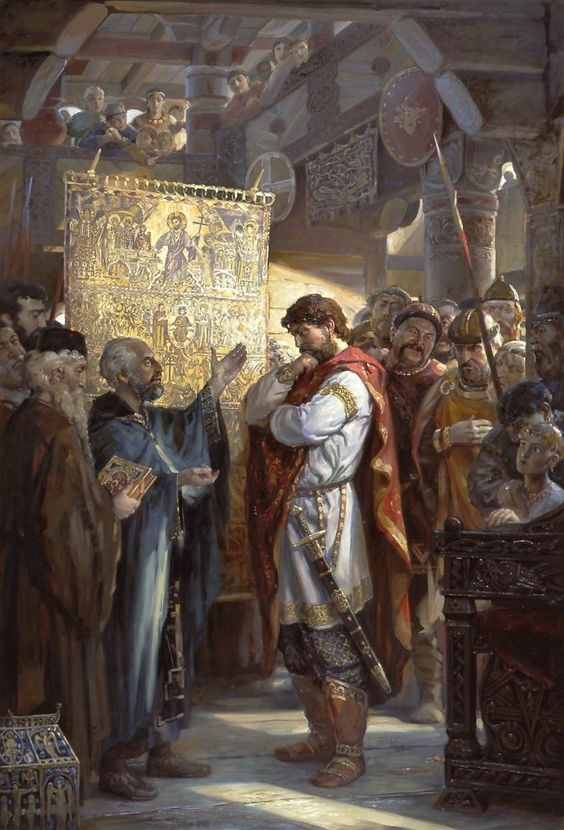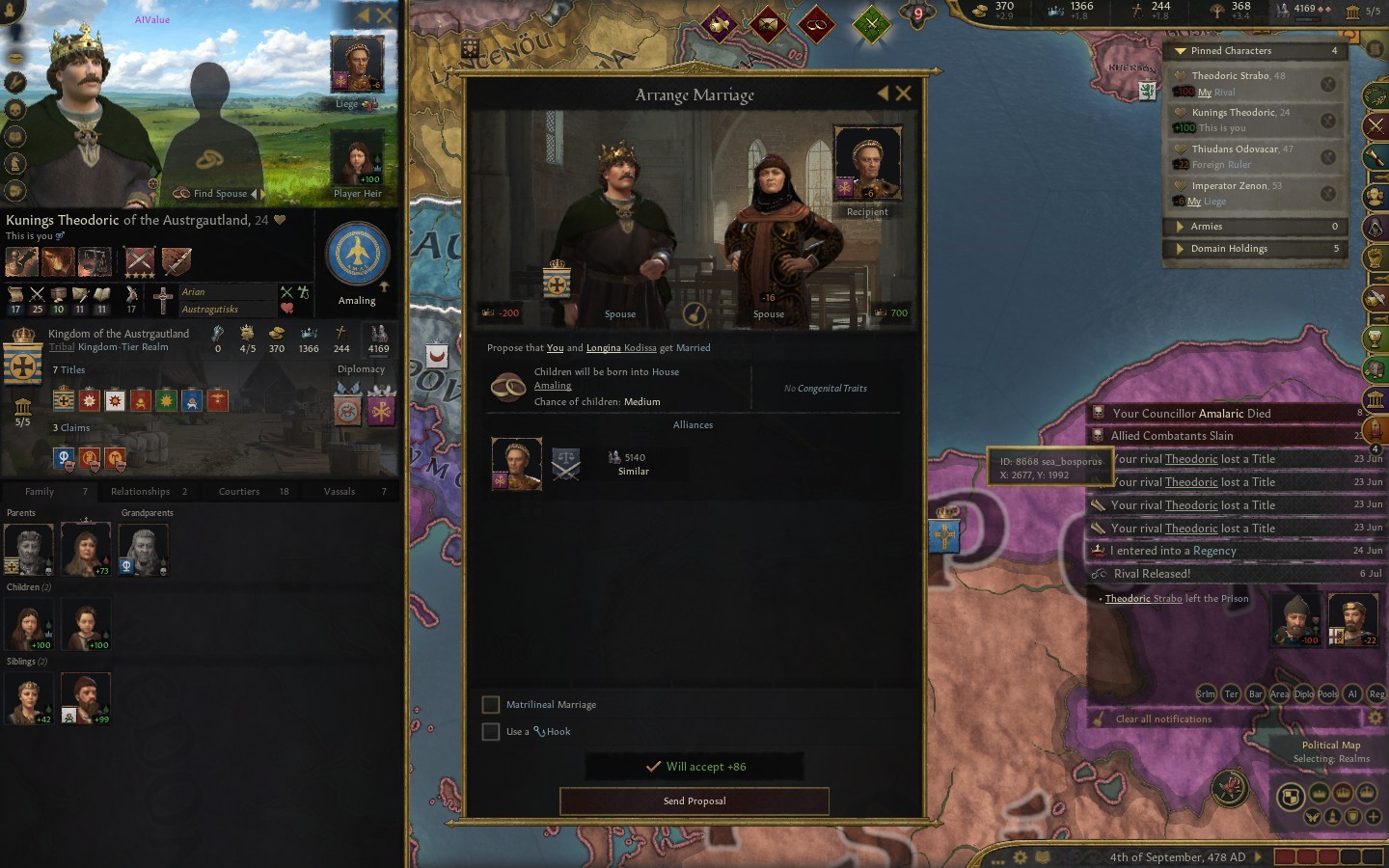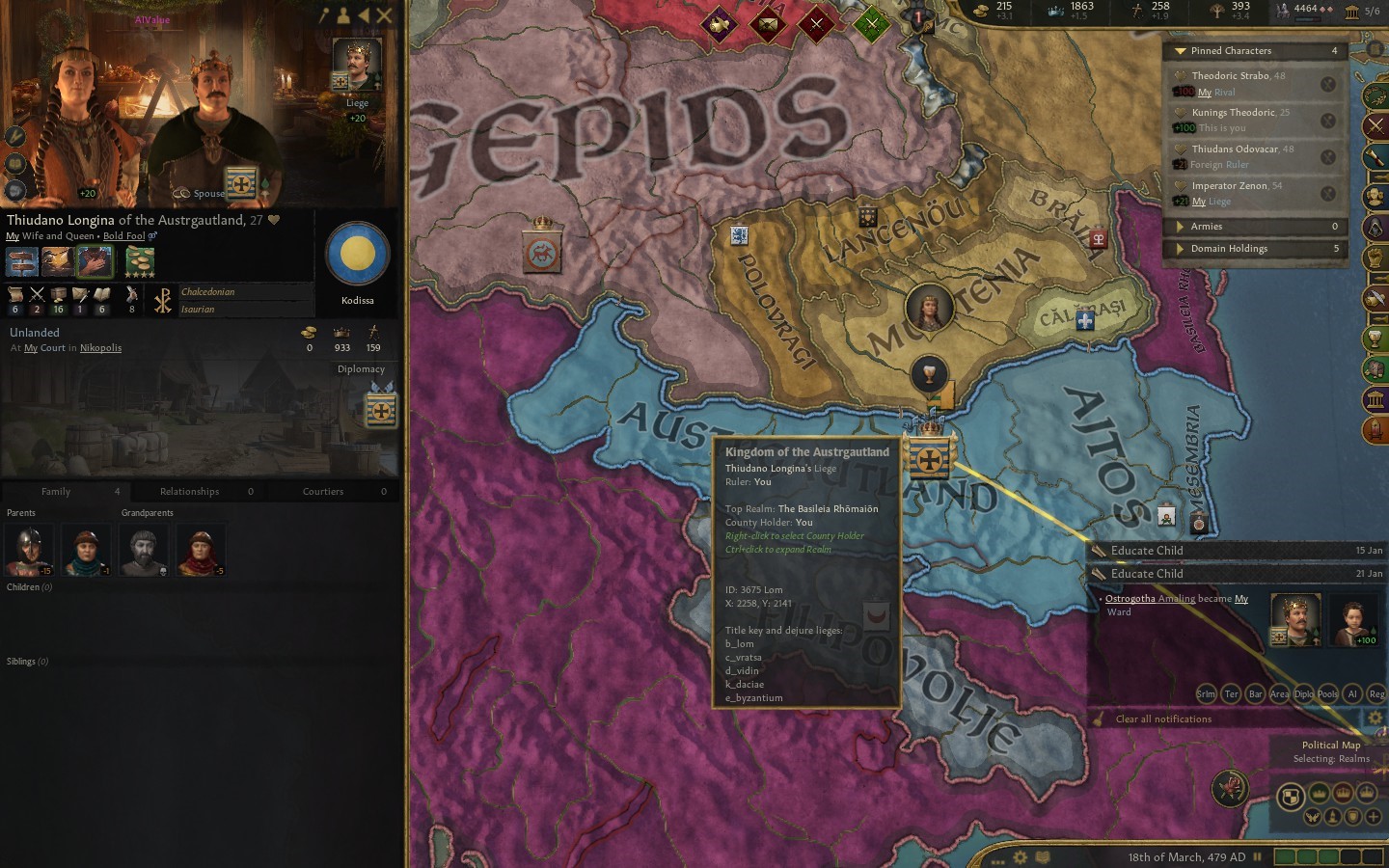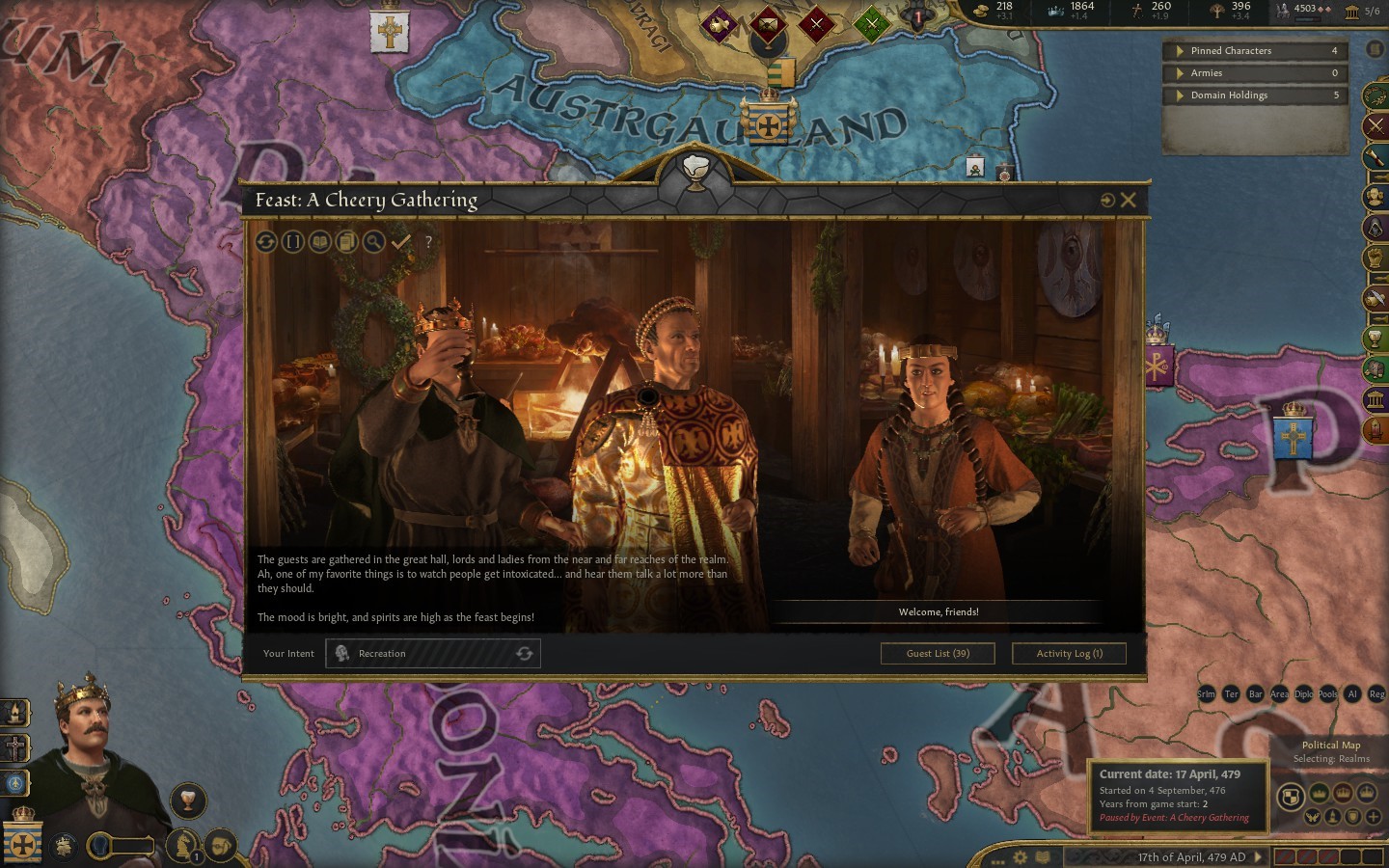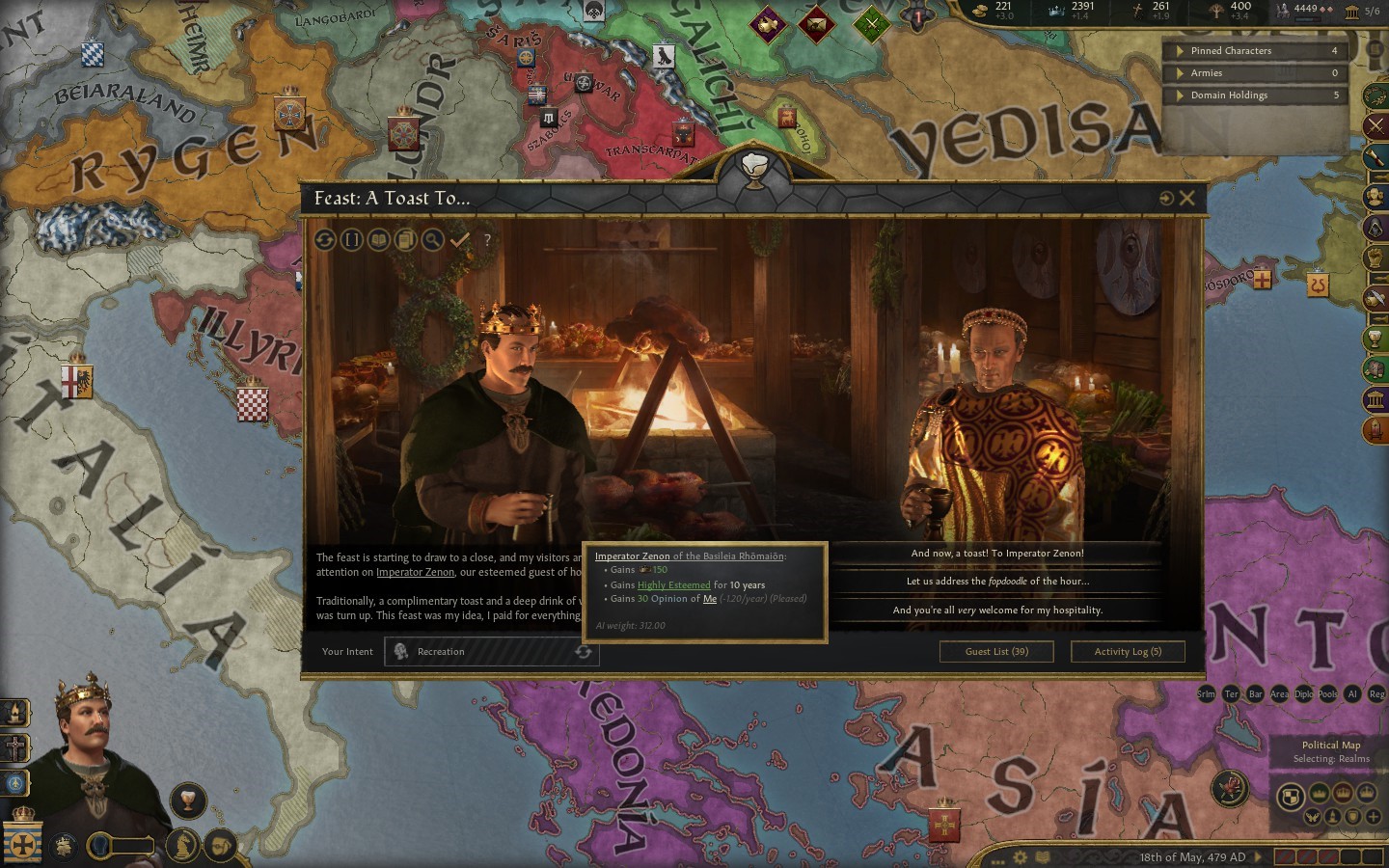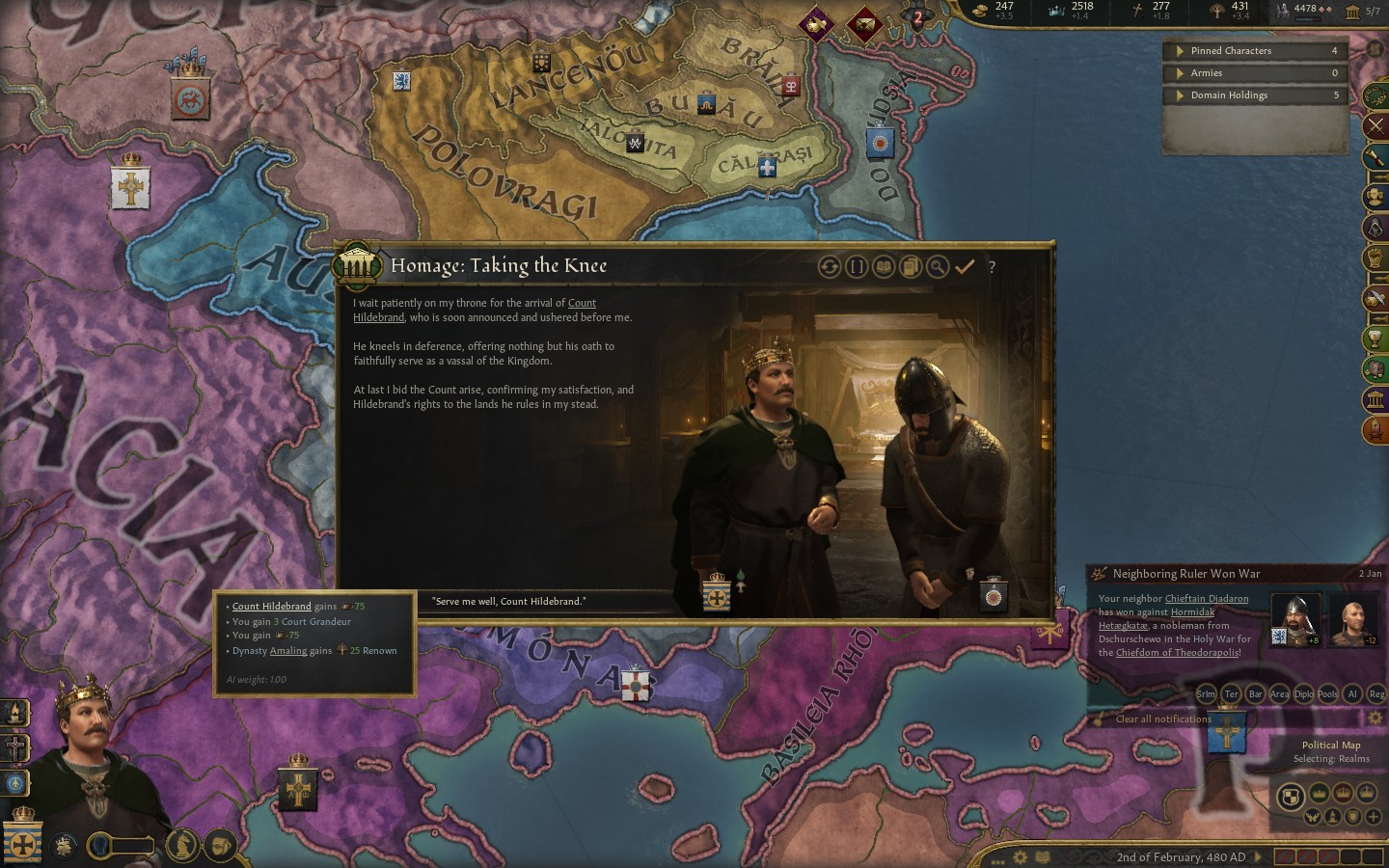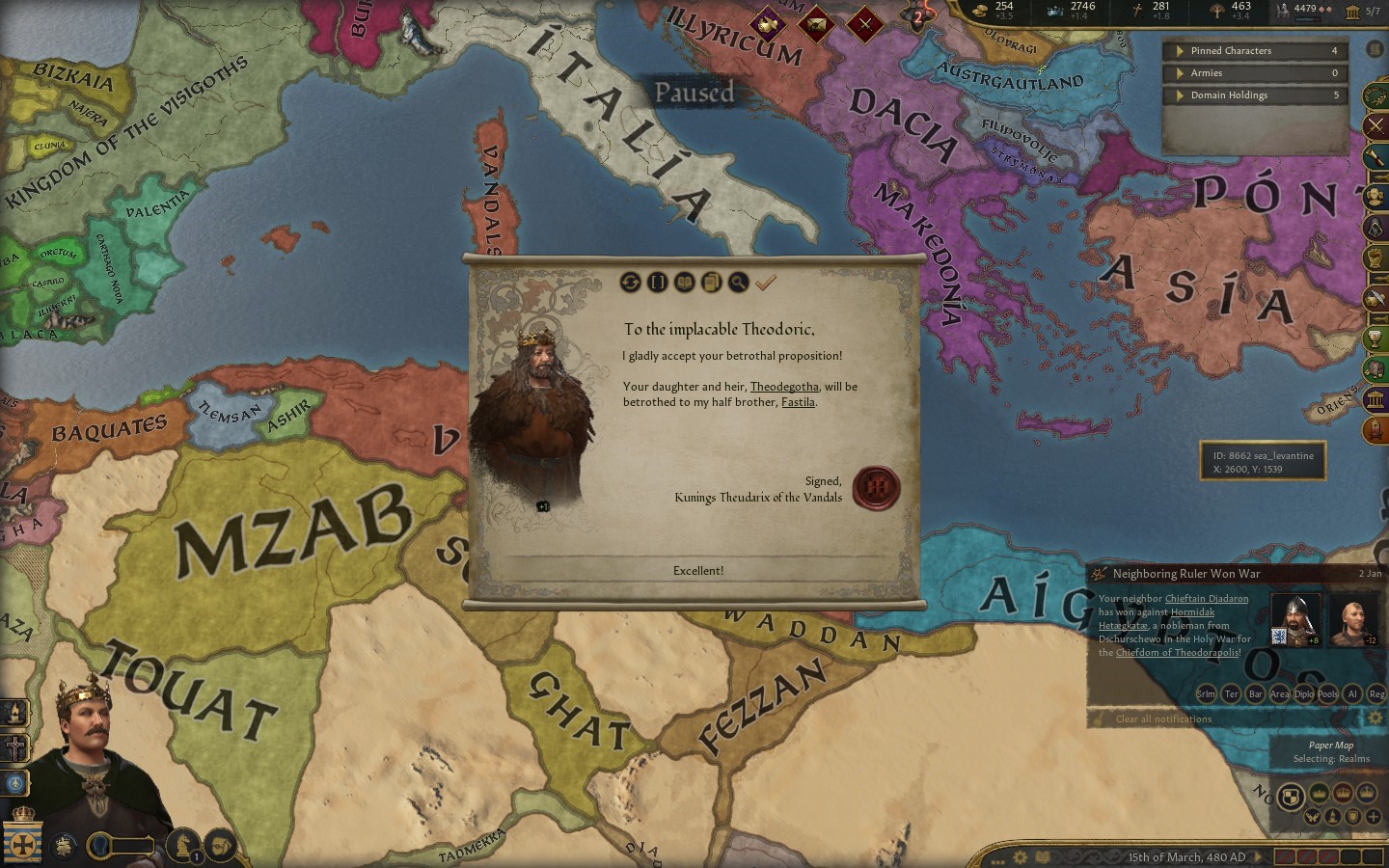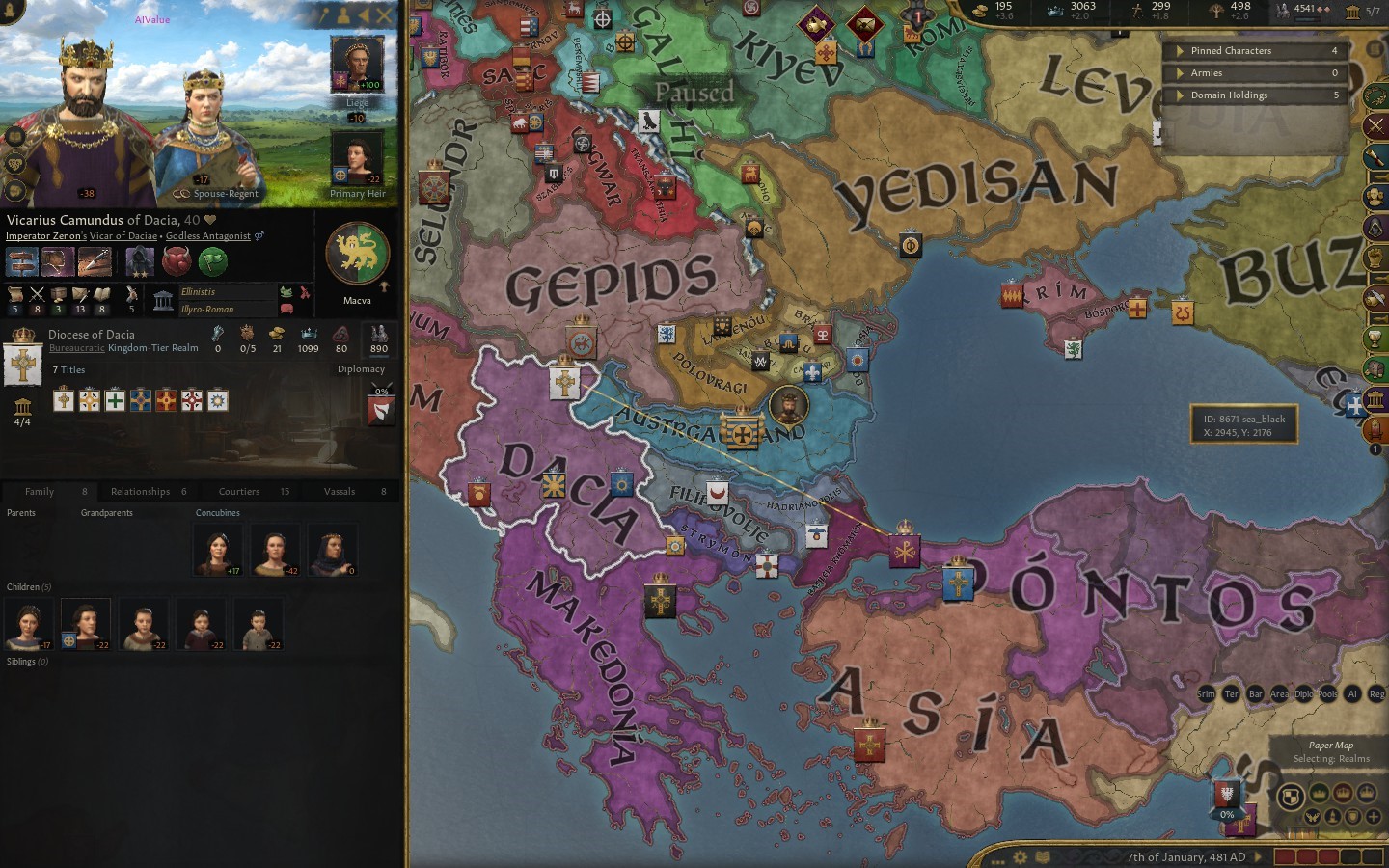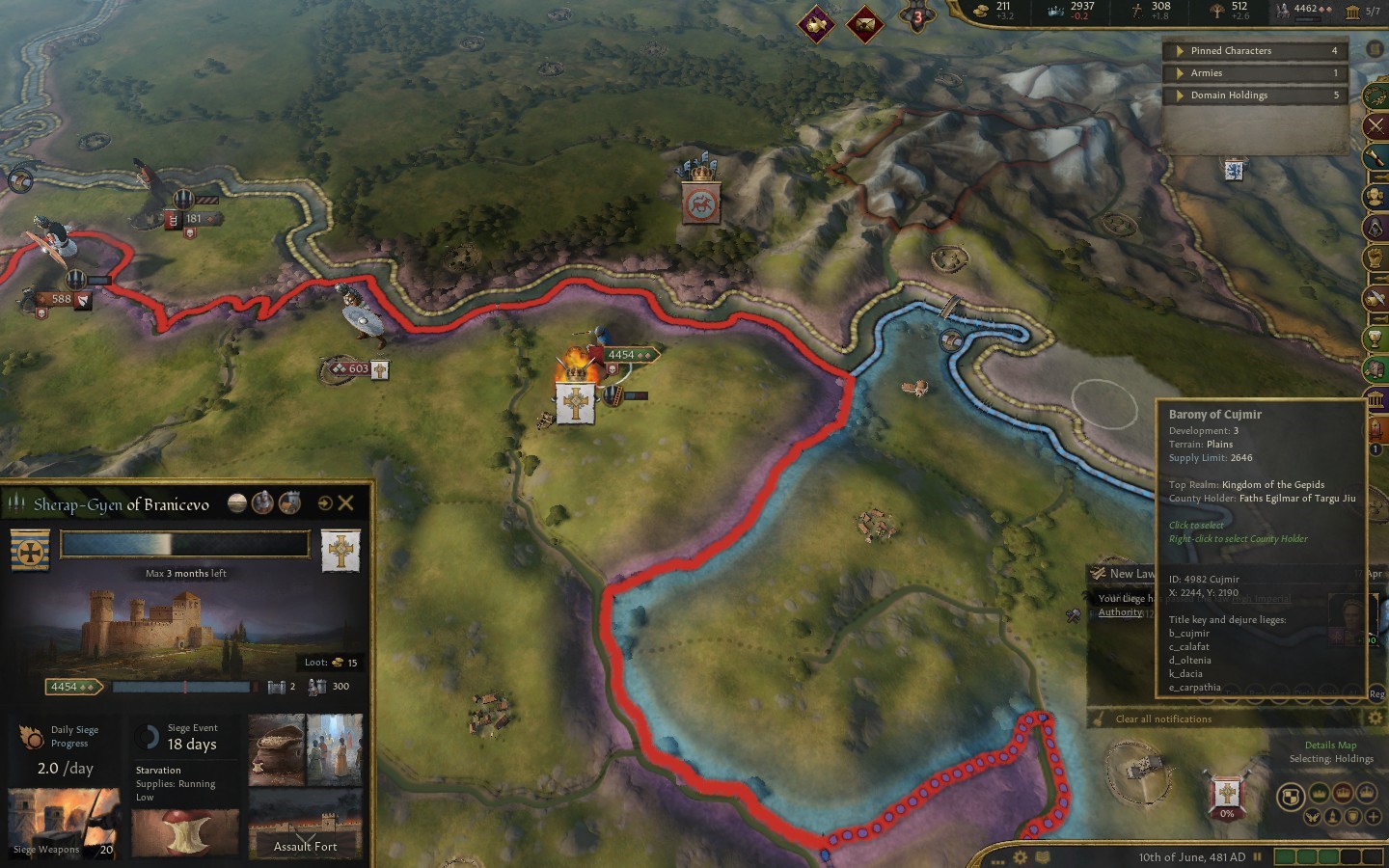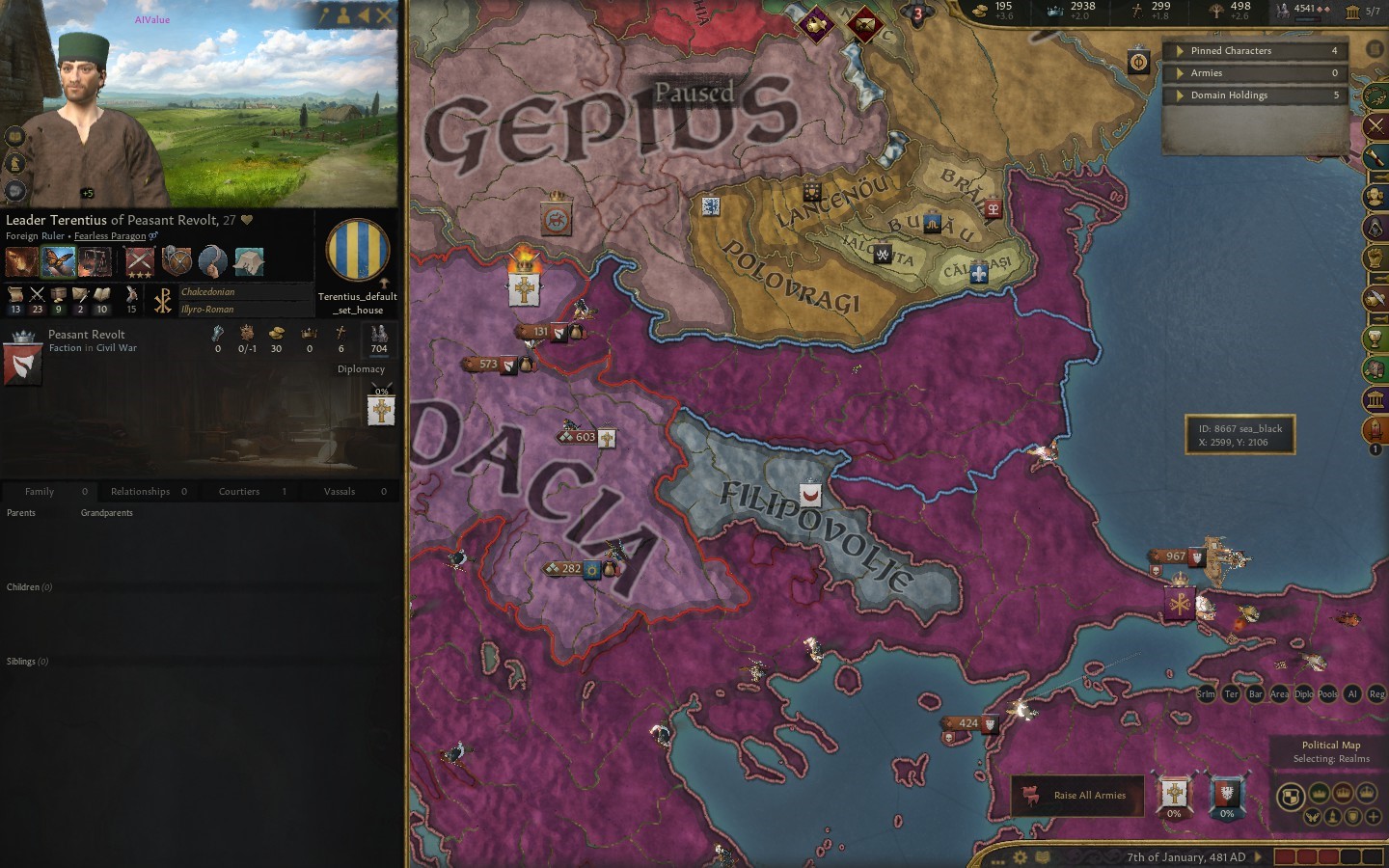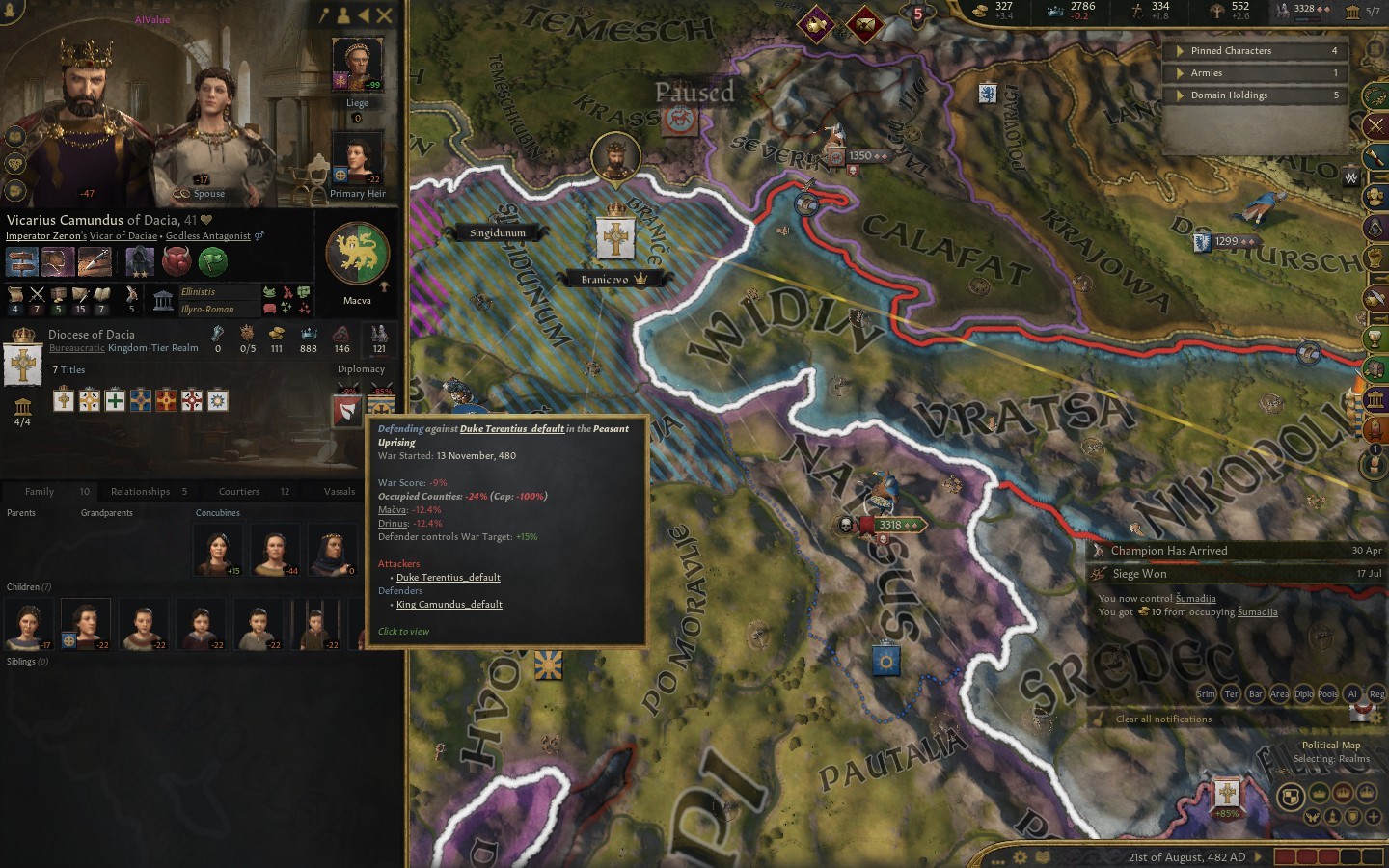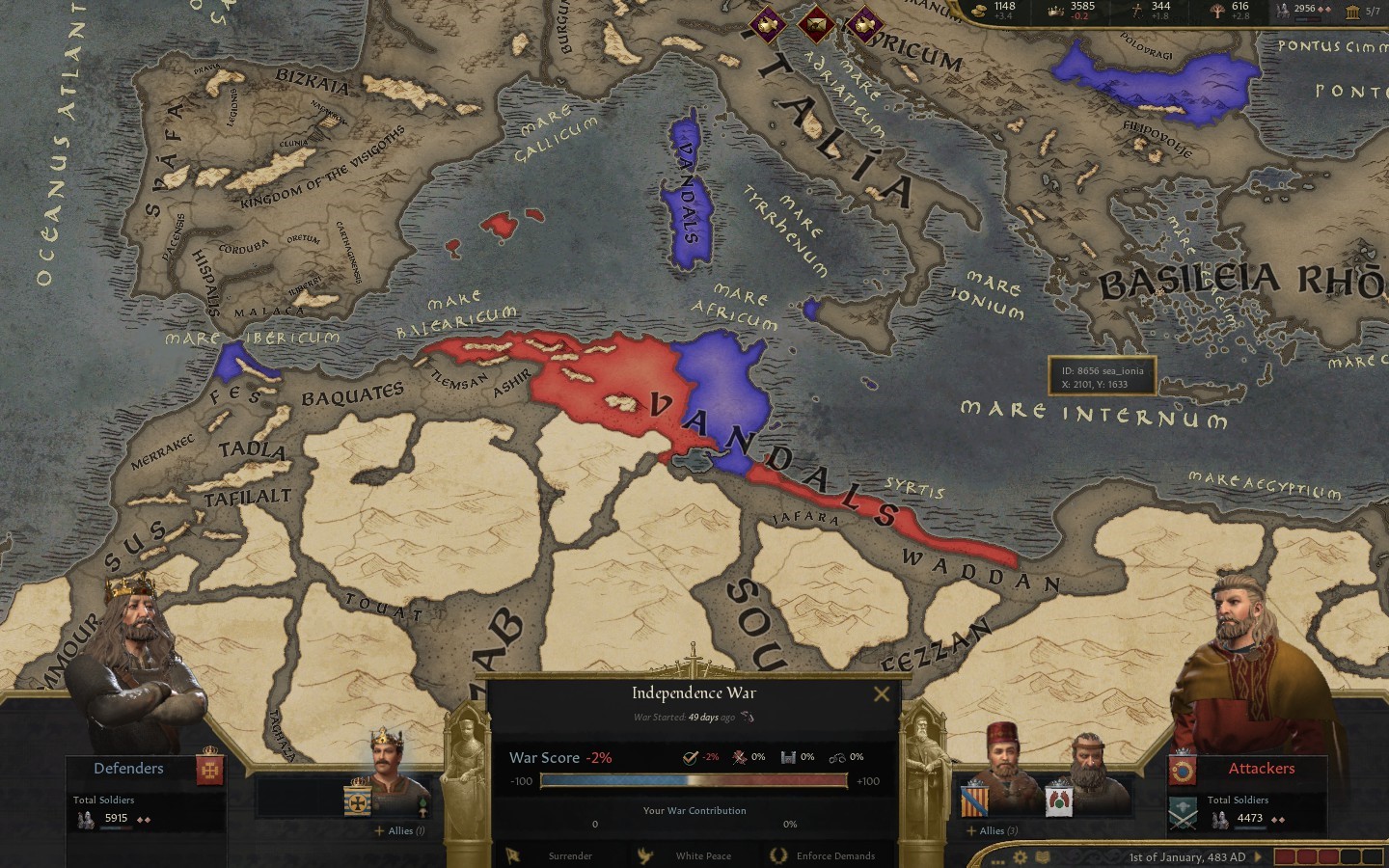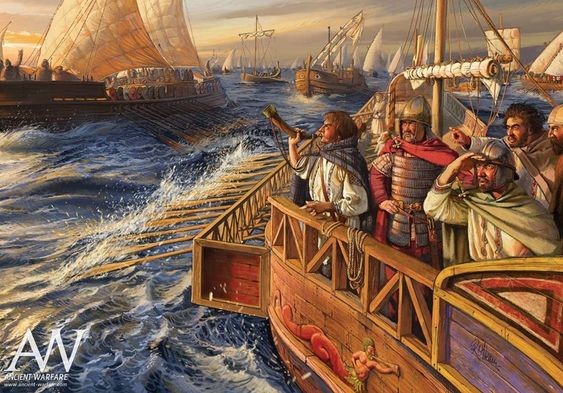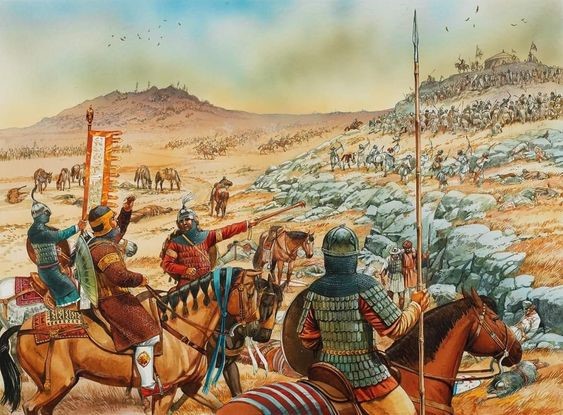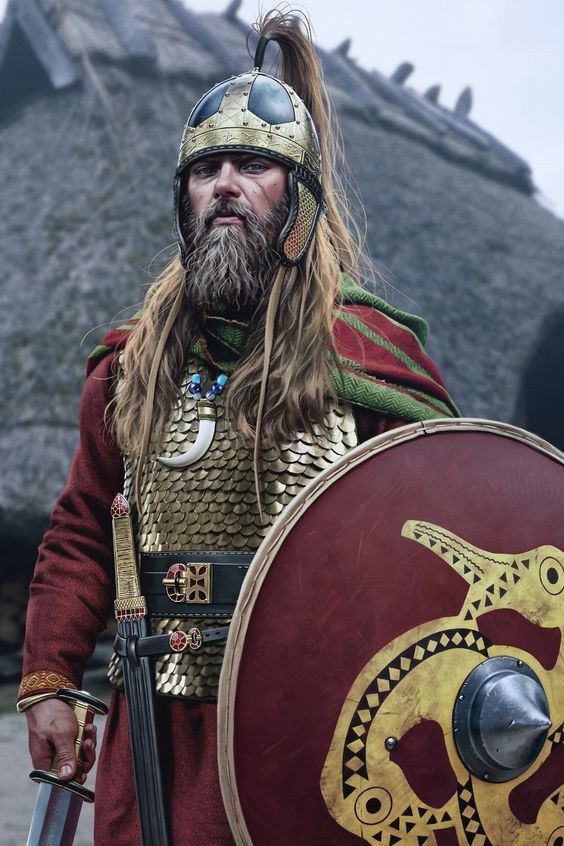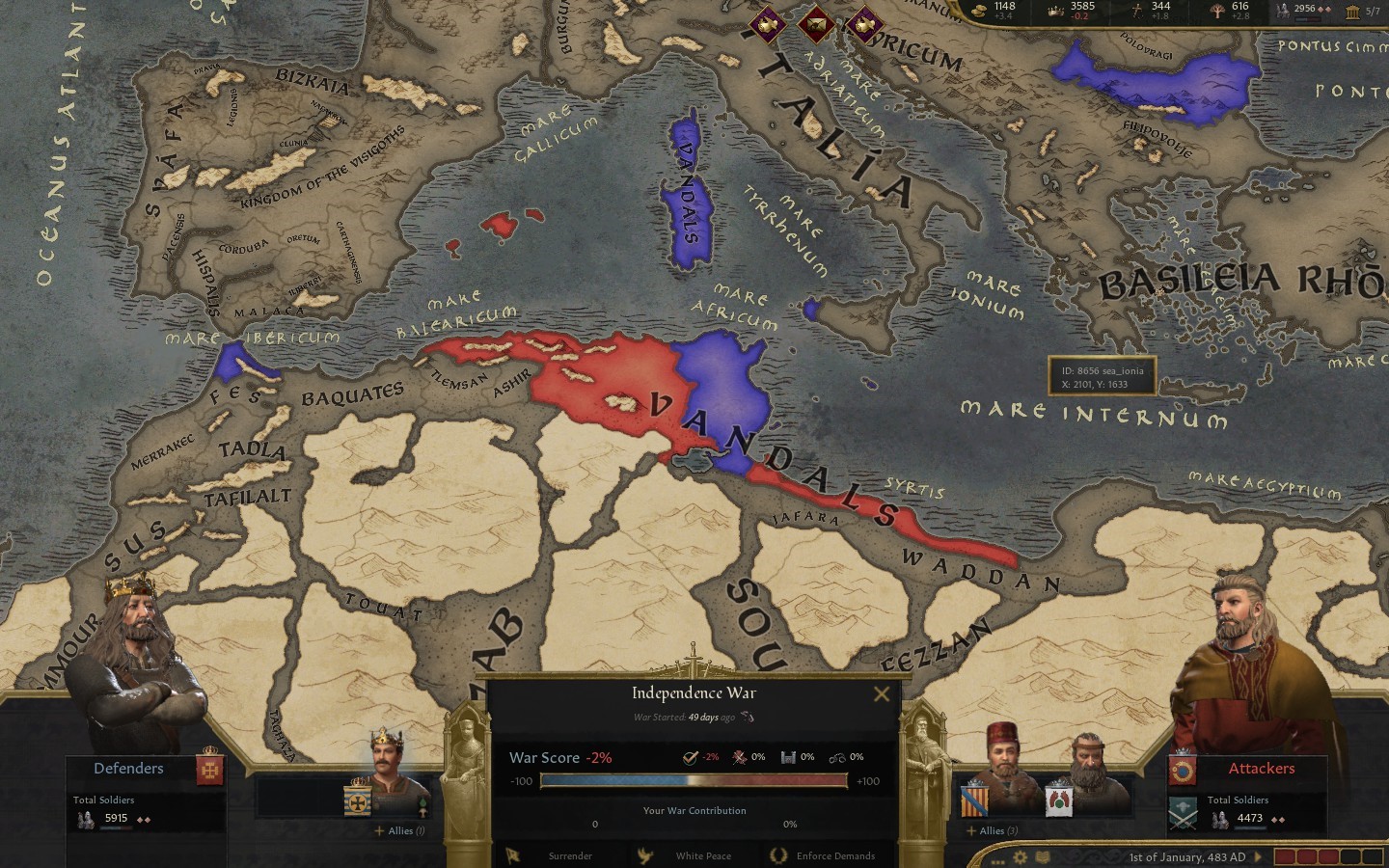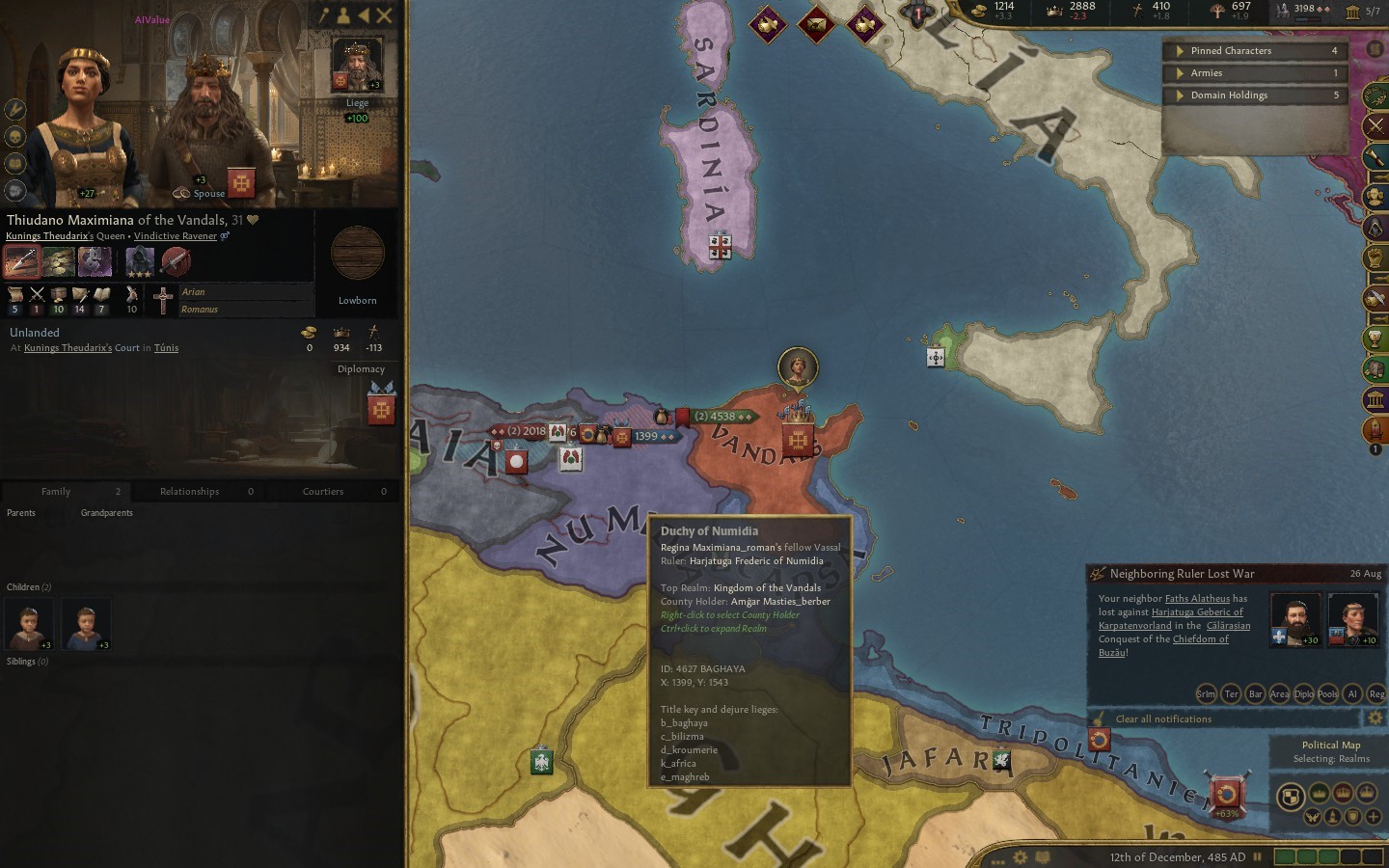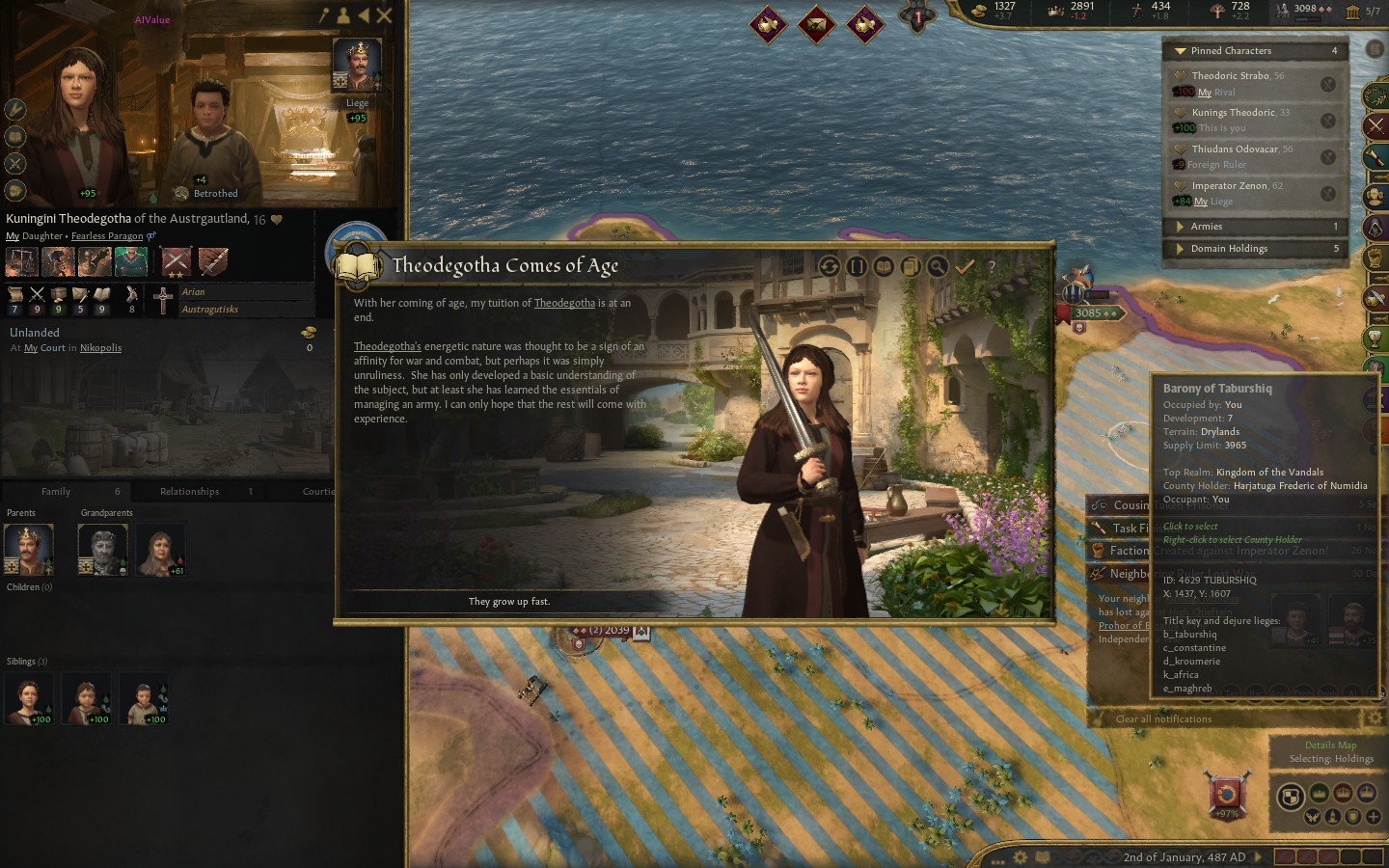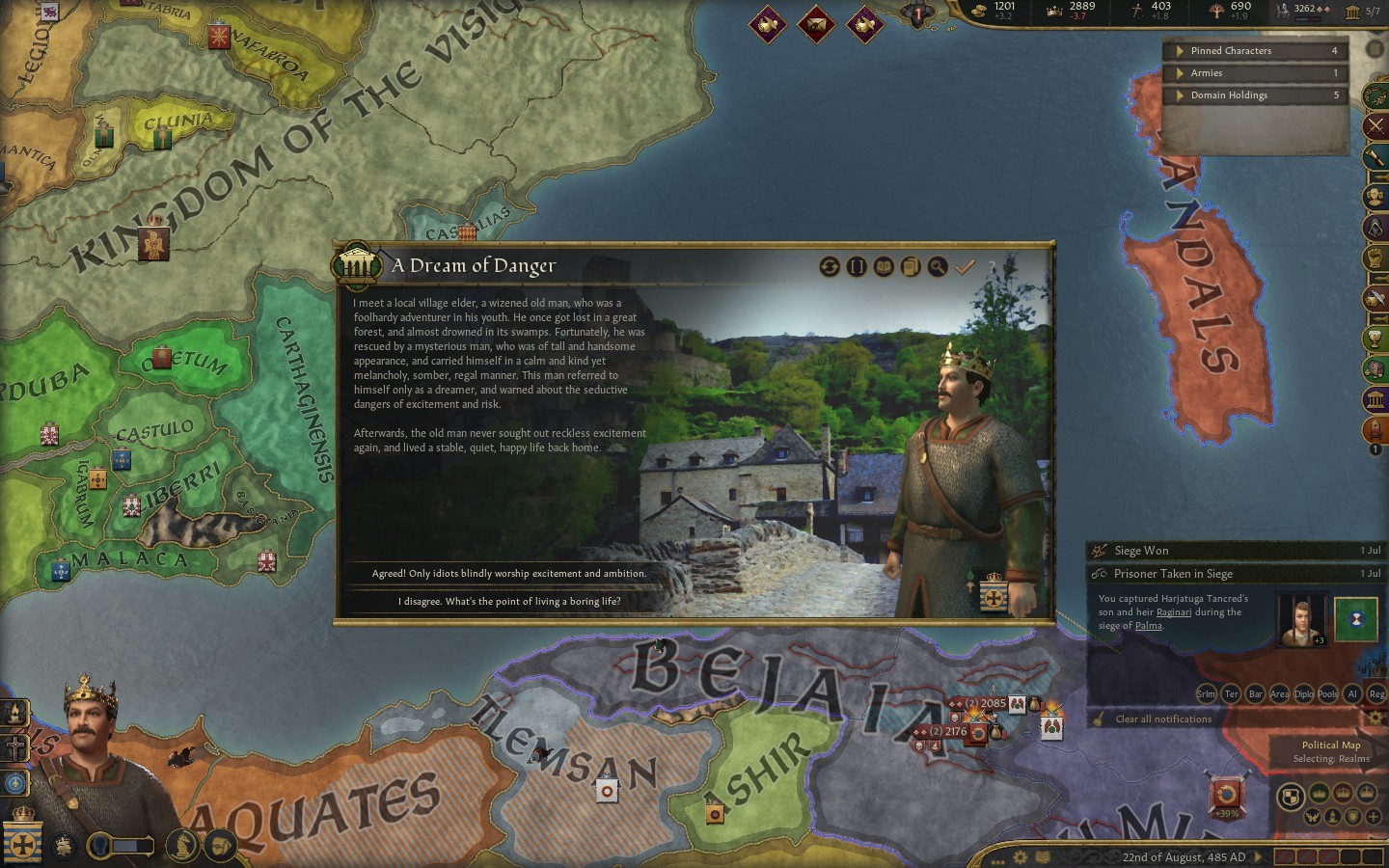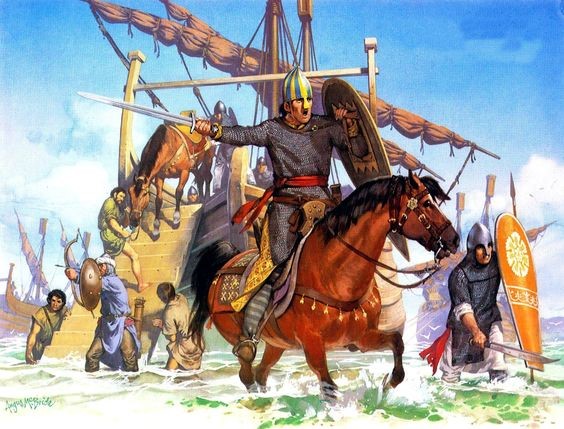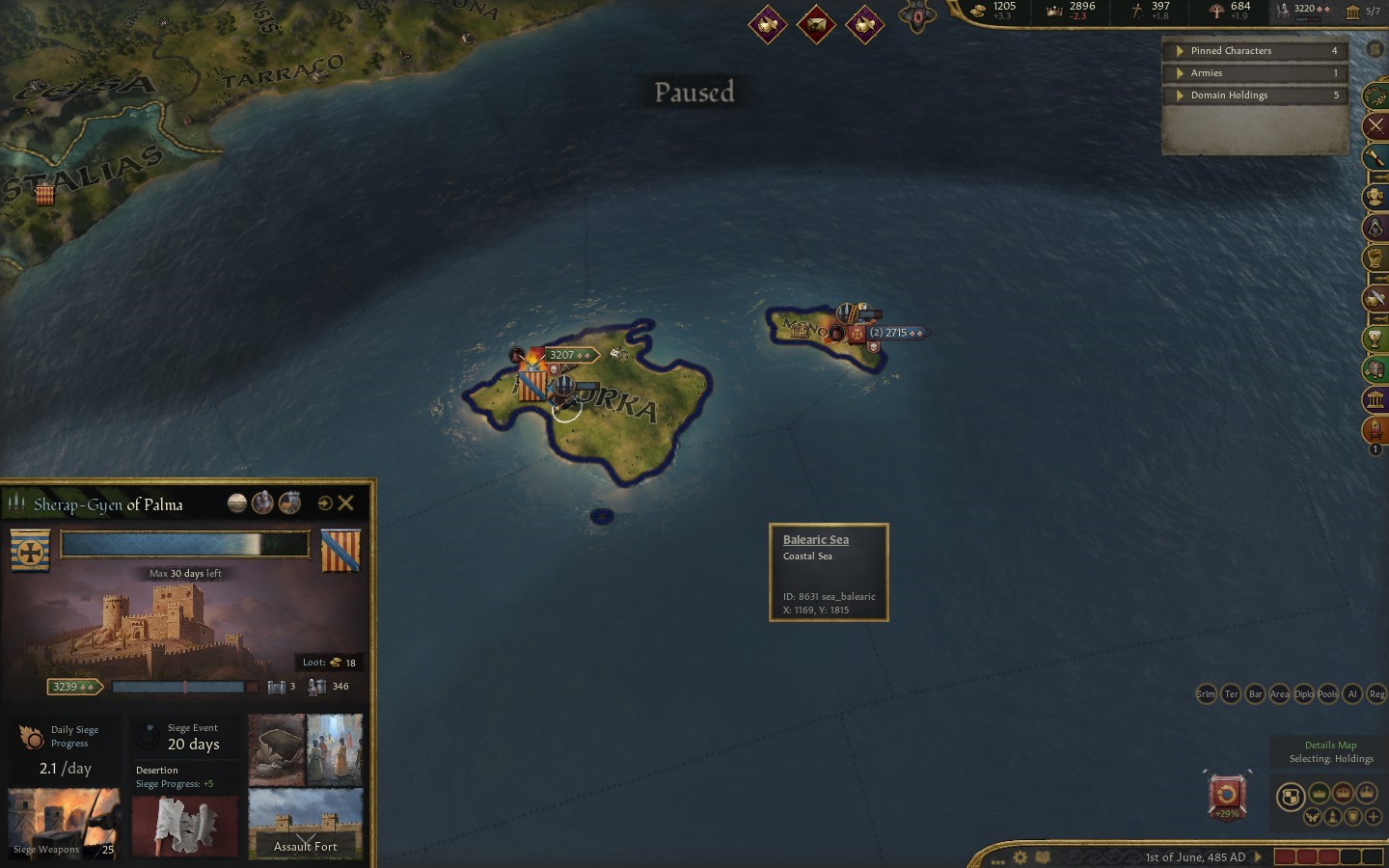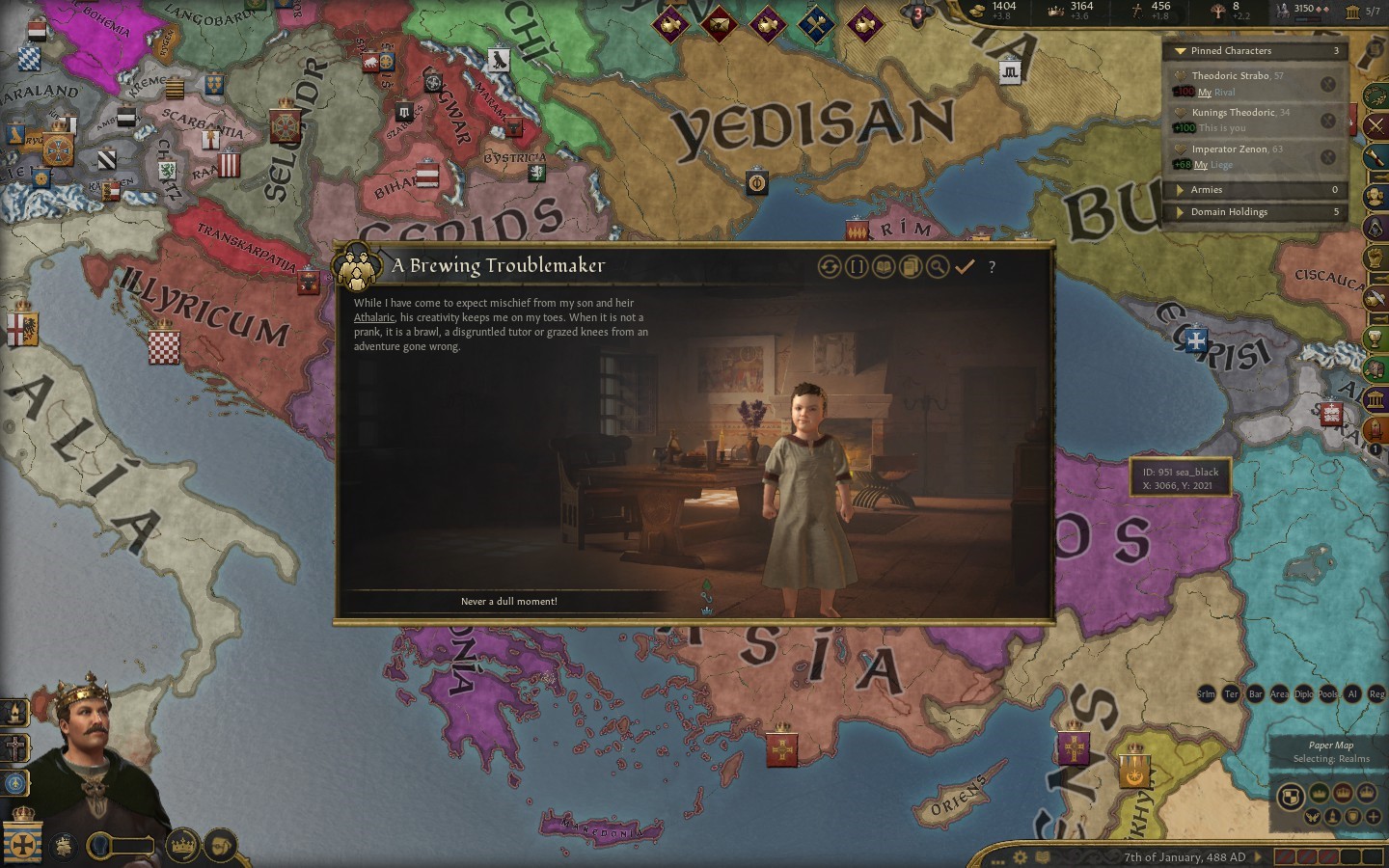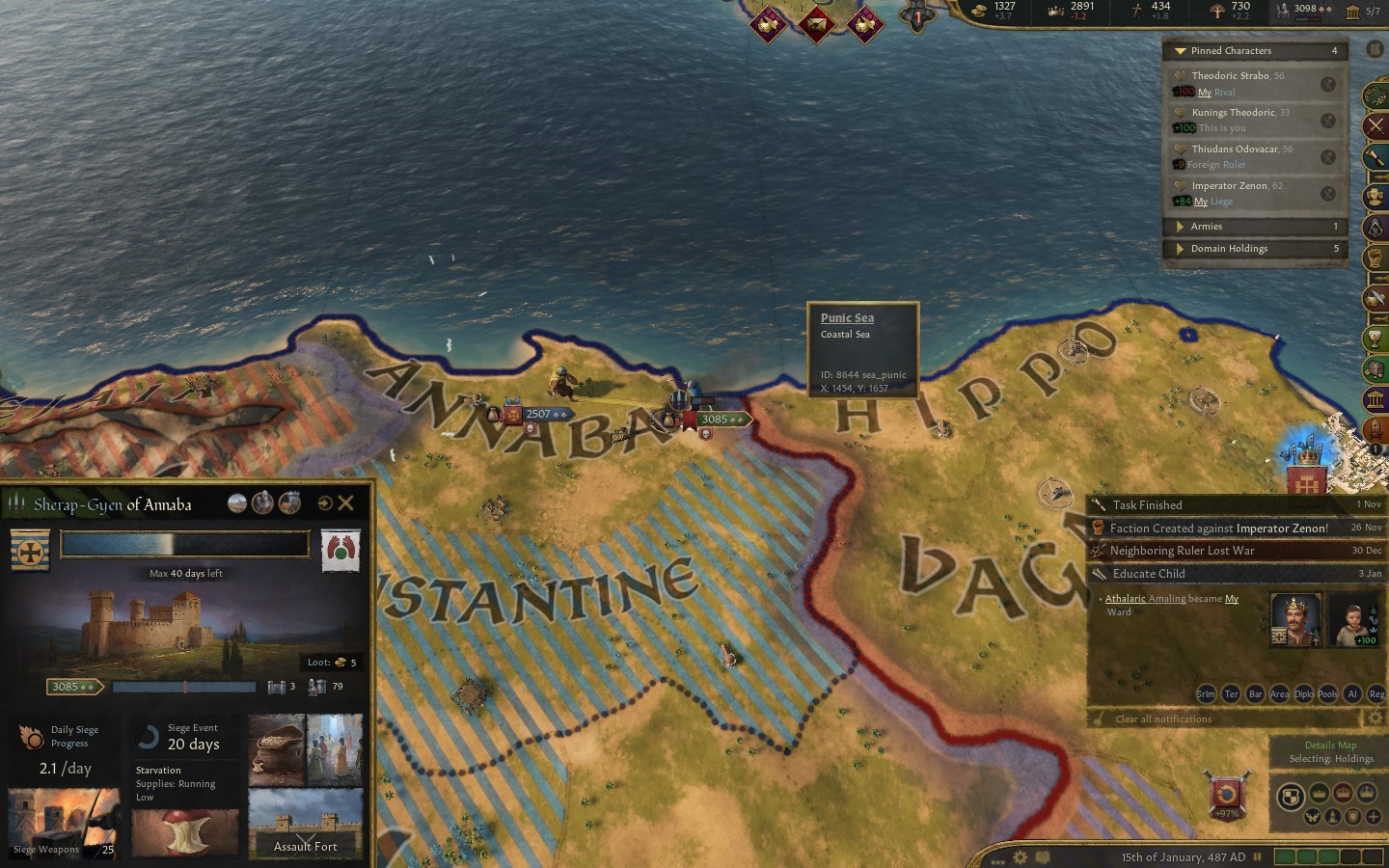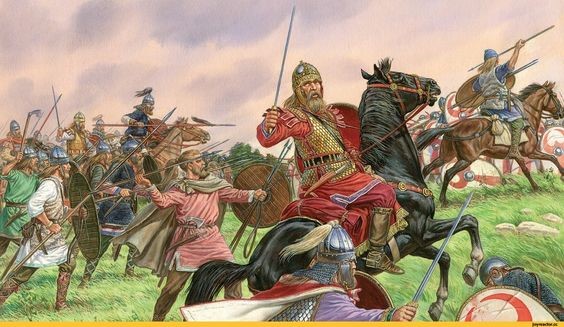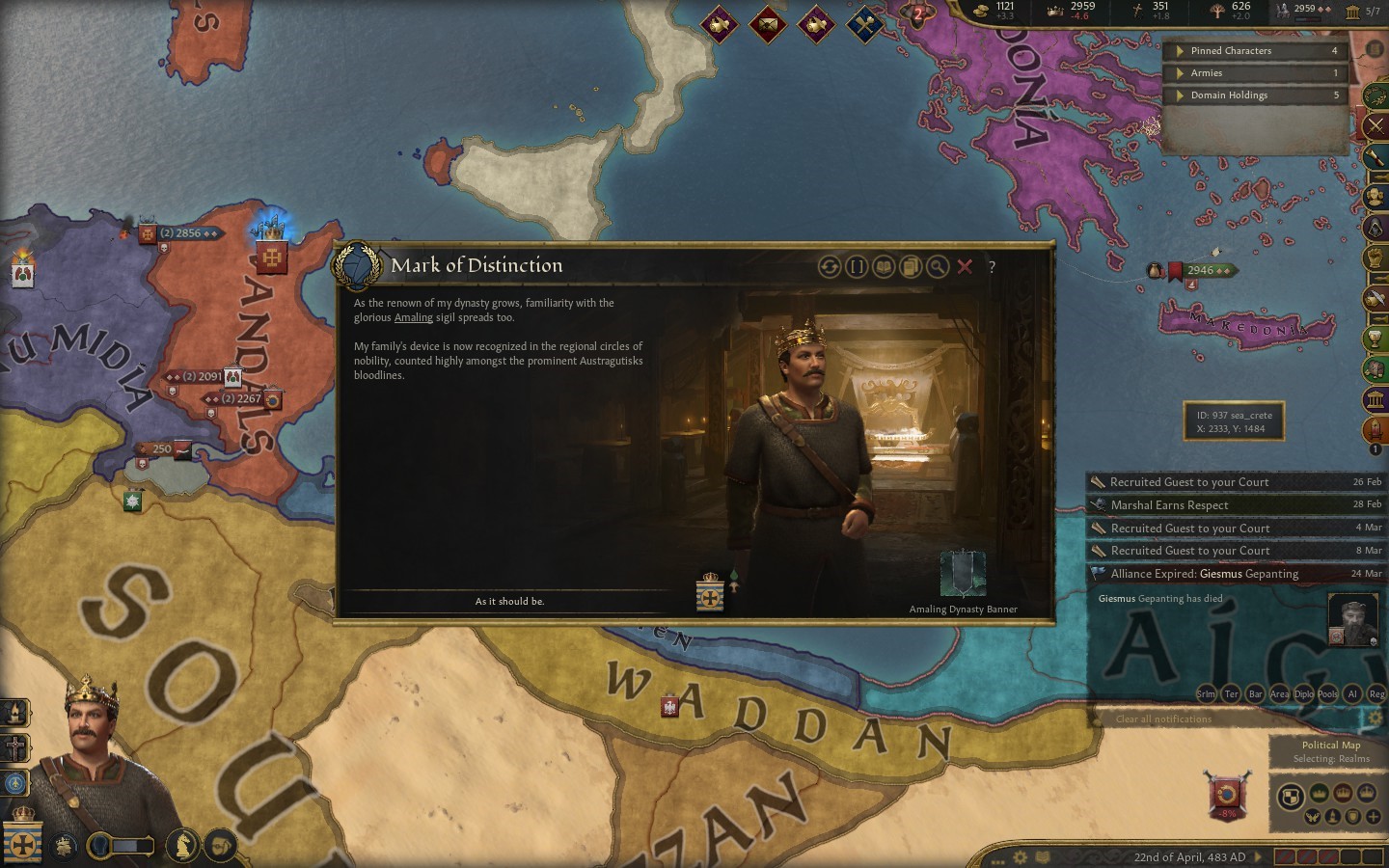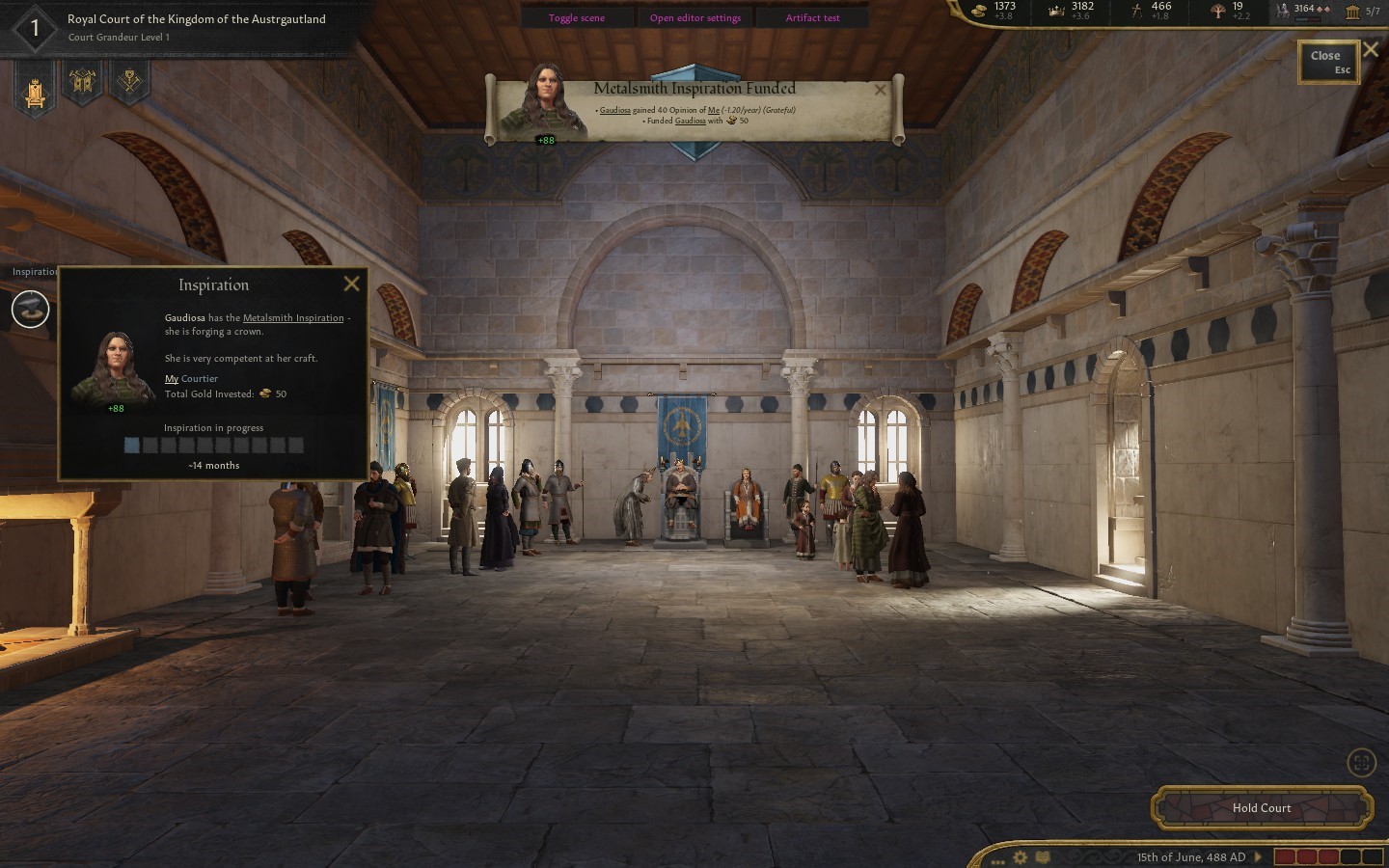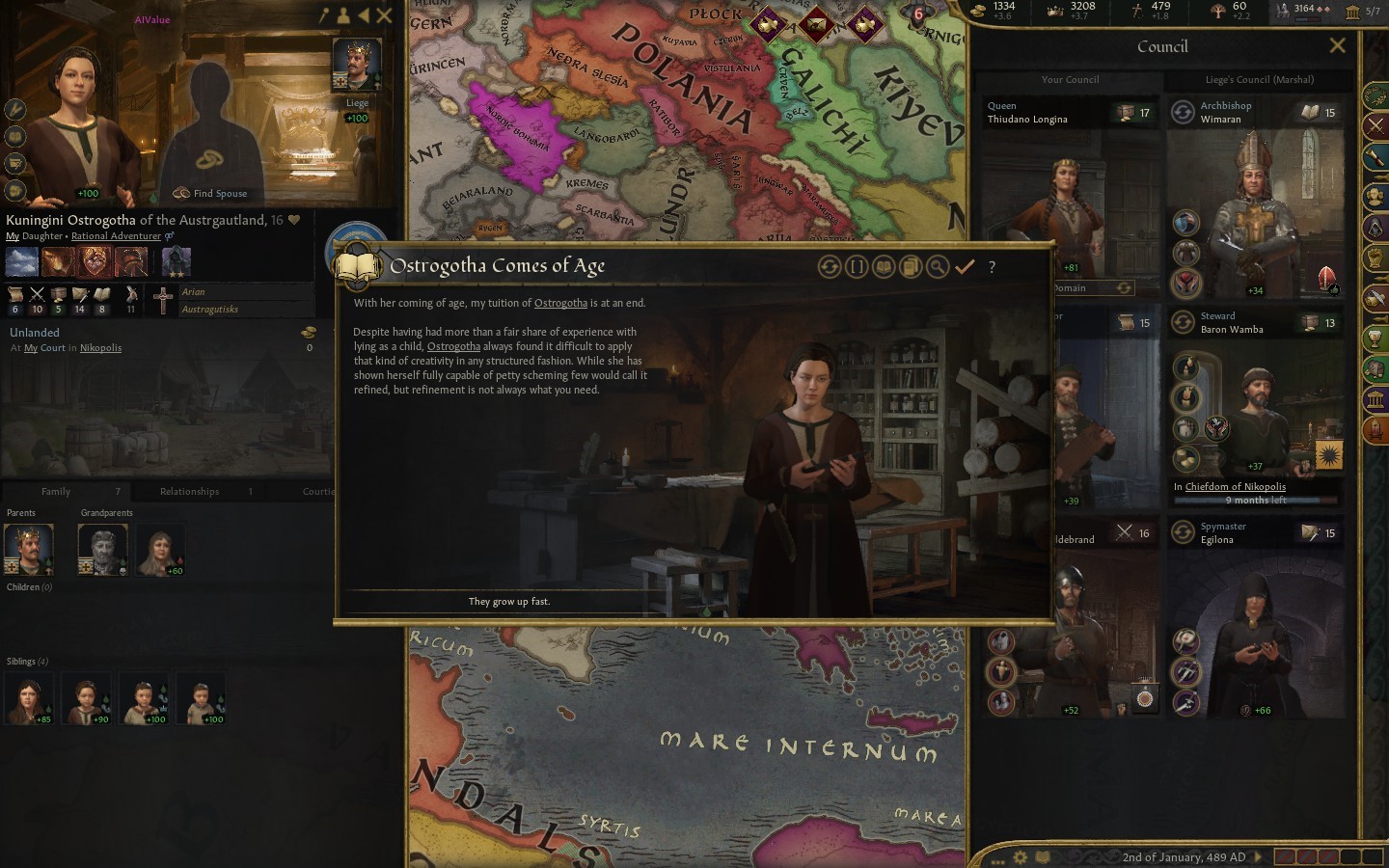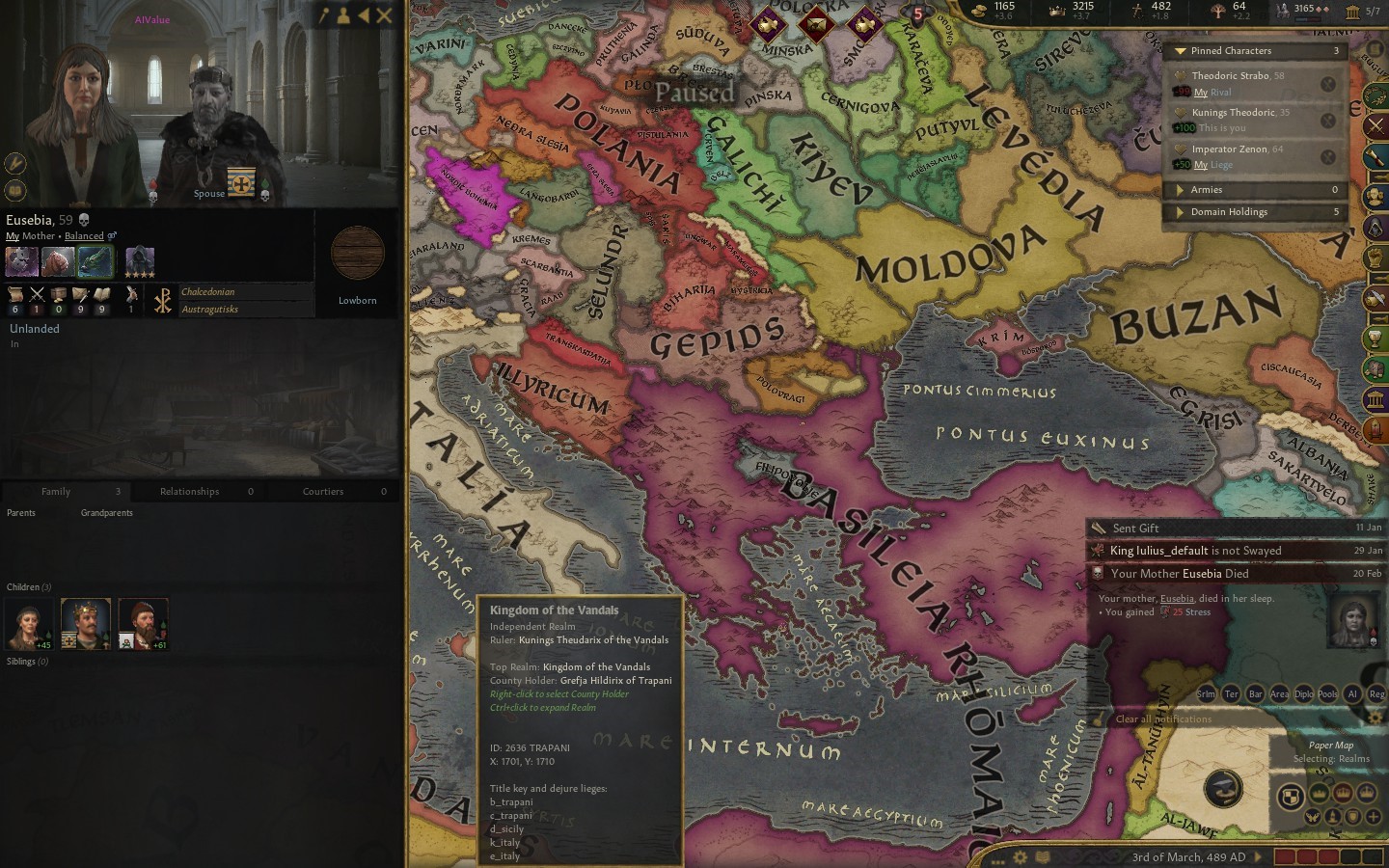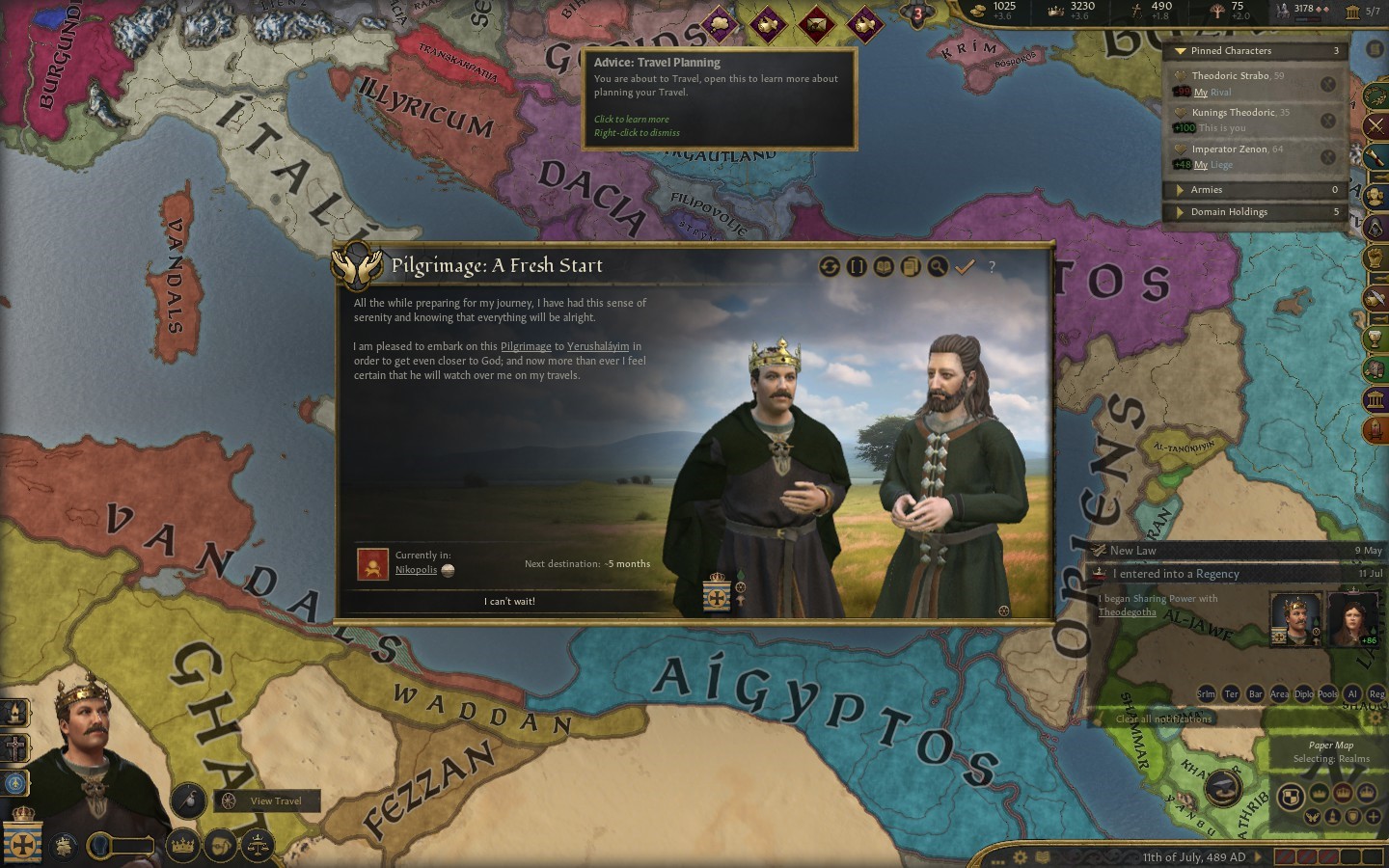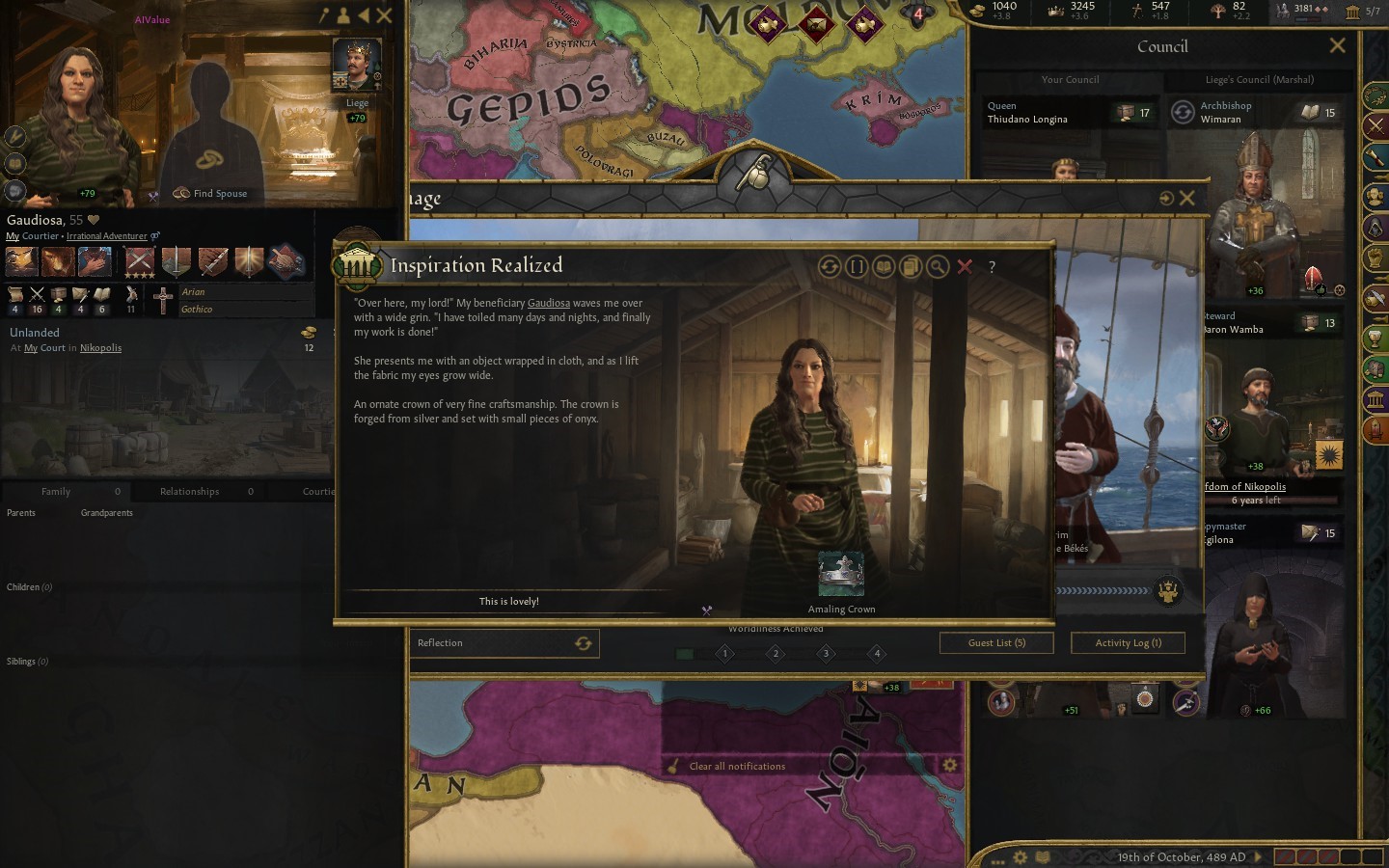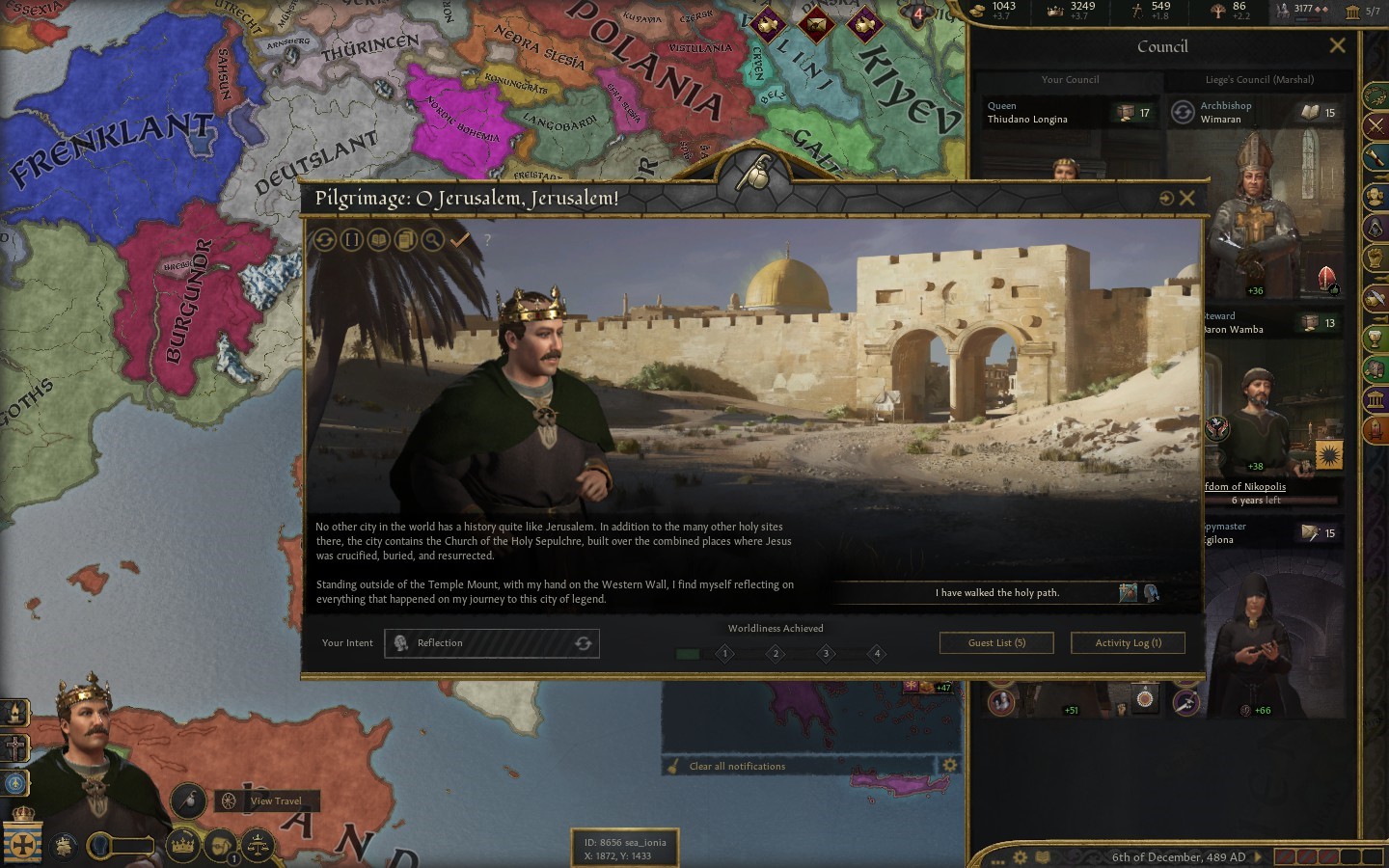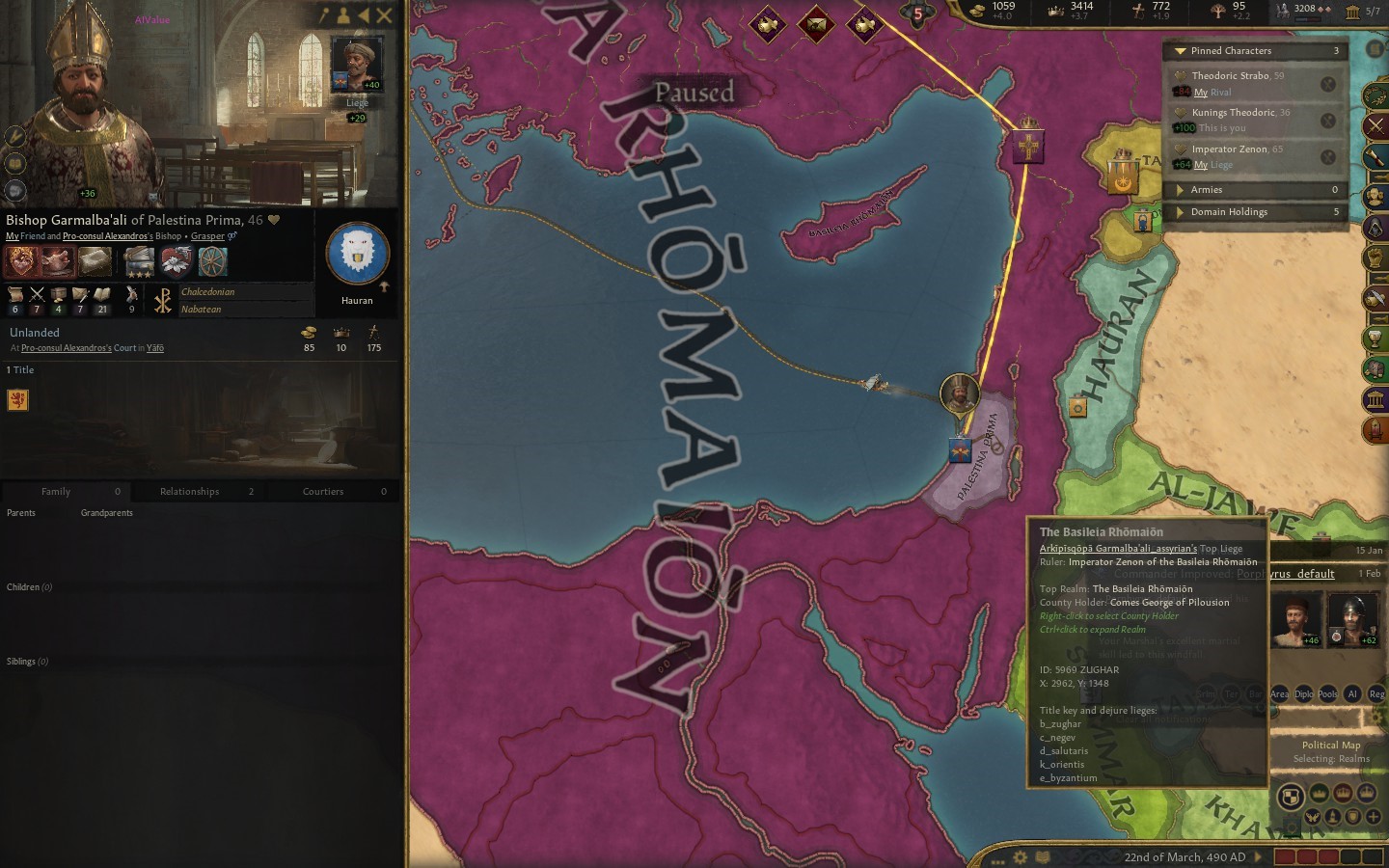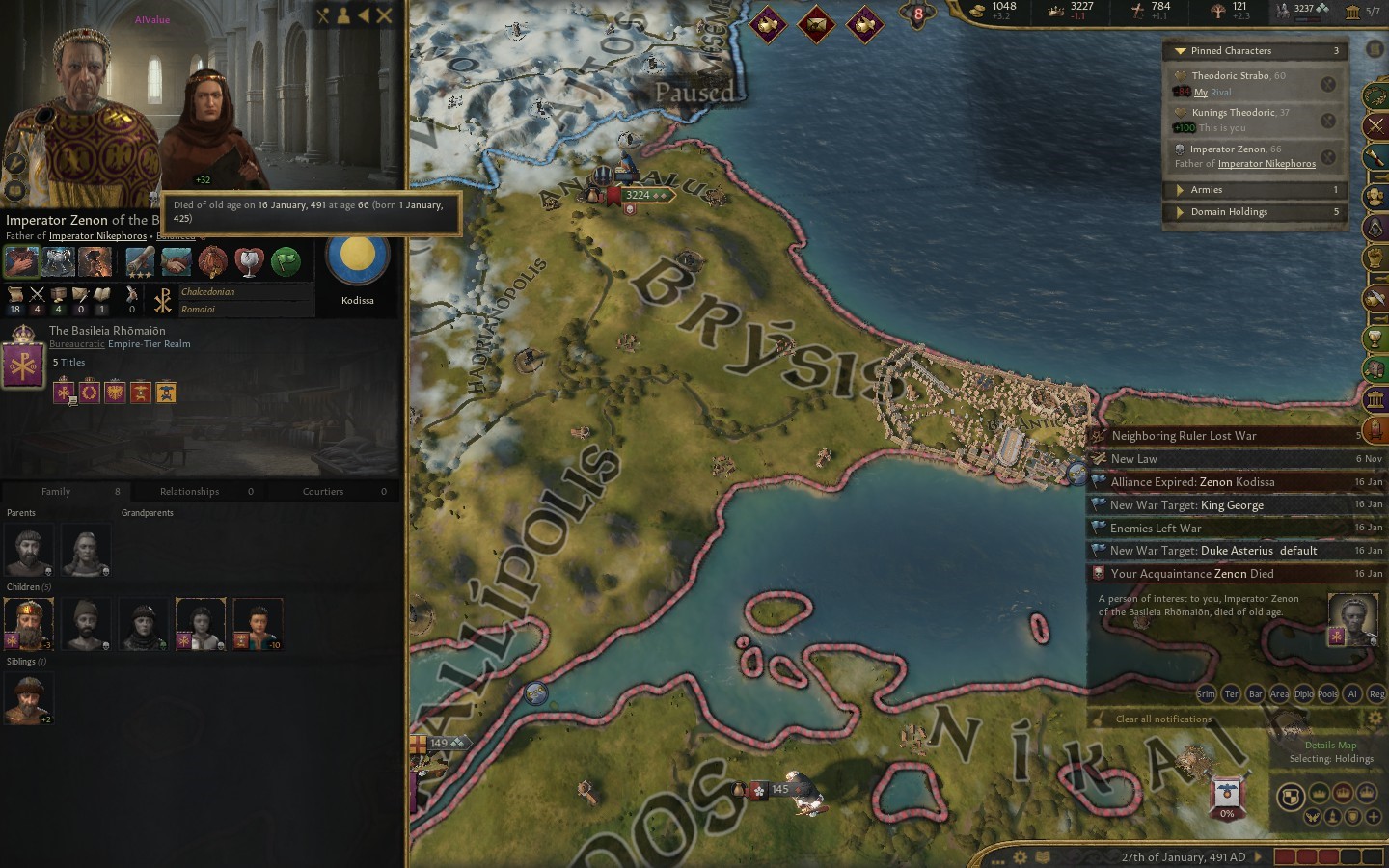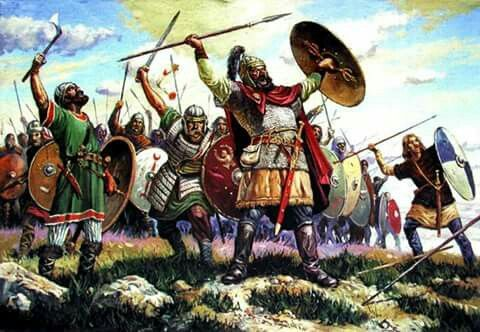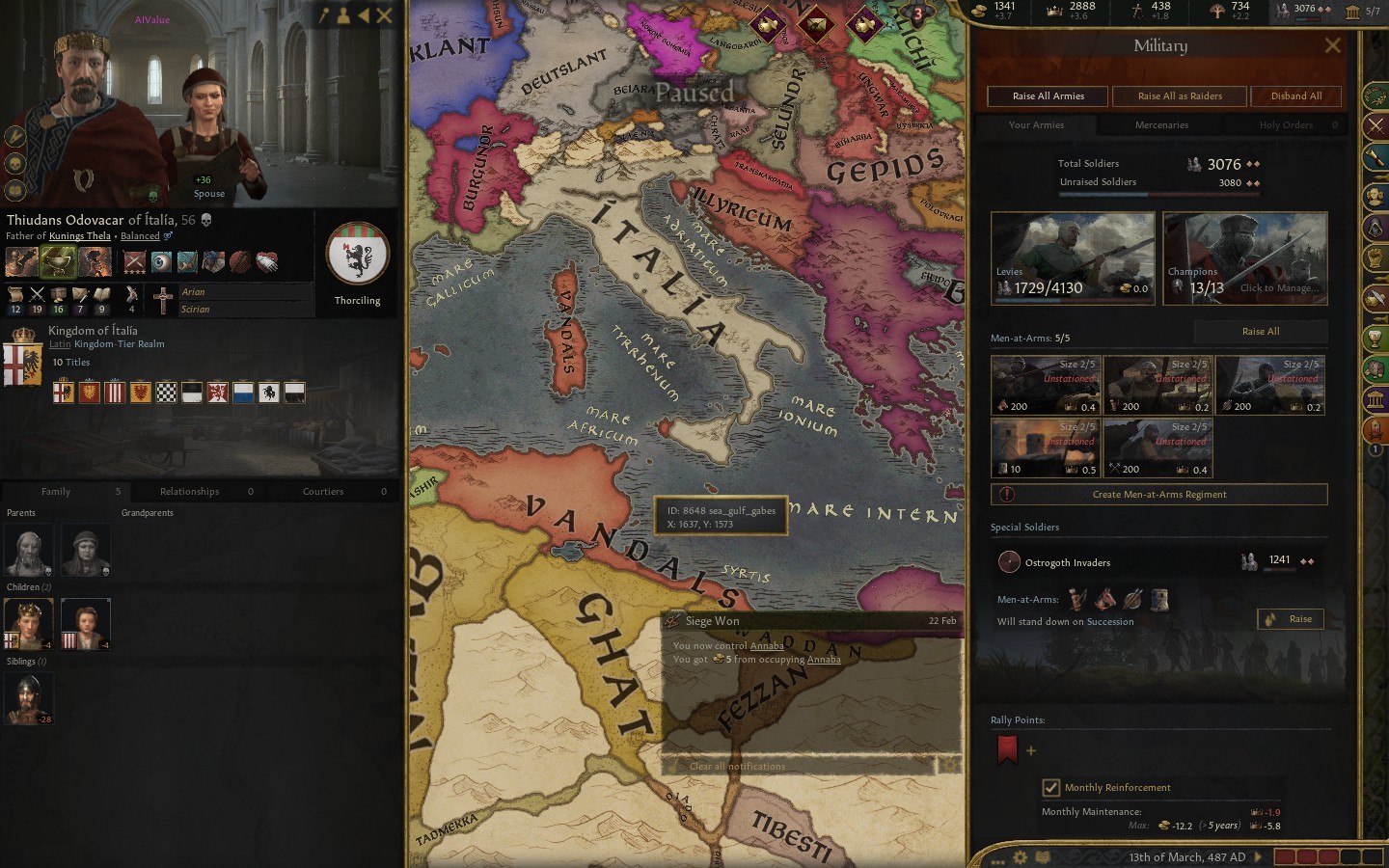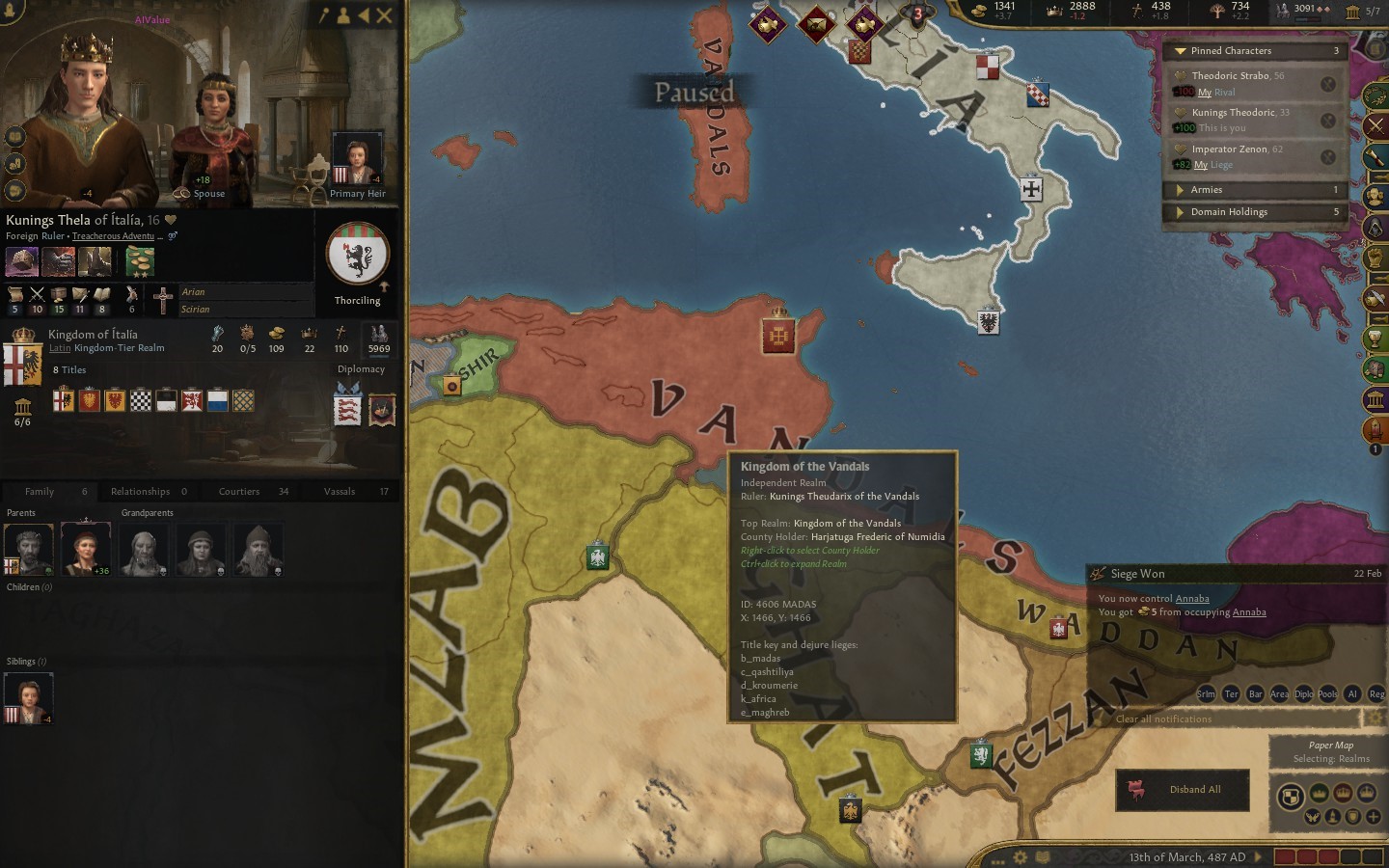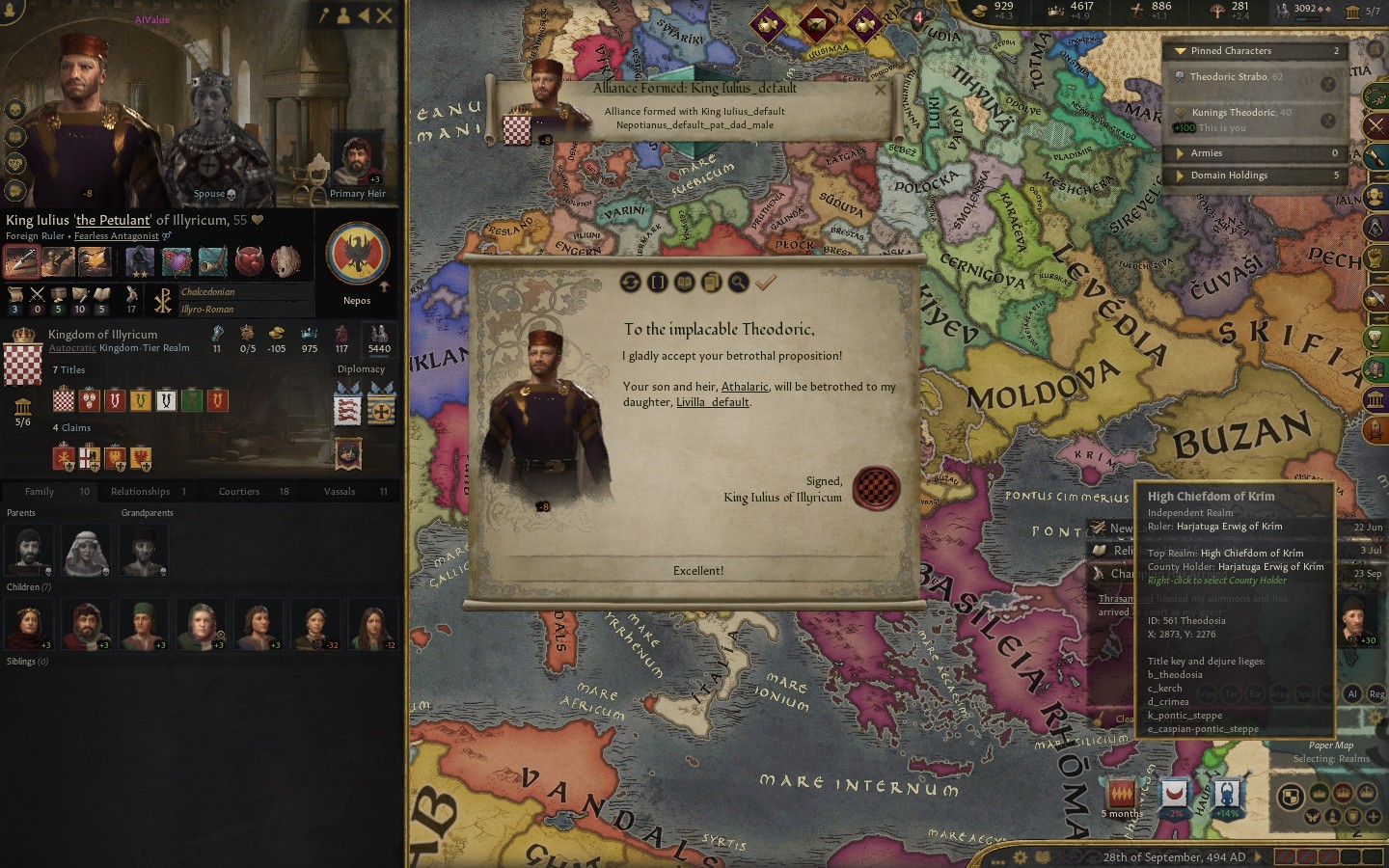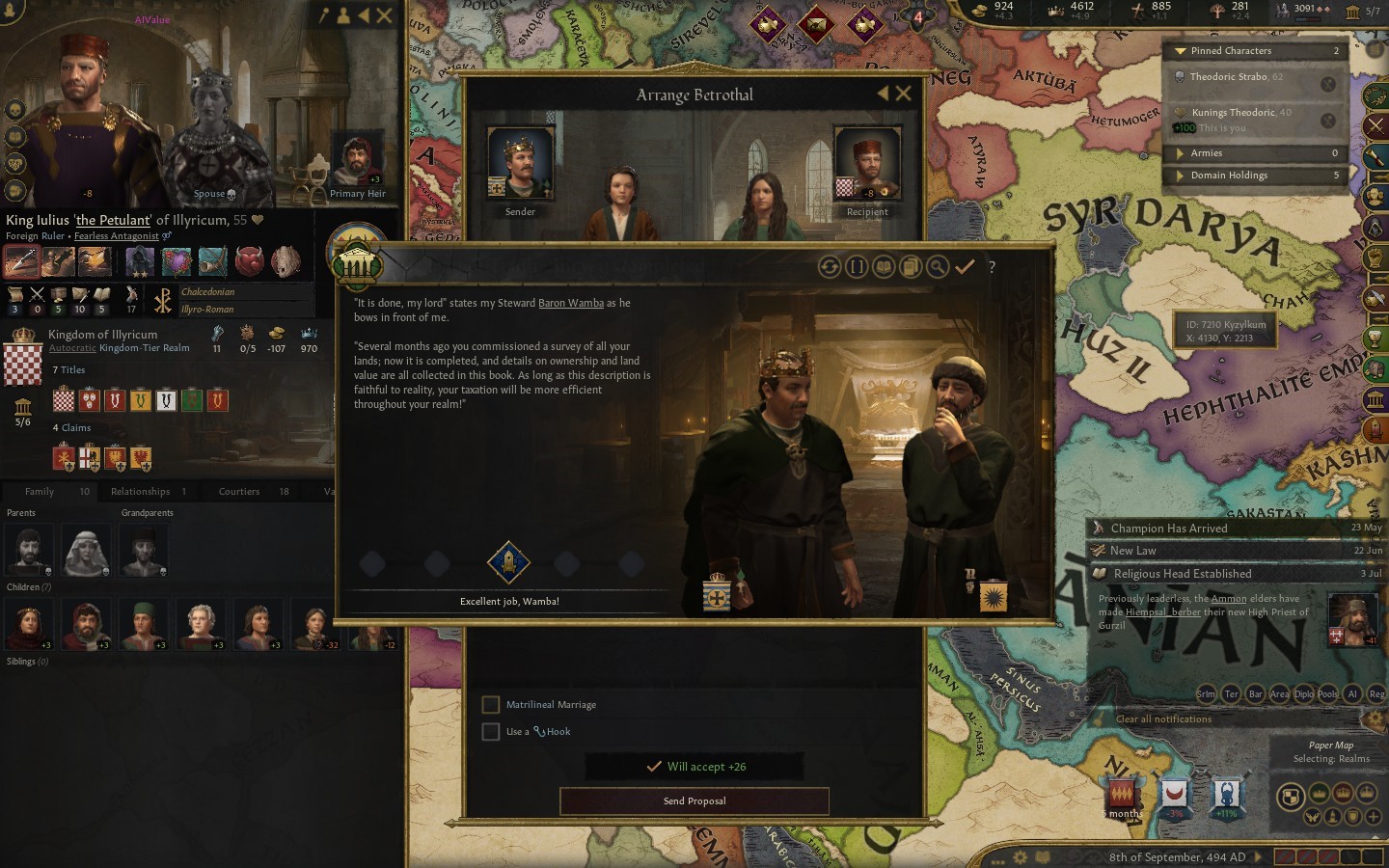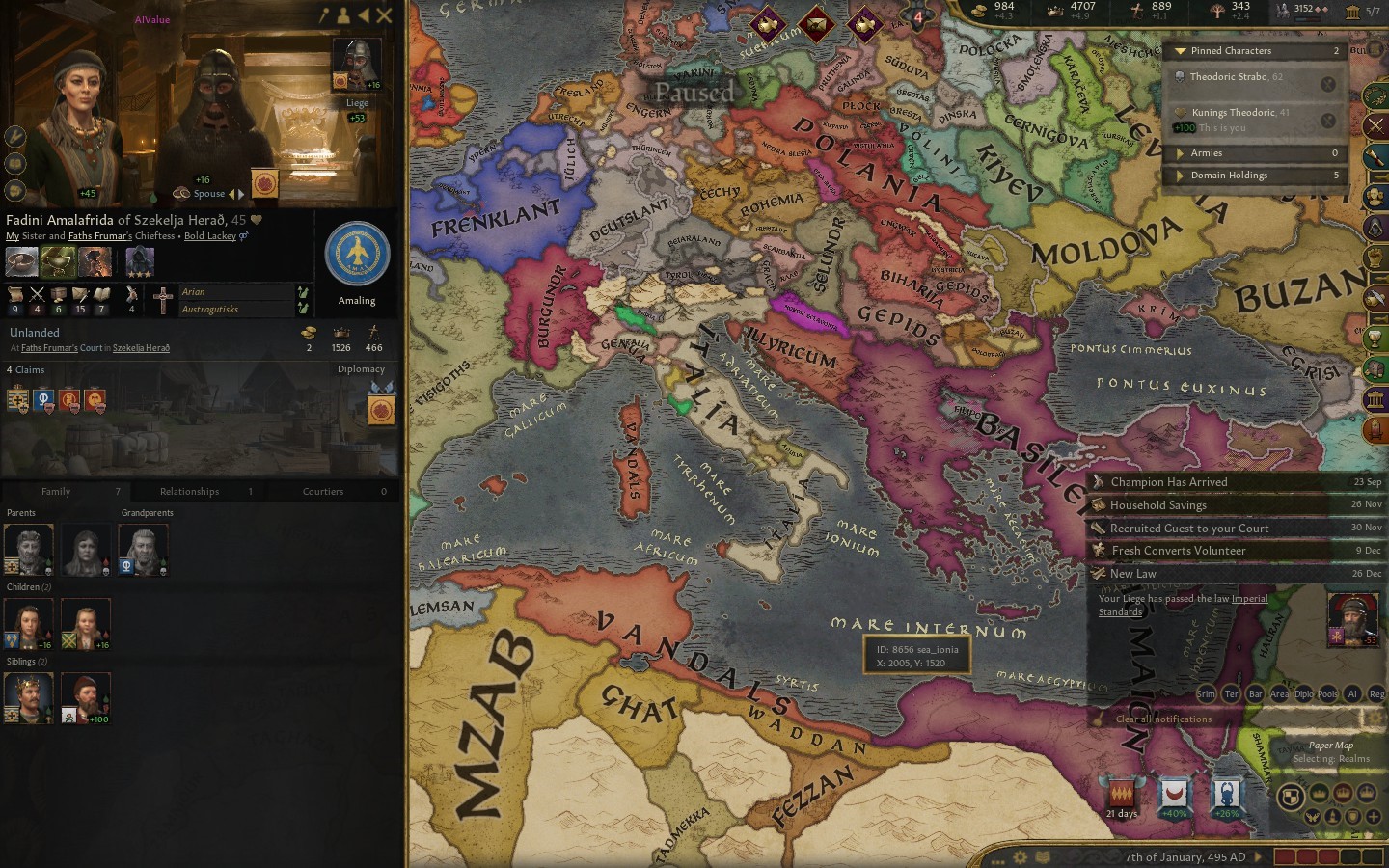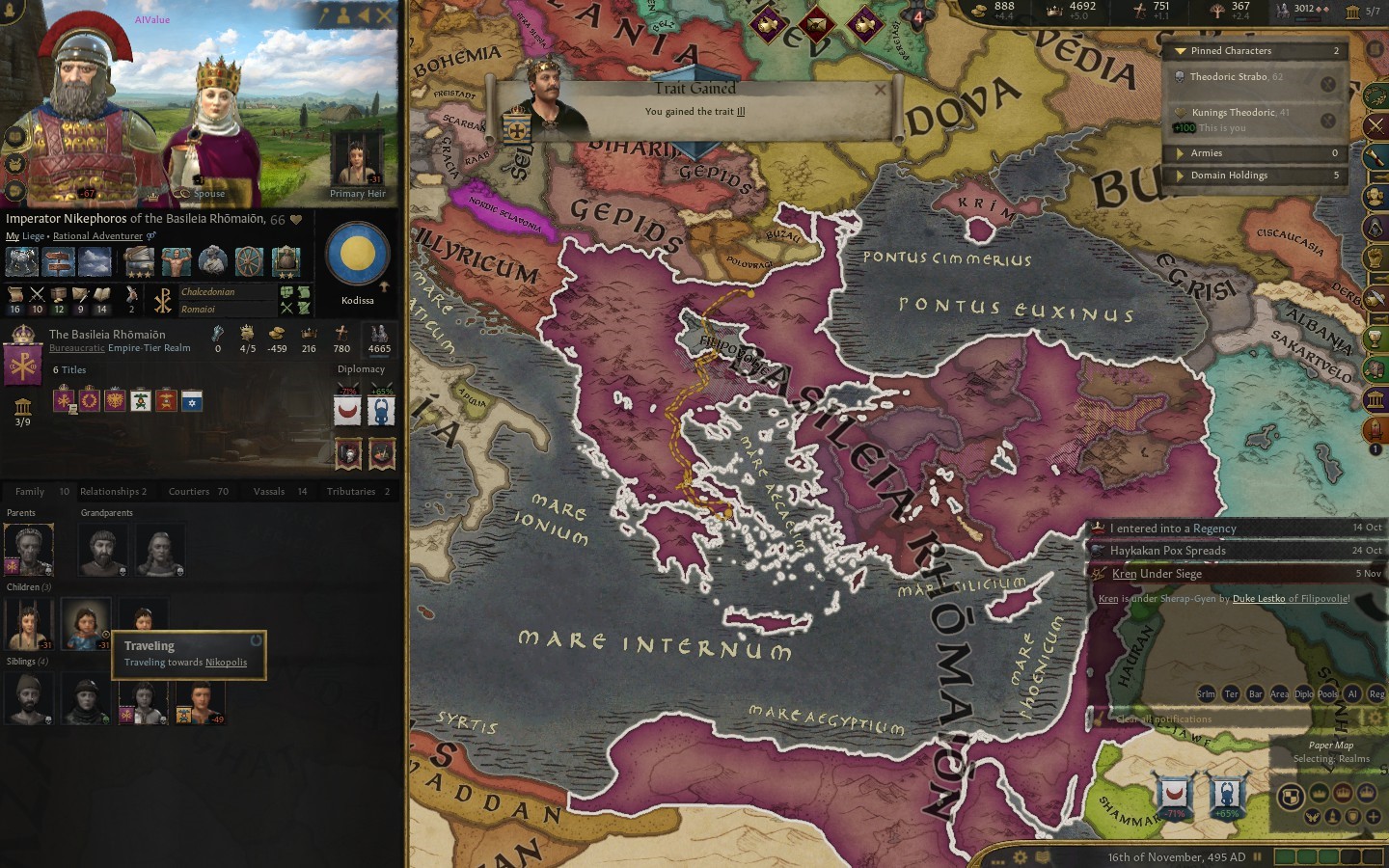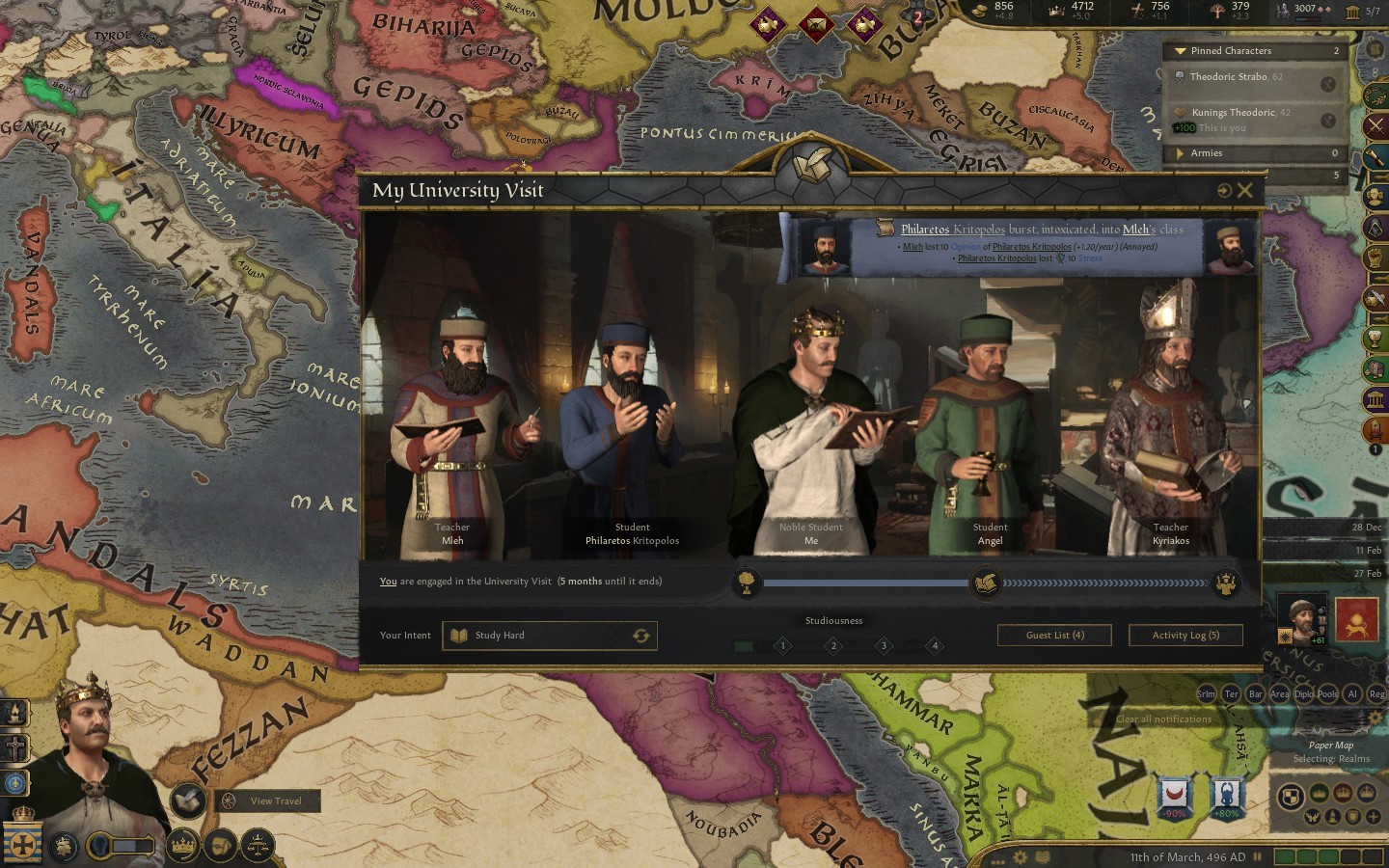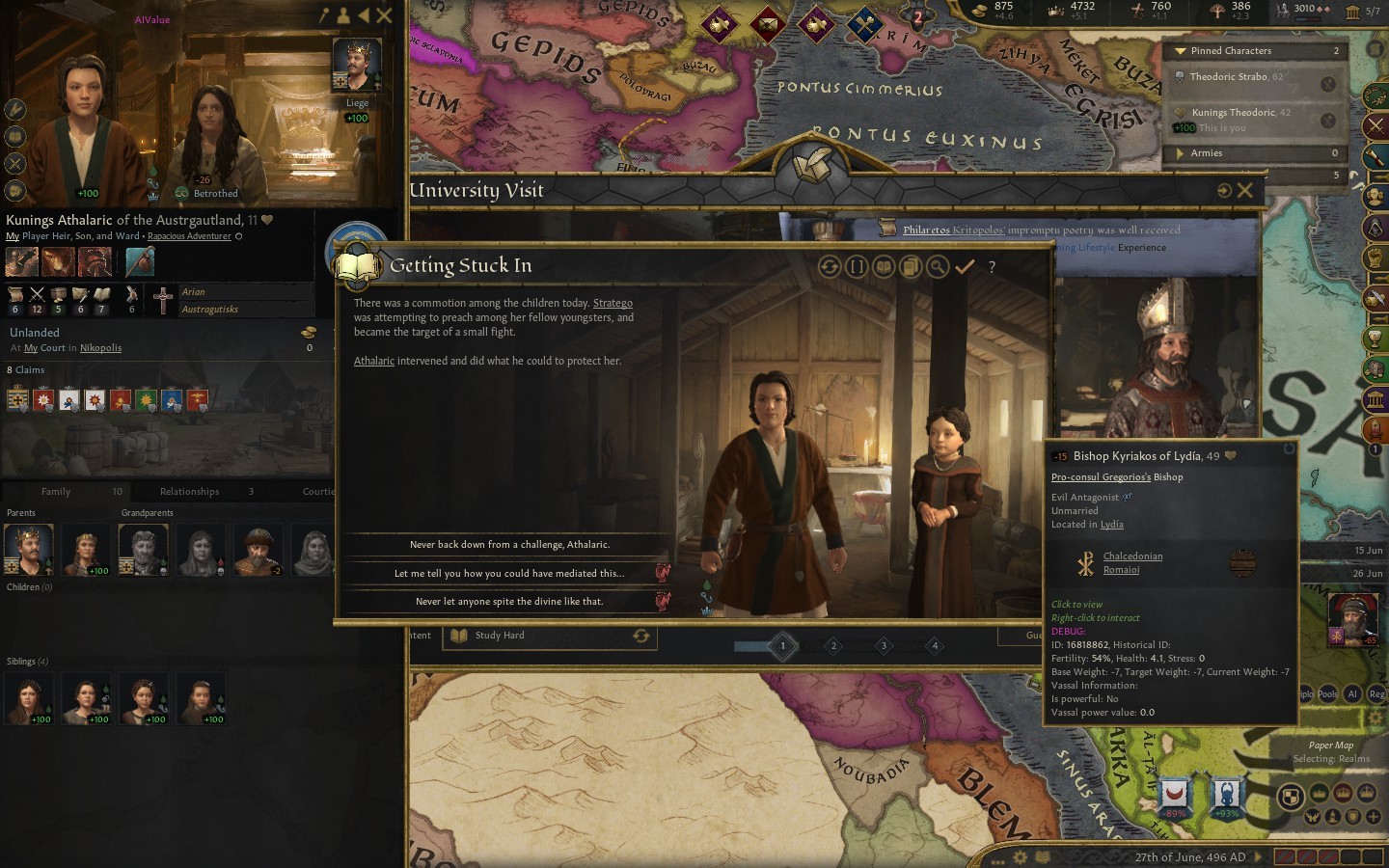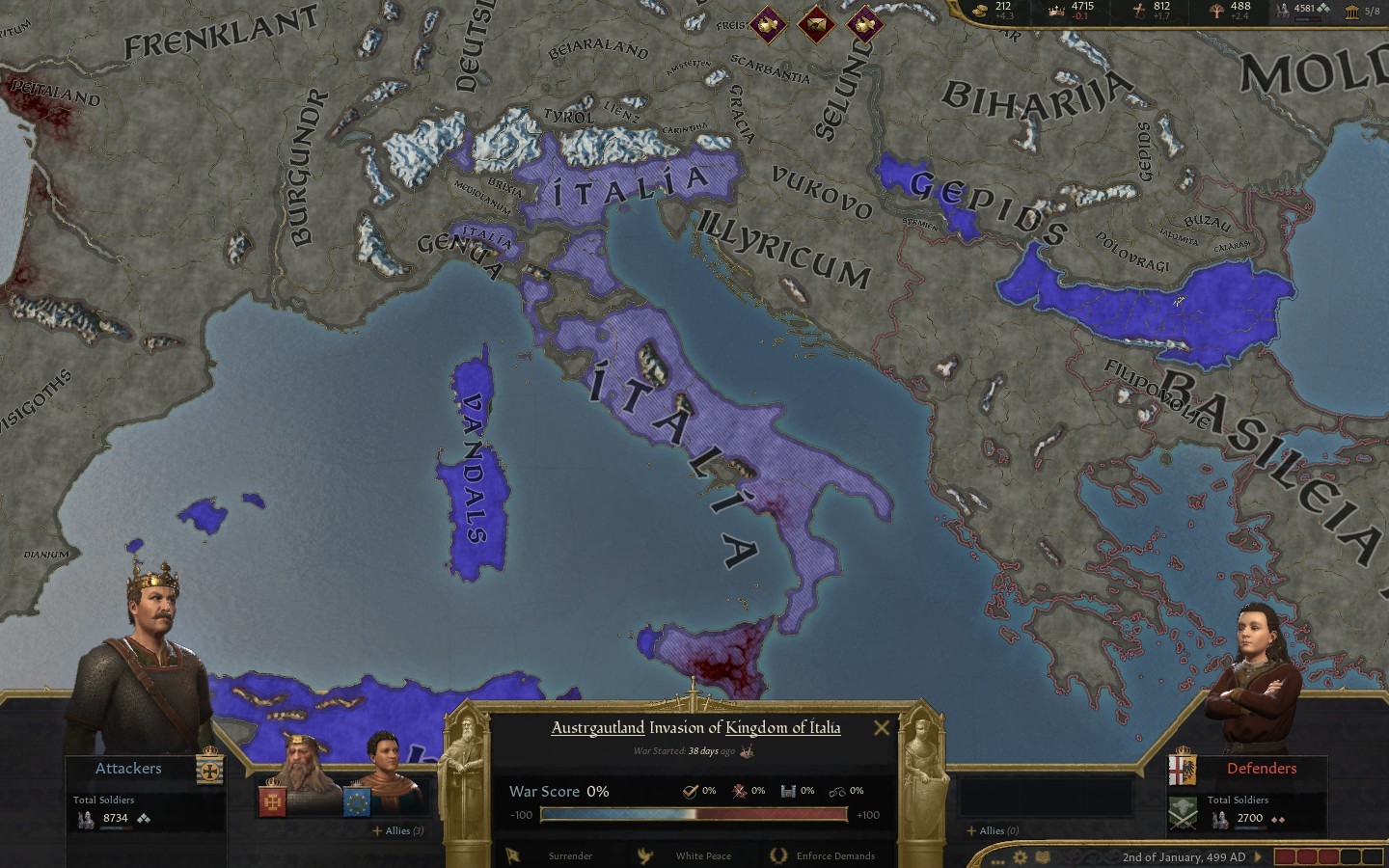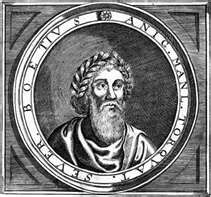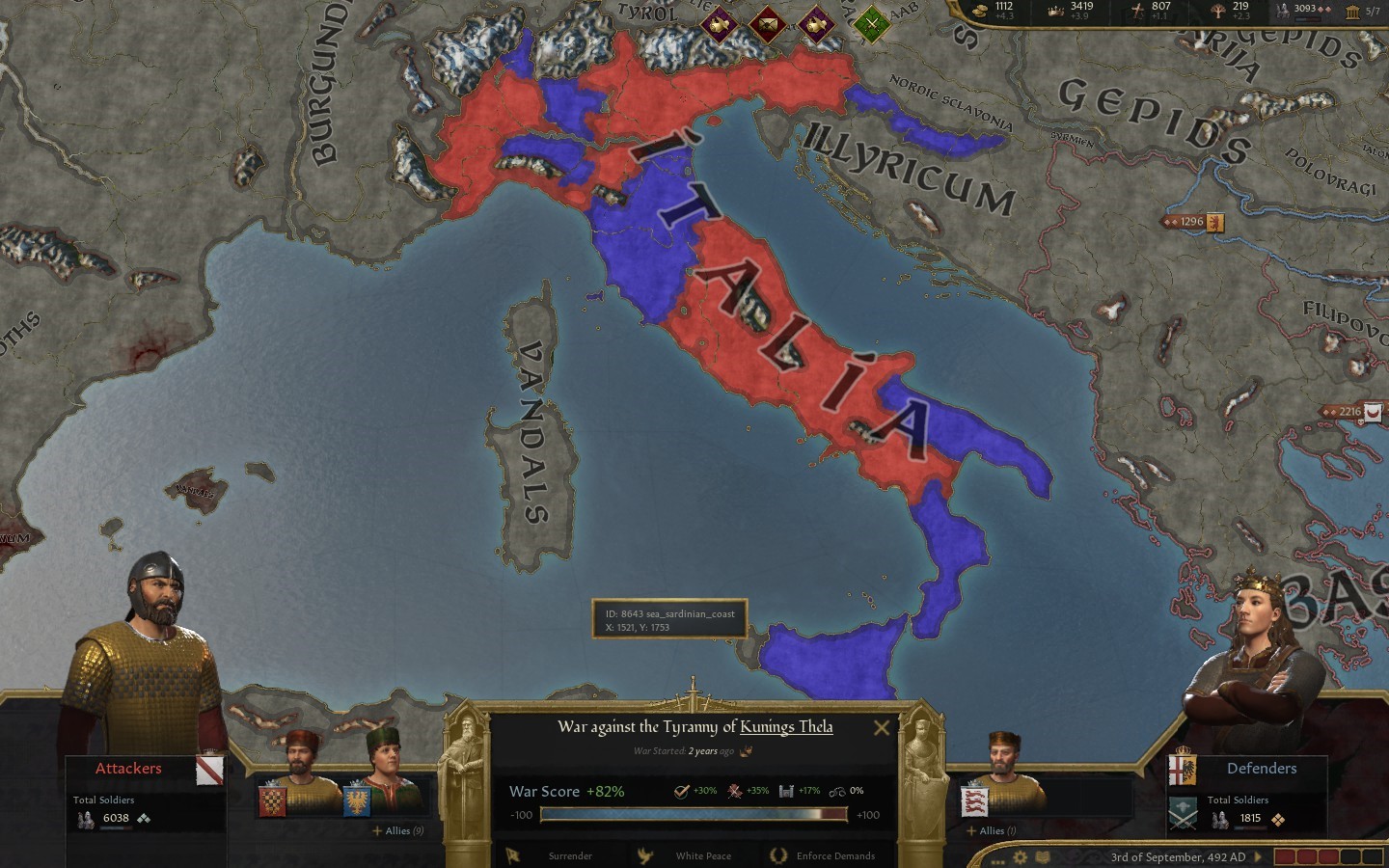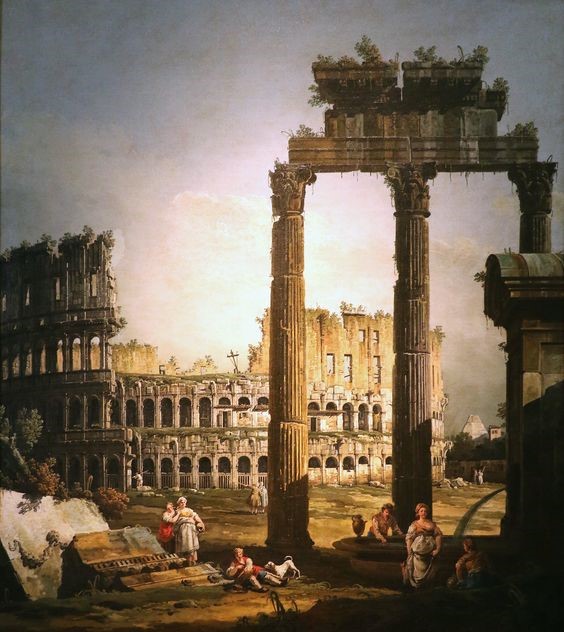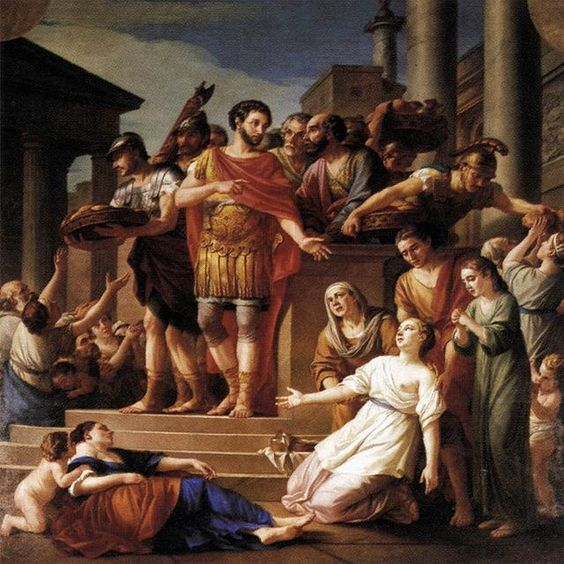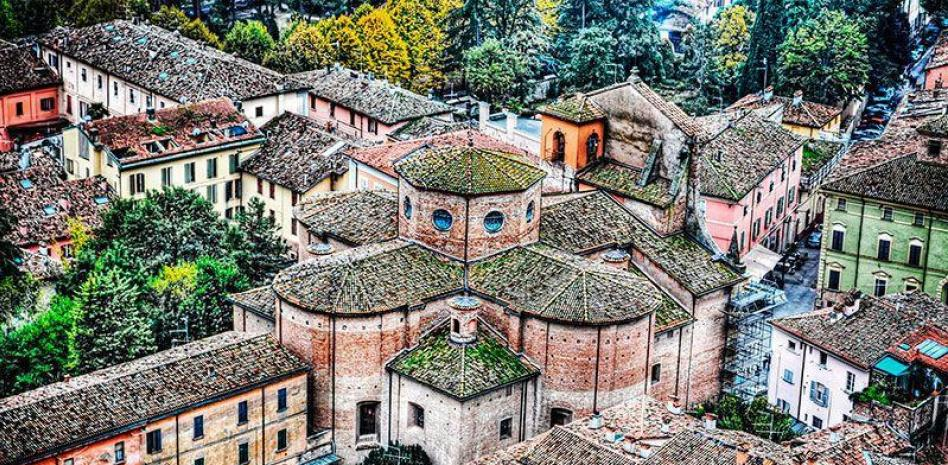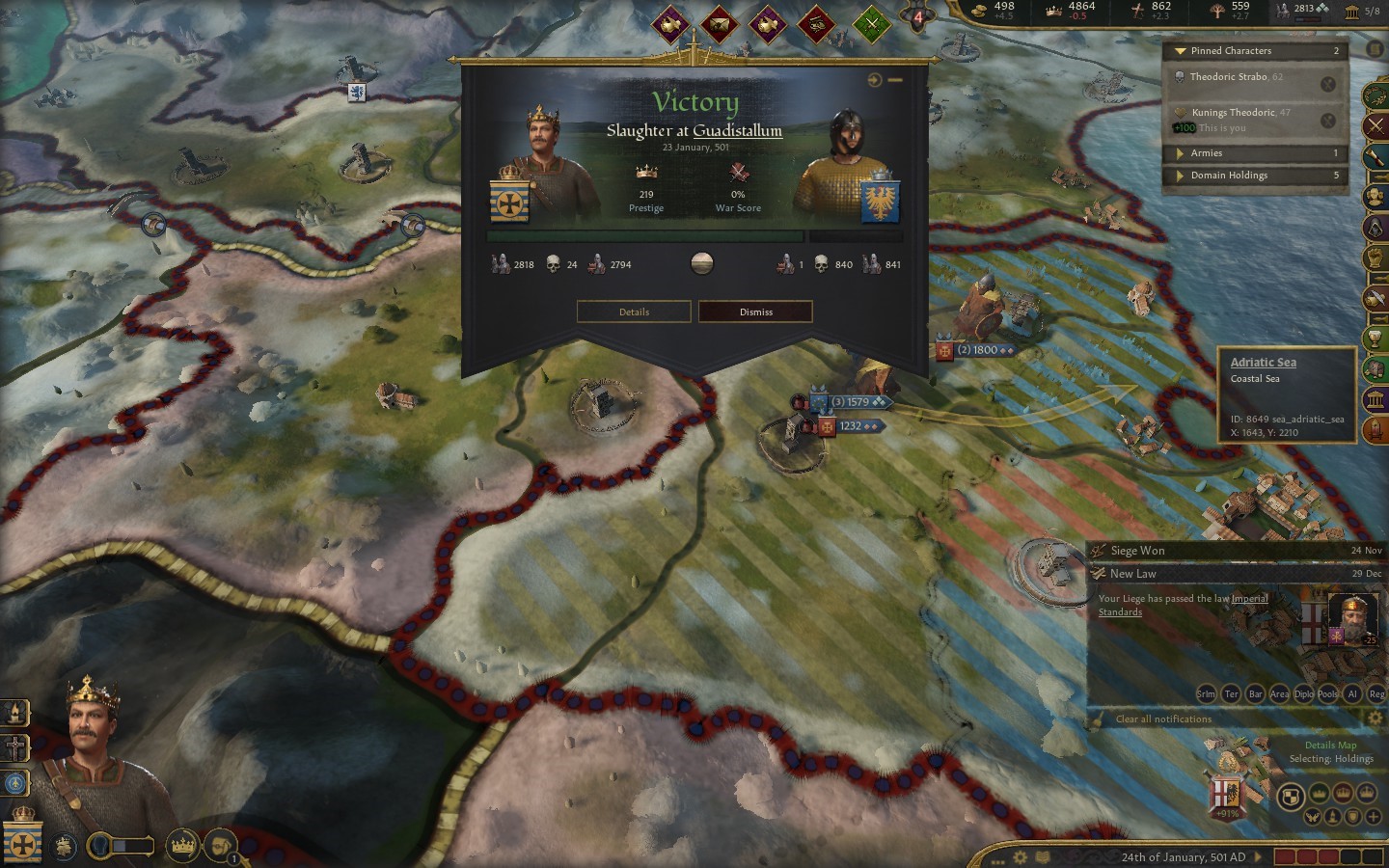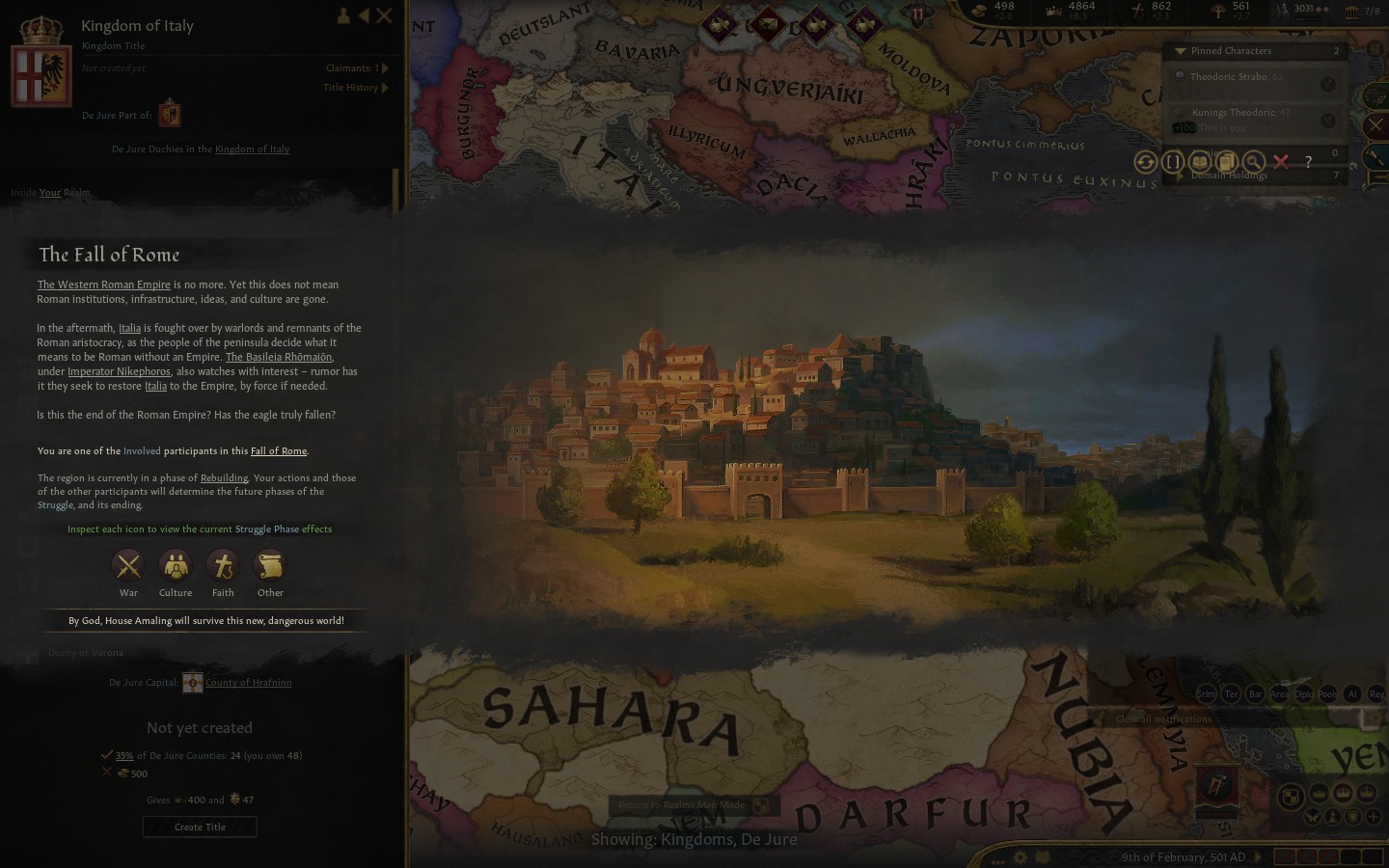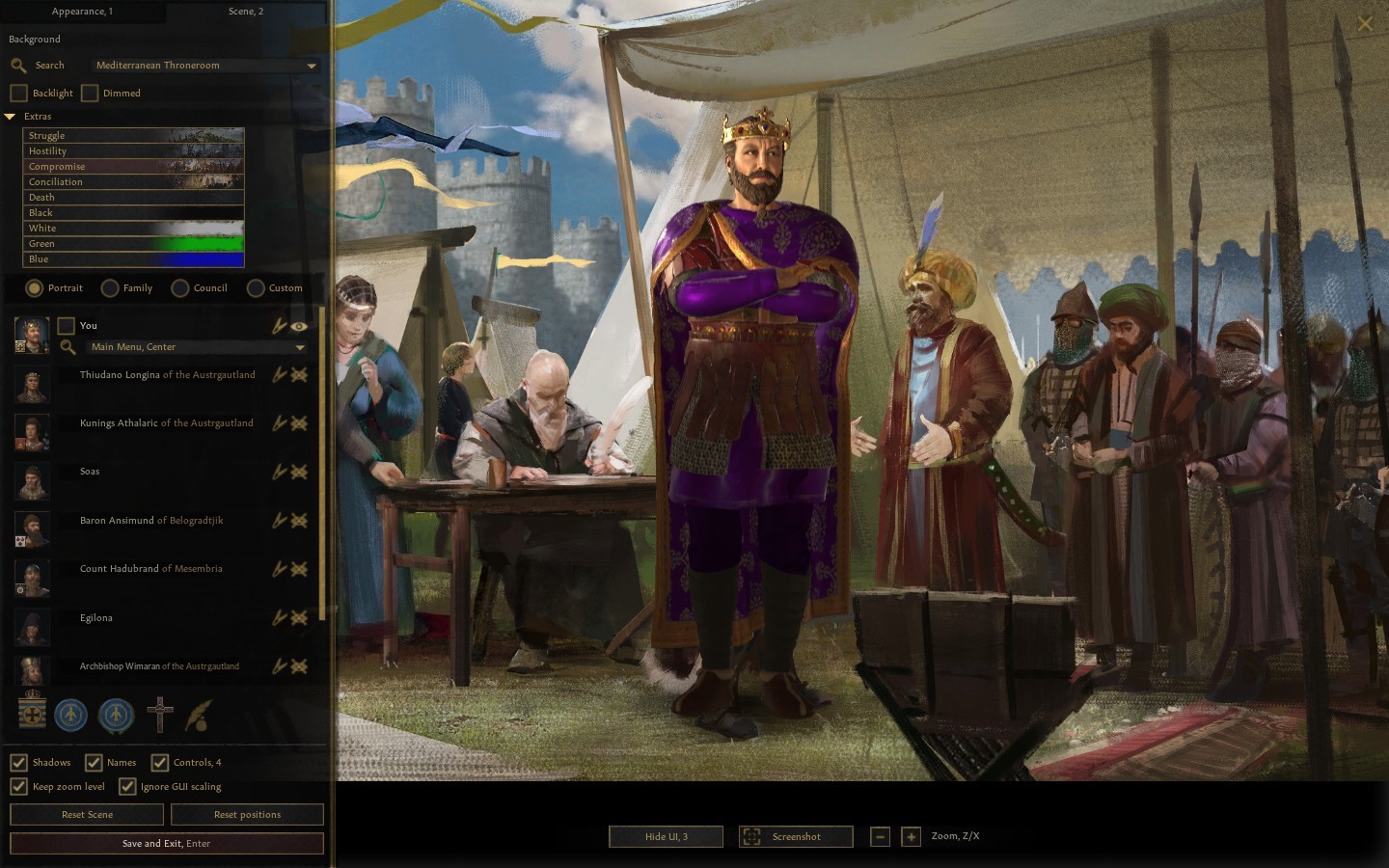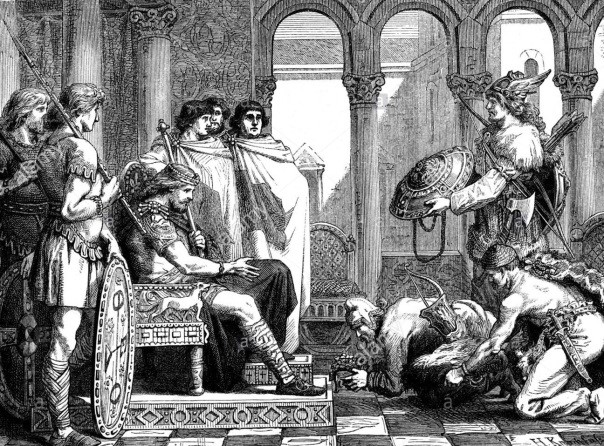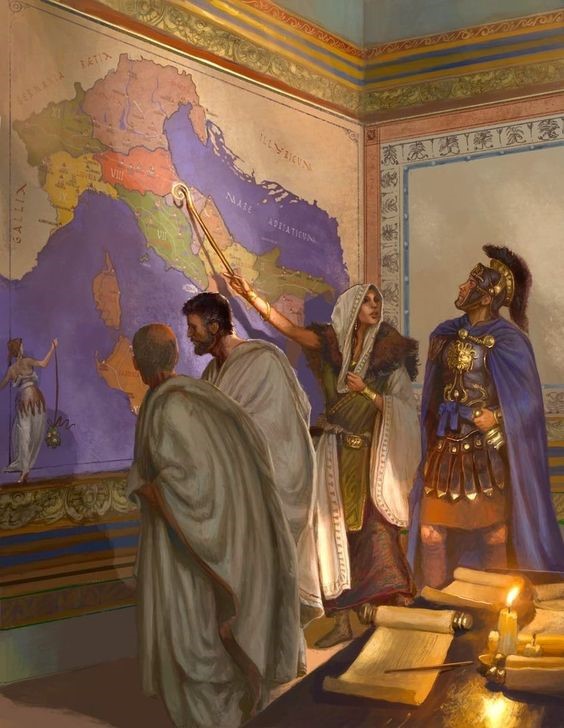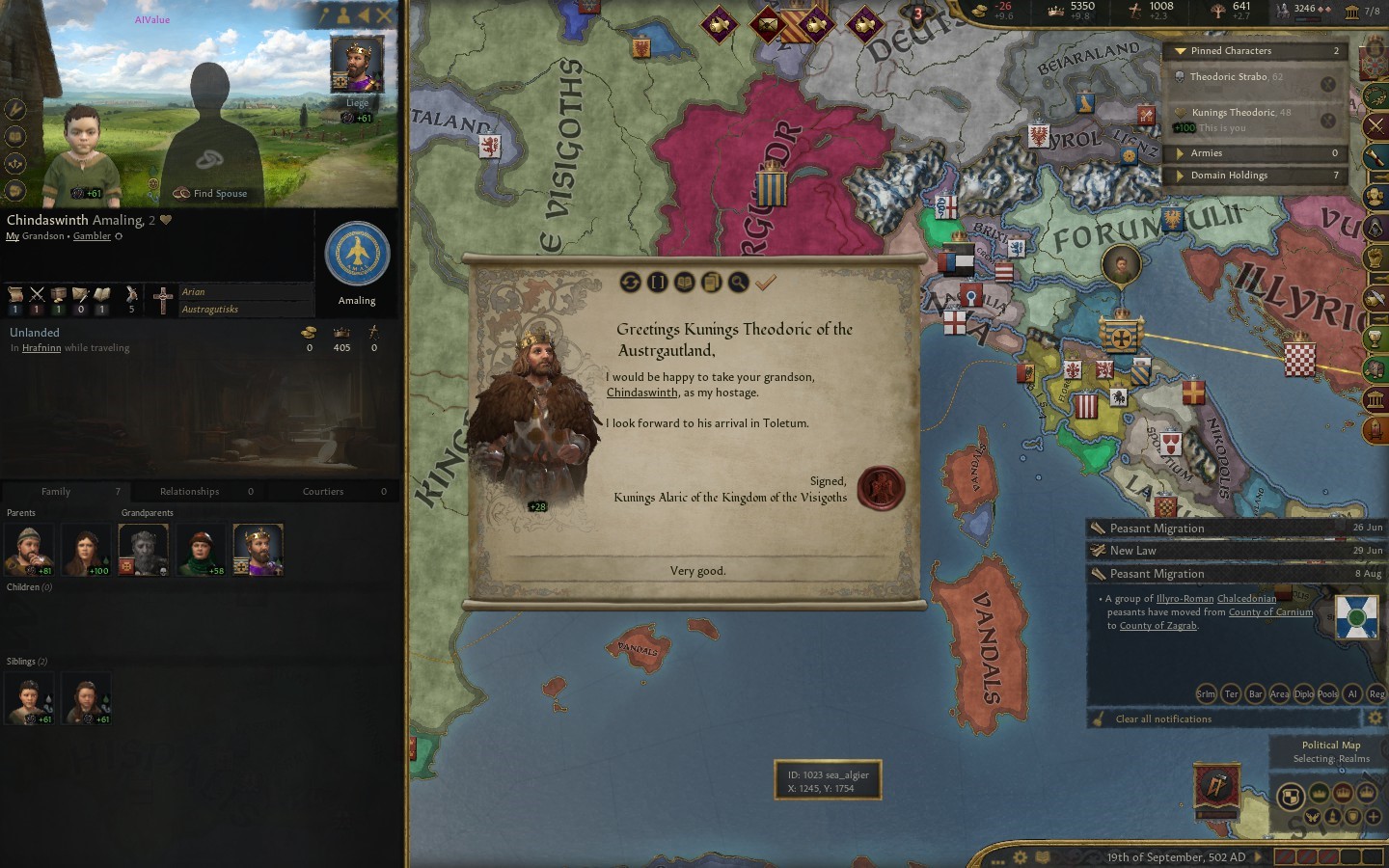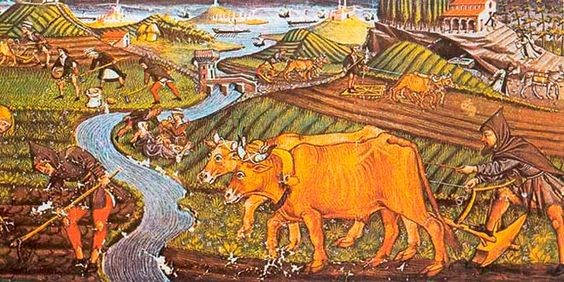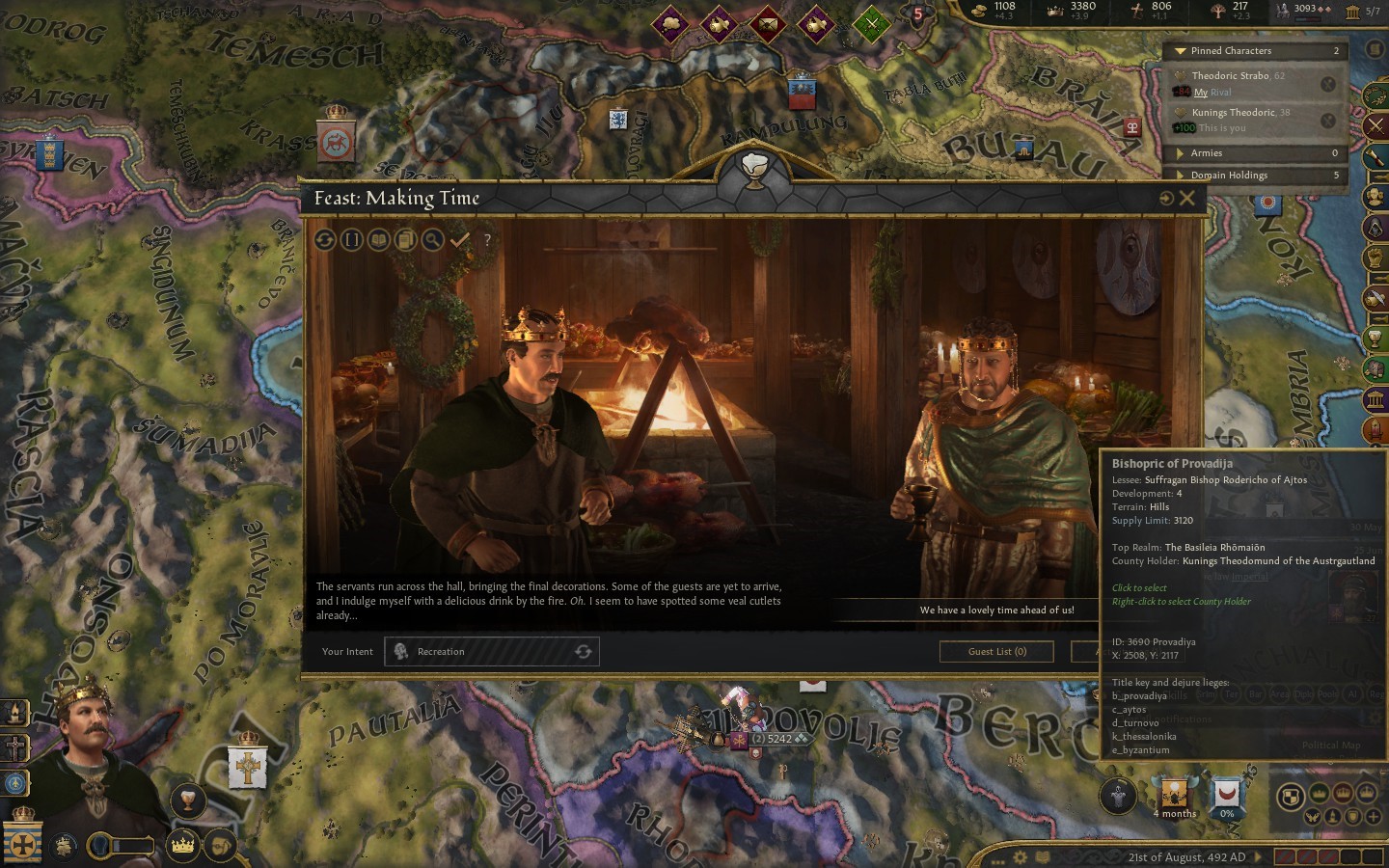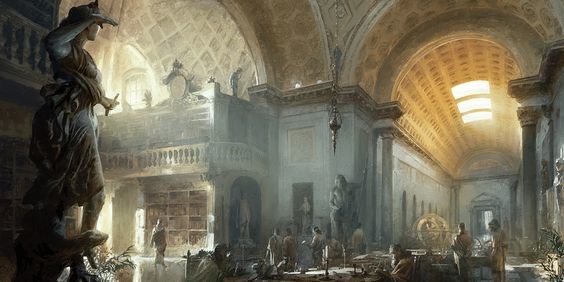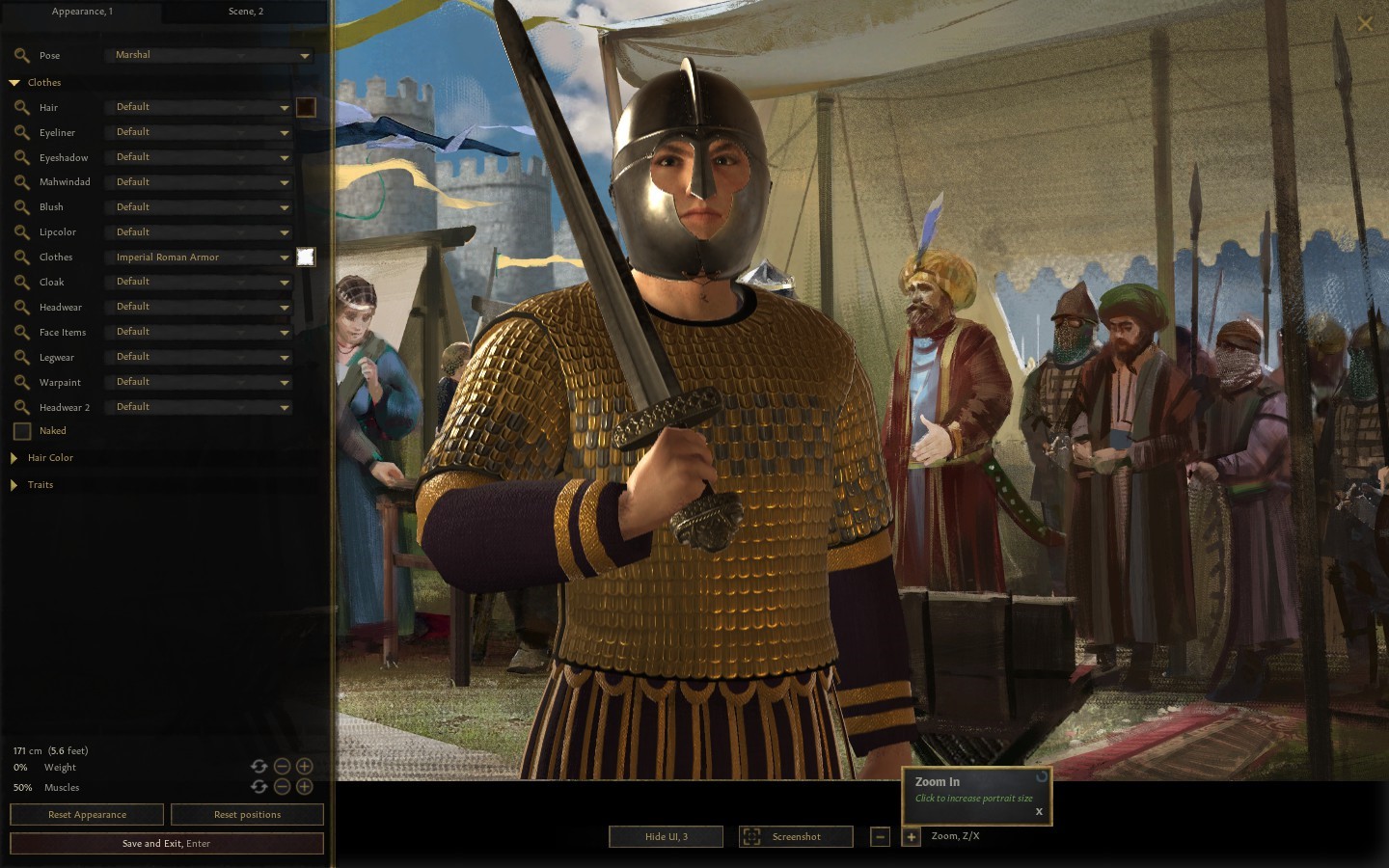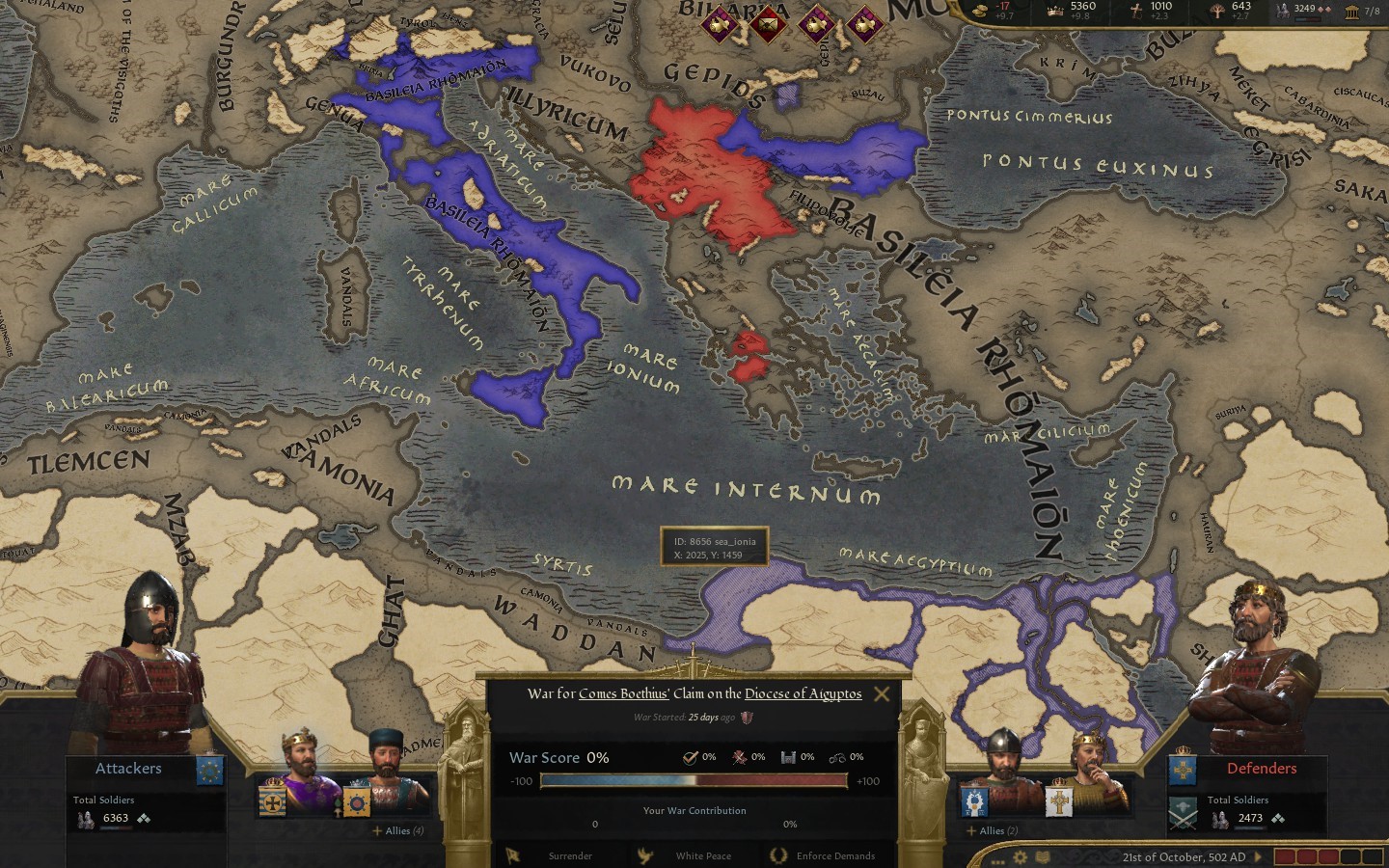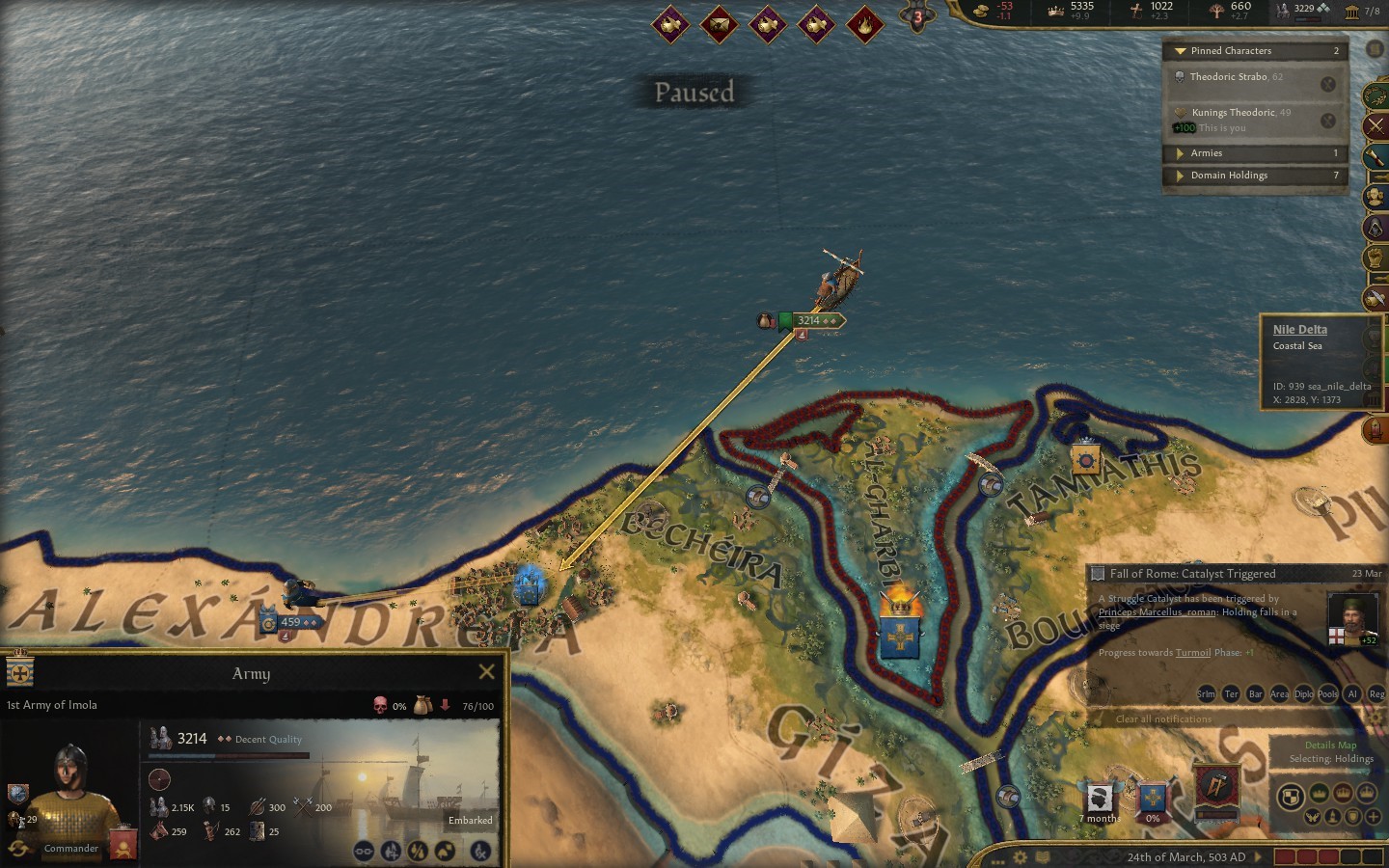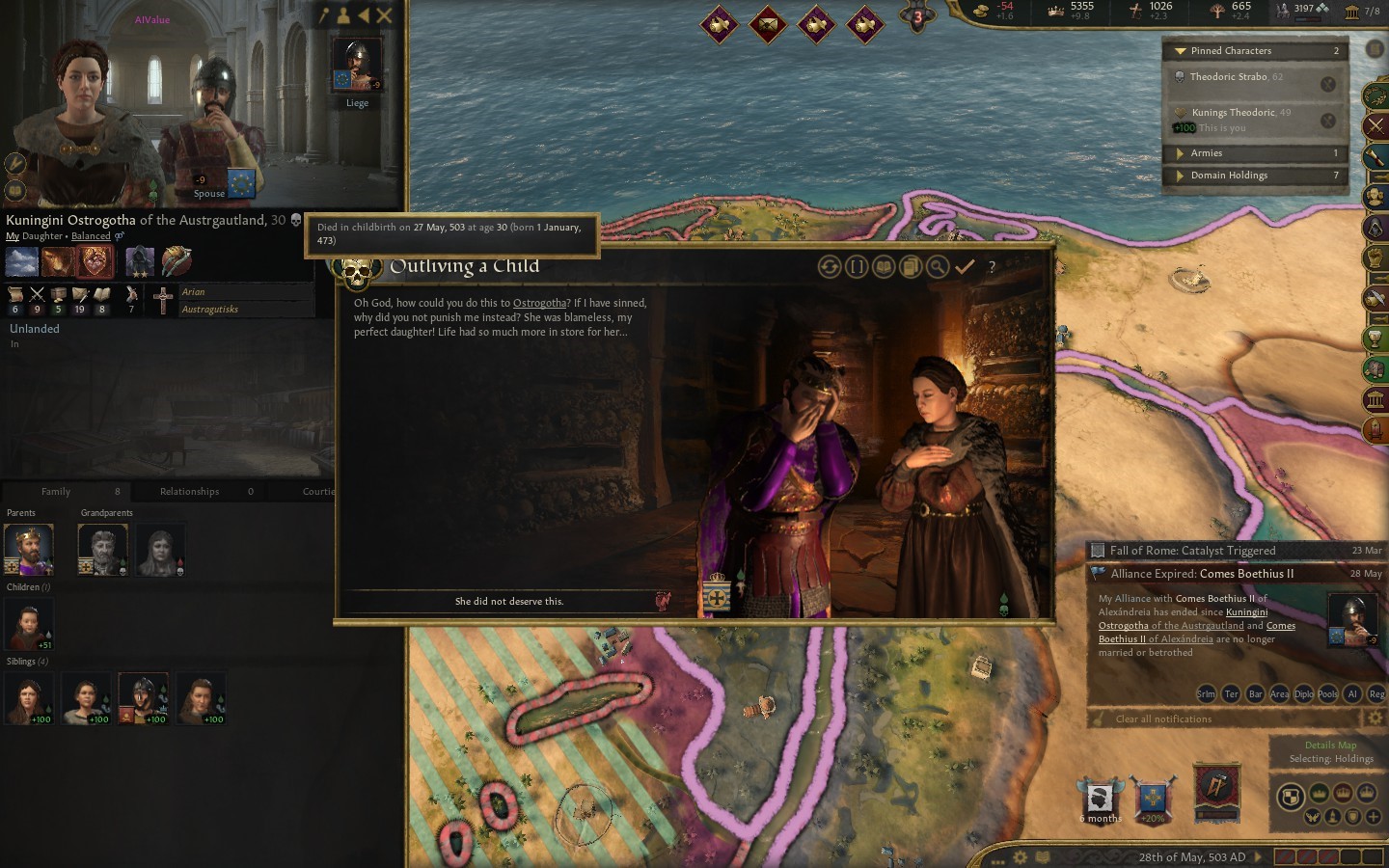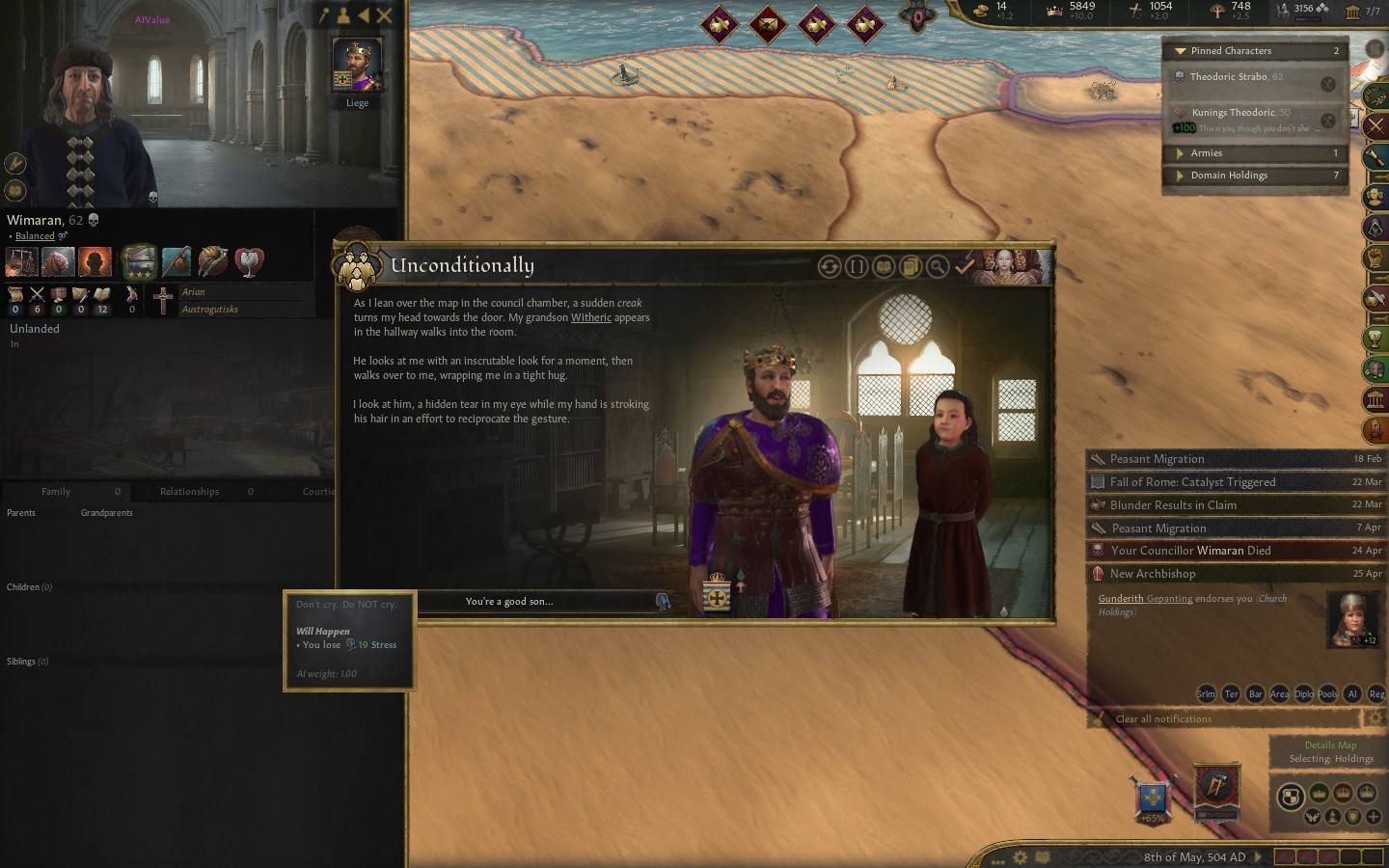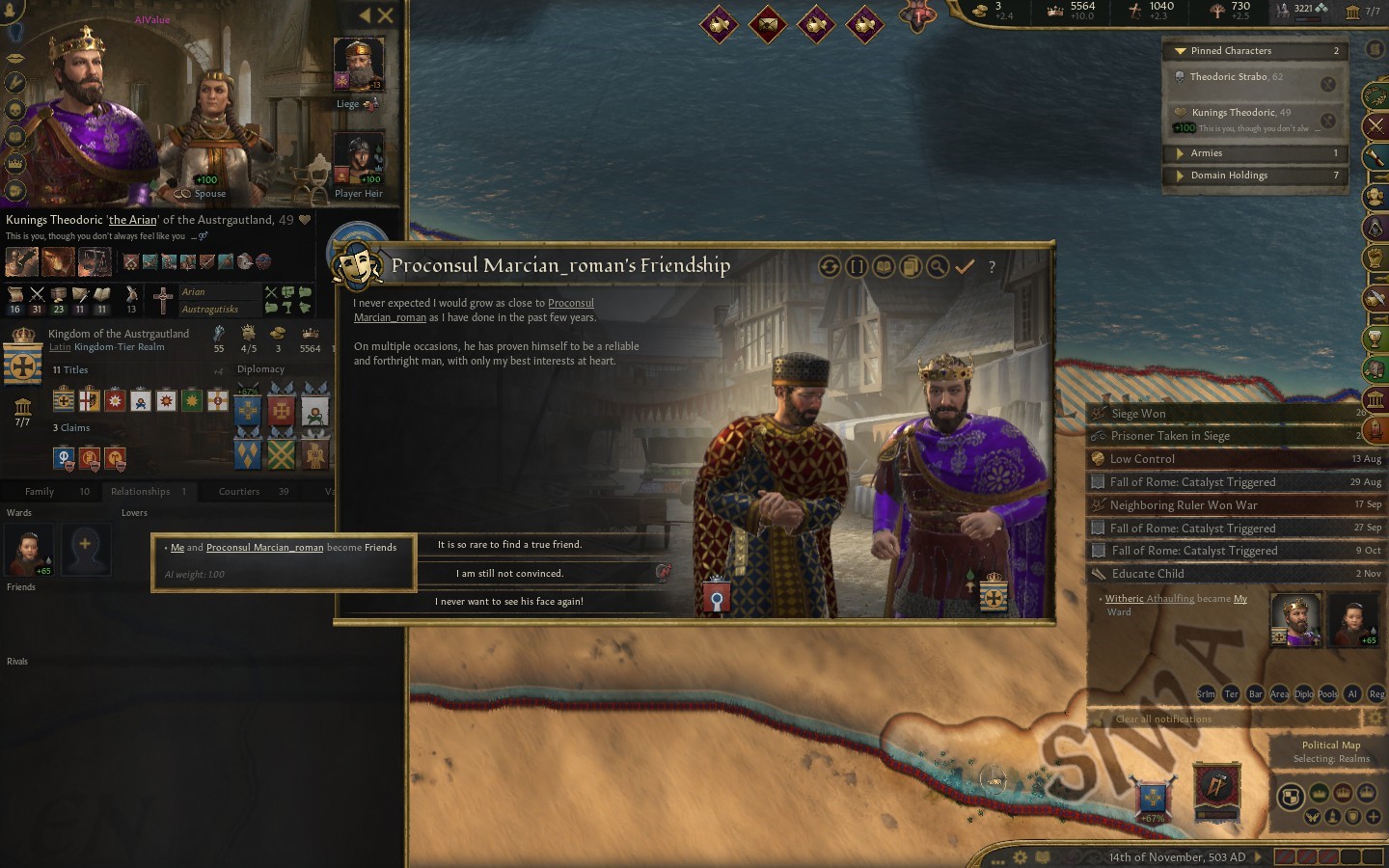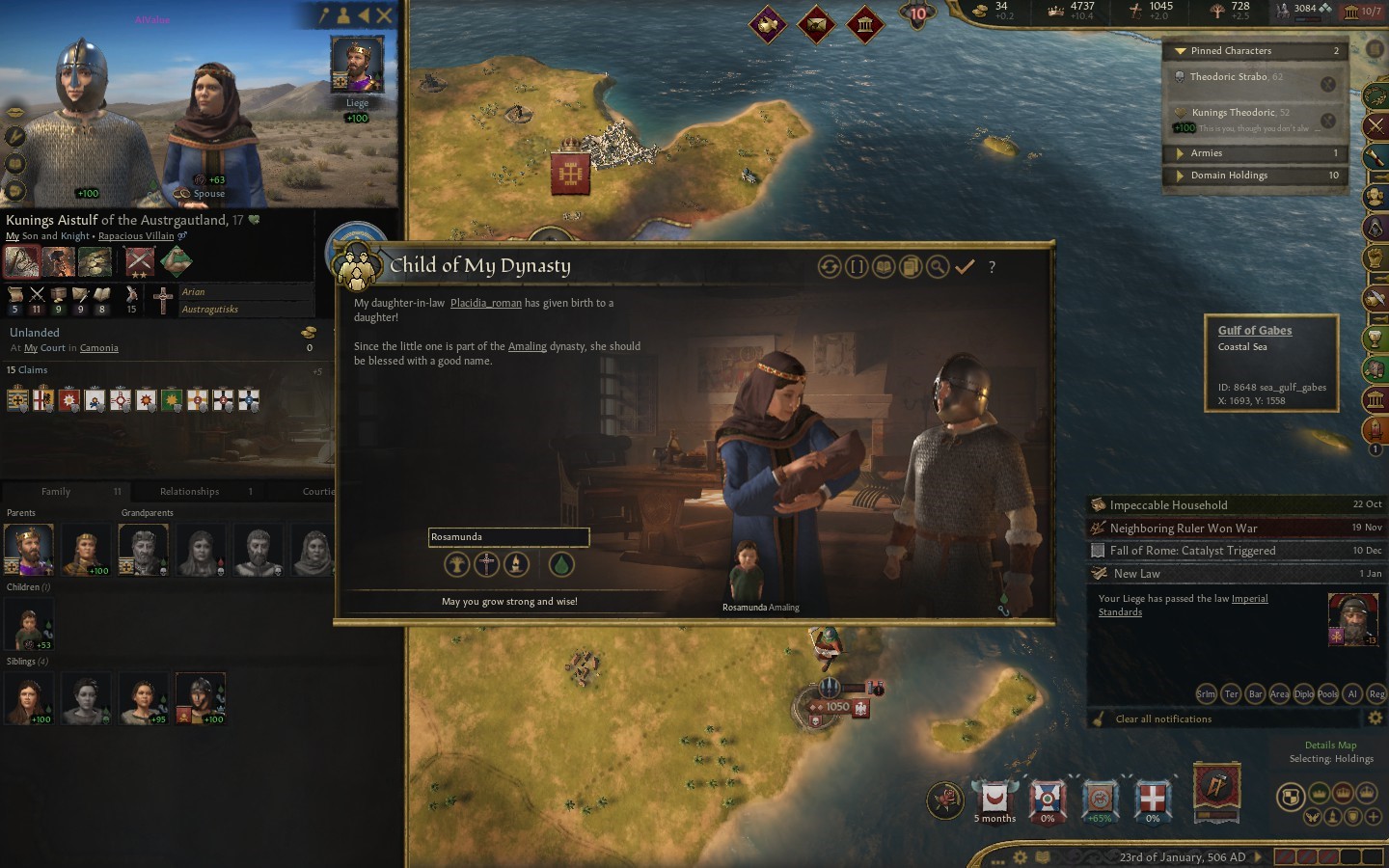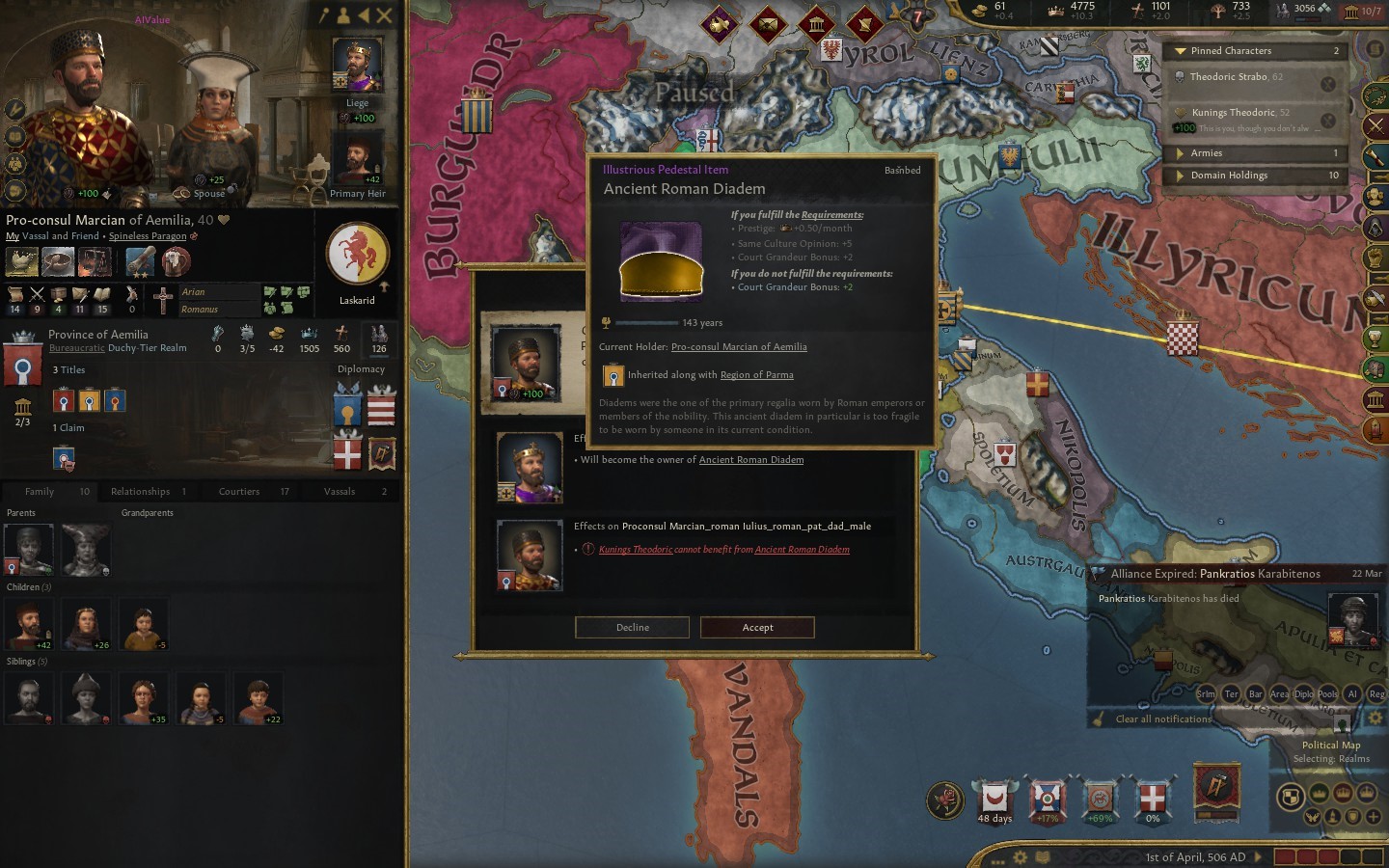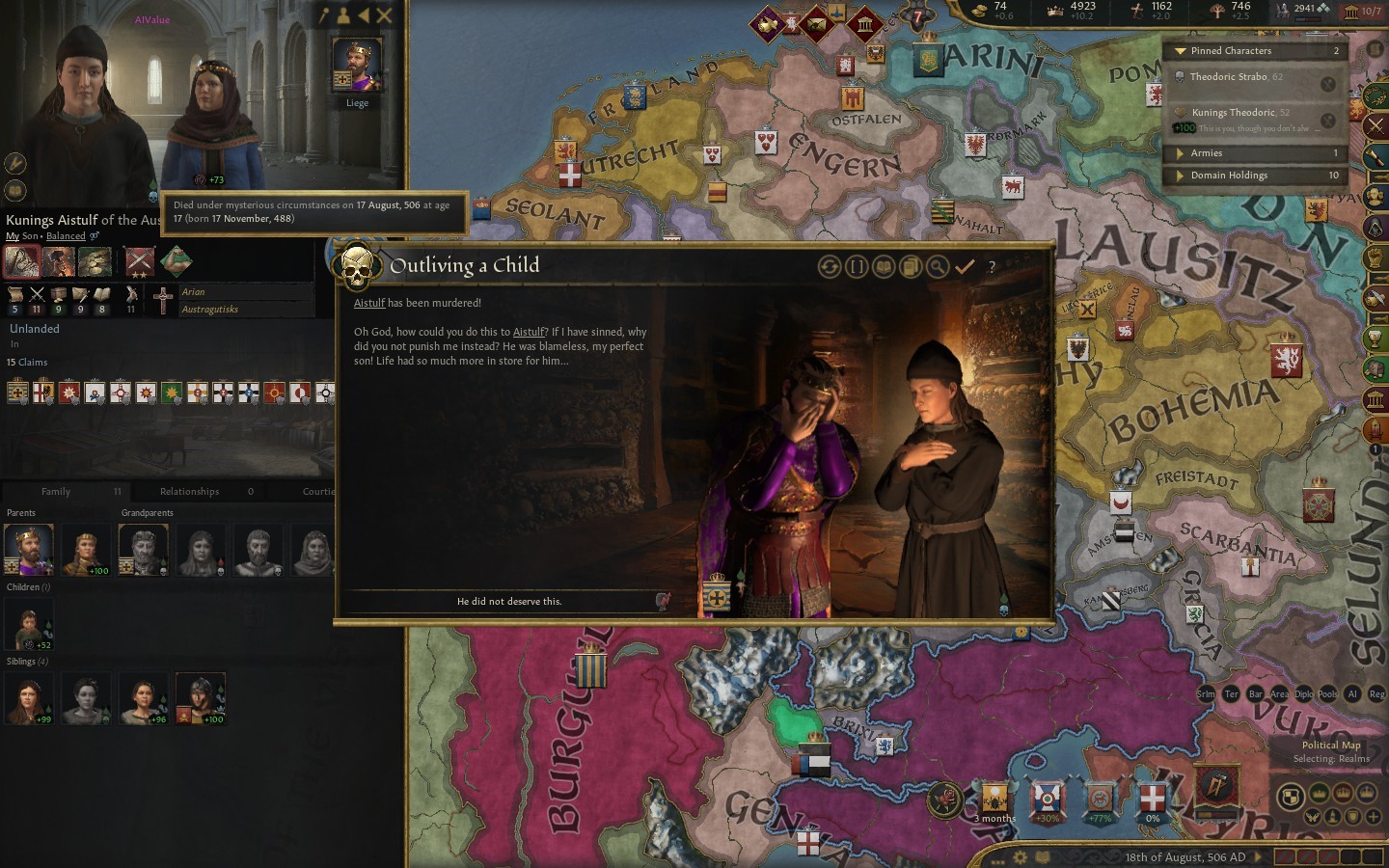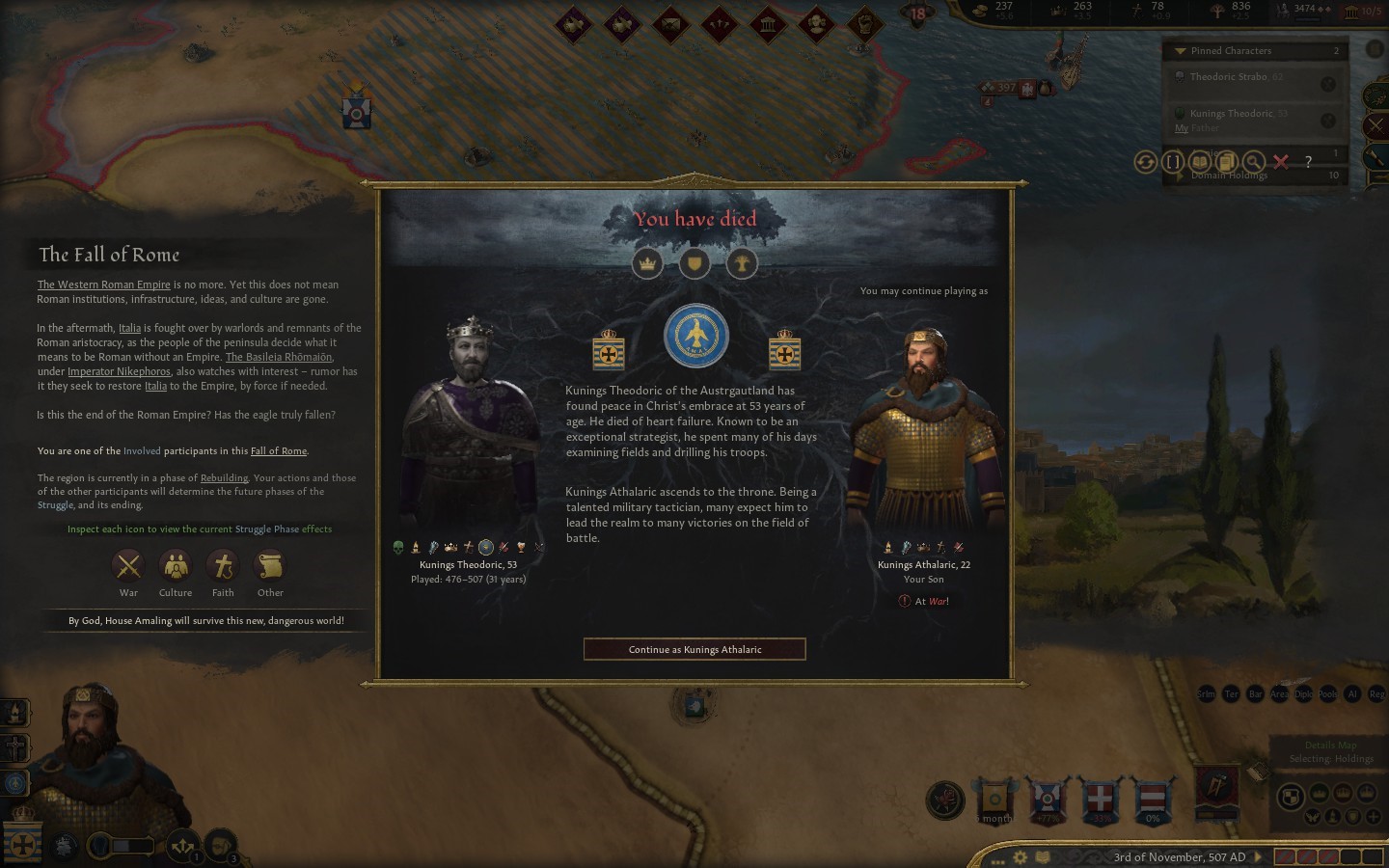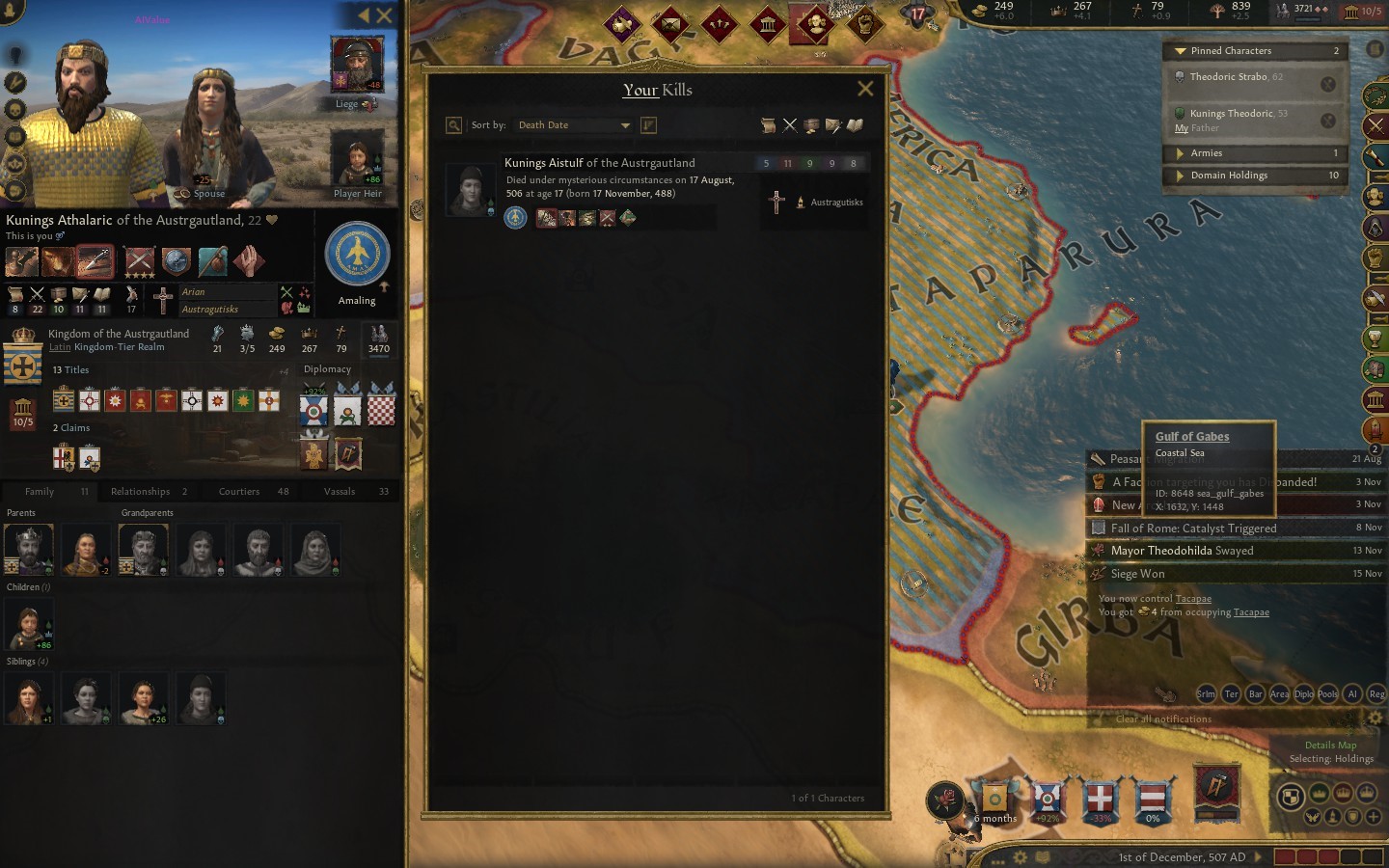"Volume 1: History of the Goths: 476-769"
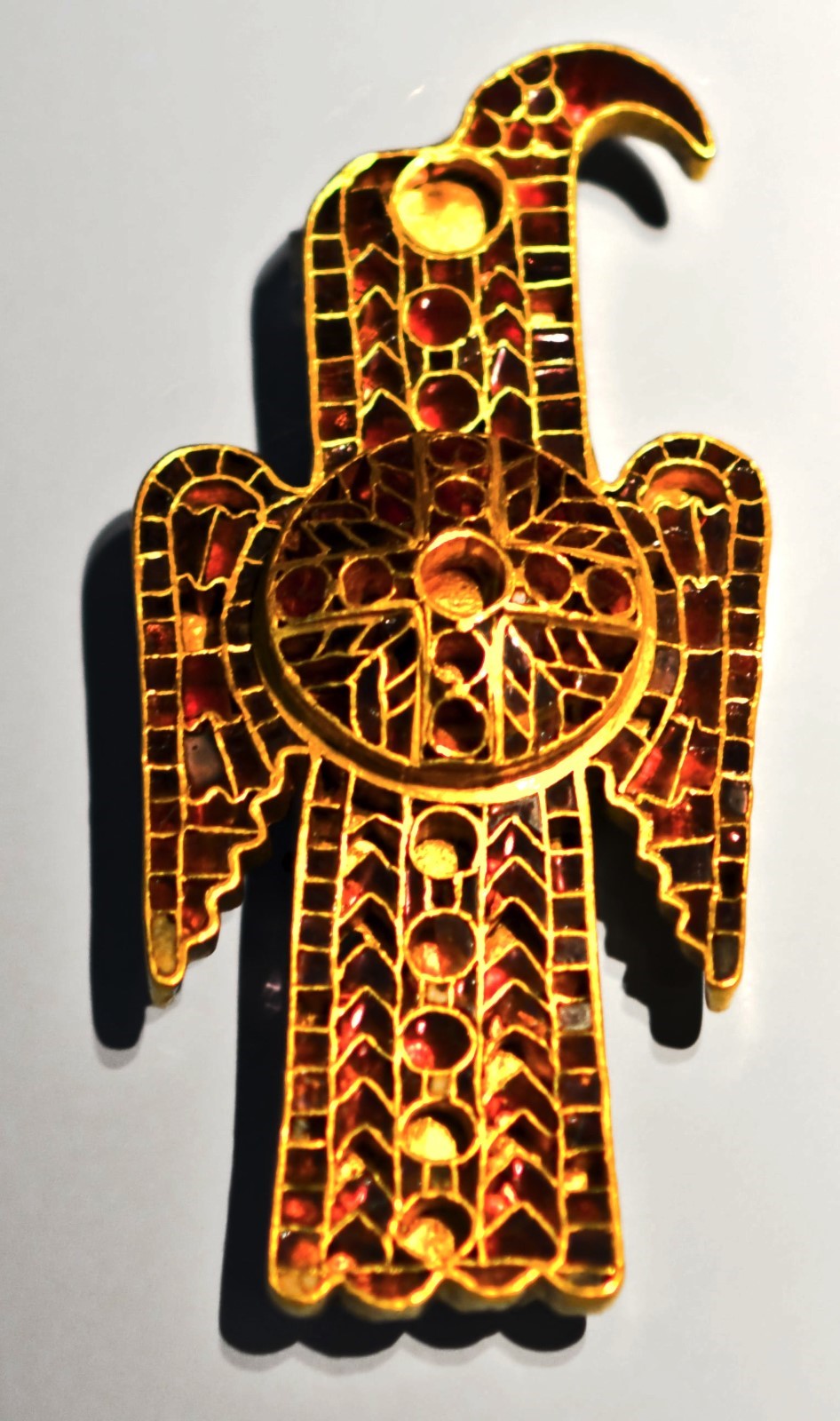
"Since I took Rome with my own hands, no one has dared to underestimate the power of the Goths." - Alaric, King of the Goths (395-410)
Psalms: "The Lord is my strength and my shield; my heart trusts in him, and he helps me. My heart leaps for joy, and with my song I praise him." - Psalm 28:7
Preface:
The history of the Goths is an epic that shaped the Western world, spanning centuries of conquests, alliances, and cultural changes from their rise in the twilight of the Roman Empire to their enduring influence in Europe. This work is divided into four volumes, each narrated through the perspectives of four different chroniclers: Gothic, Byzantine, Islamic, and finally Hebrew. These diverse viewpoints and cultural contexts from their respective times perceived the people who changed the history of Western and Middle Eastern civilizations.
Prologue
At the twilight of the 5th century, the world found itself amidst a whirlwind of chaos and transformation. The majestic pillars of the Western Roman Empire, which had upheld civilization for centuries, crumbled under the weight of barbarian invasions and internal crises. In the fateful year of 476, Romulus Augustulus, the last emperor, was deposed by Odoacer, a Germanic leader whose sword ended an era and marked the beginning of another.
Italy, the heart of ancient Rome, now lay under Odoacer's dominion. He ruled in the name of the Eastern Emperor, Zeno, yet wielded absolute power. Meanwhile, in the distant lands of the East, the Ostrogoths, a proud and warrior-like branch of the Goths, prepared to write their own chapter in history.
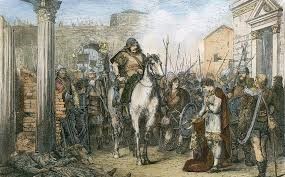
Theodoric, known as Theodoric the Great, ascended to the throne of the Ostrogoths in 474. Raised as a hostage in the splendid Constantinople, Theodoric had learned the arts of war and diplomacy at the emperor's court. Now, as leader of his people, his gaze turned towards Italy, a wealthy and fragmented land ripe for the taking.
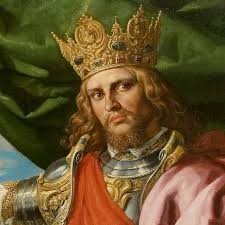
Thus begins our chronicle, on the threshold of a new era where ancient gods and heroes yield their place to new figures of power and glory. This is the tale of the Goths, descendants of Gothus, heirs to a legacy forged on the steppes and cemented in the fires of battle. Here unfolds their story, from the collapse of the Western Roman Empire to the grand aspirations of Theodoric and beyond.
In this Anno Domini 476, destinies intertwine, and the Goths, with their steel and determination, prepare to reclaim their place in the eternal tapestry of history.
Hello, this is my first AAR and I've been on this site for many years. I'd like to throw my hat in the ring and feedback would be greatly appreciated.
We'll be playing as the Ostrogoths in the Fallen Eagle mod.
The AAR will be divided into four volumes: the first will cover 476-769, the second 769-1000, the third 1000-1200, and the fourth 1200-1453.
Mods used: Historic Invasion, Clear Notification, Rice, Flavor Pack submod Fallen Eagle, More Cultural Names, Better Barbershop, Buffed Mongol Invasion.
Primary objectives:
- Conquer the Kingdom of Italy.
- Control the Western Mediterranean.
- Reform Christianity for the Ostrogoths and make it the dominant religion in Europe.
- Play from 476 to 1453.
- 3
- 2


